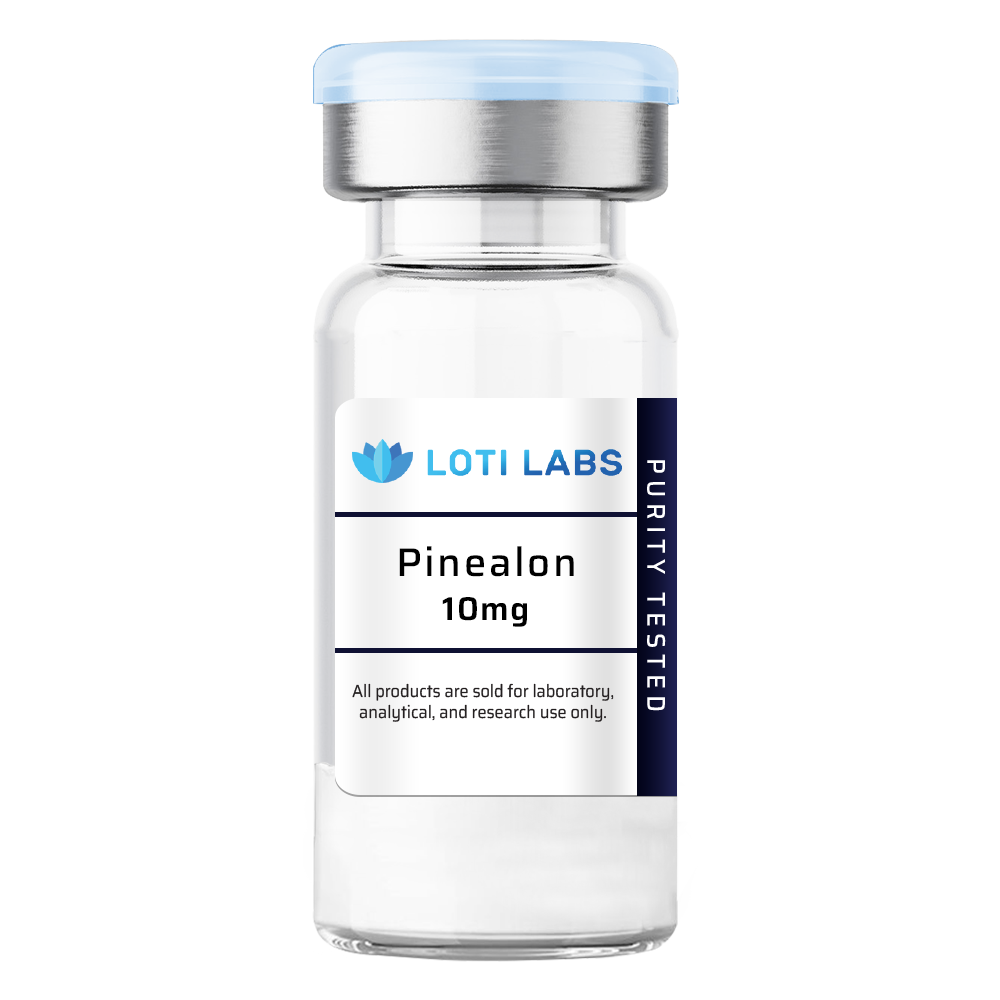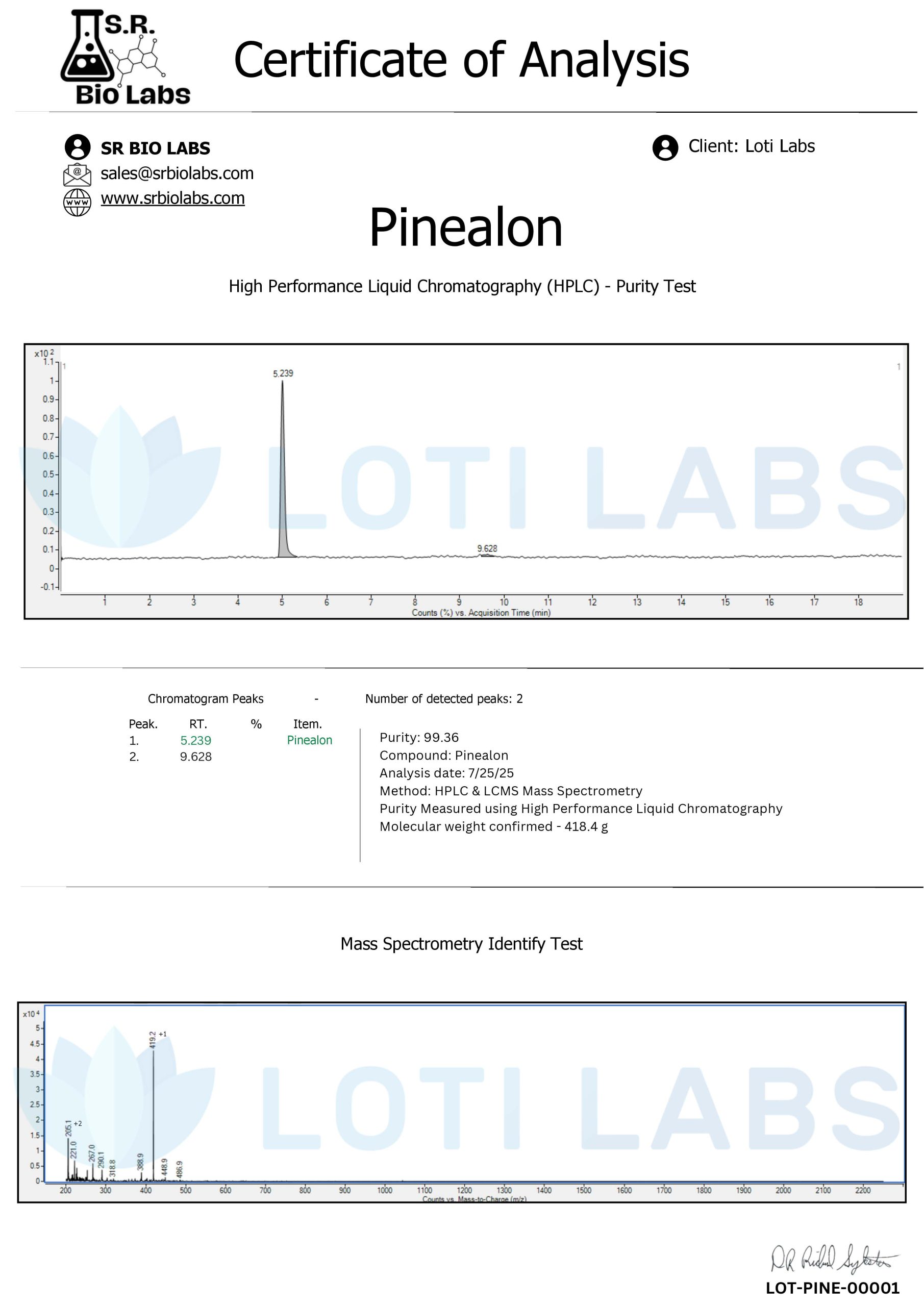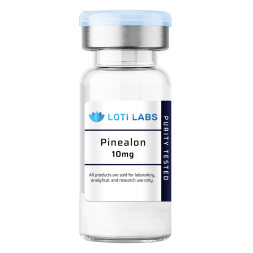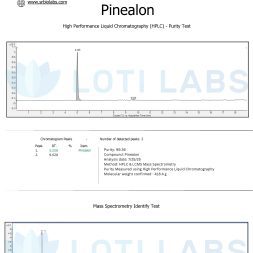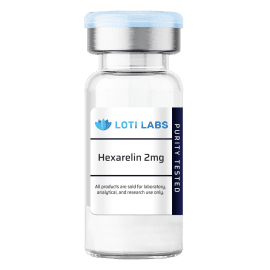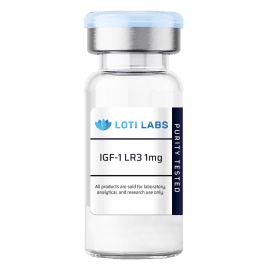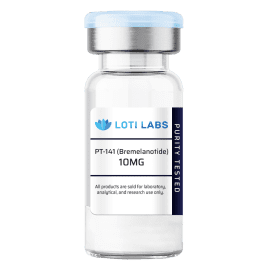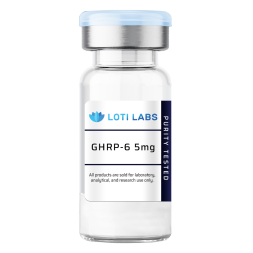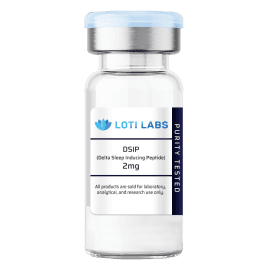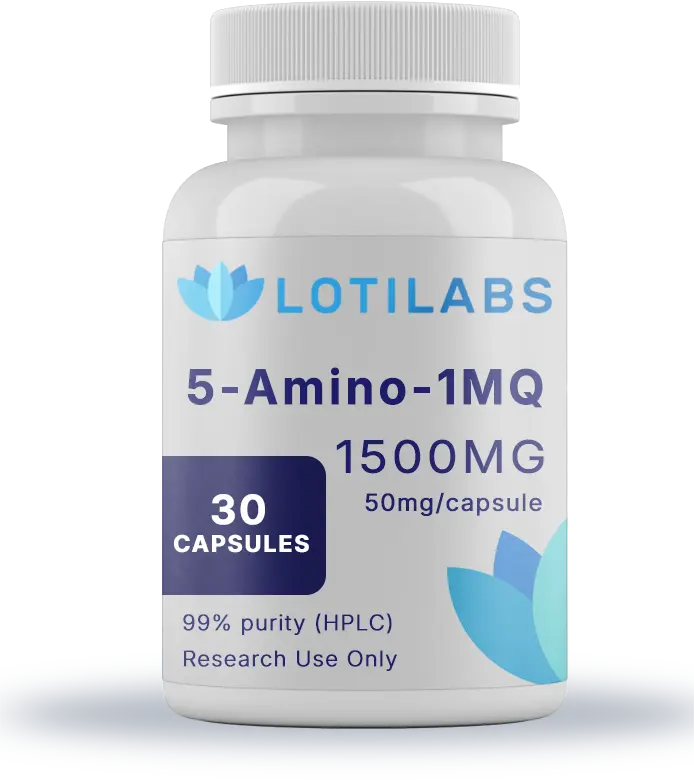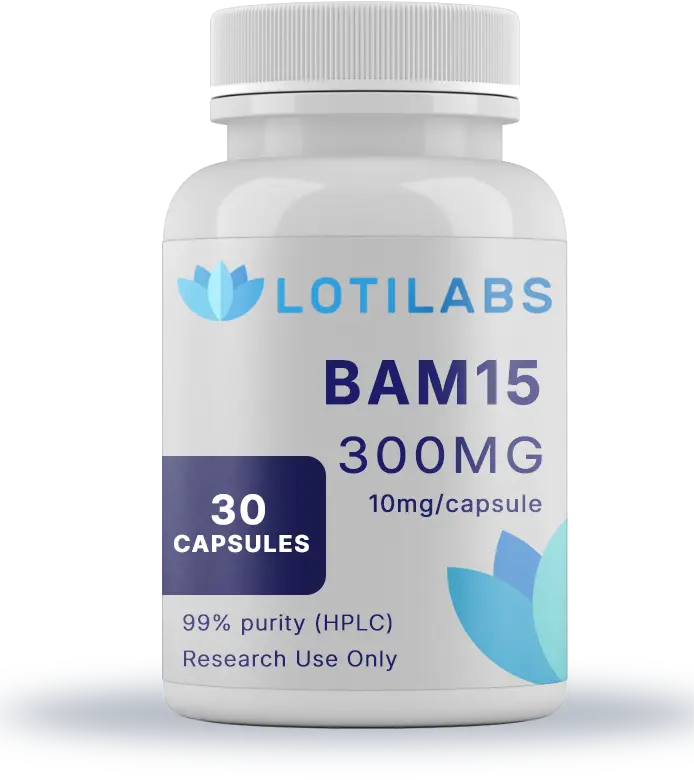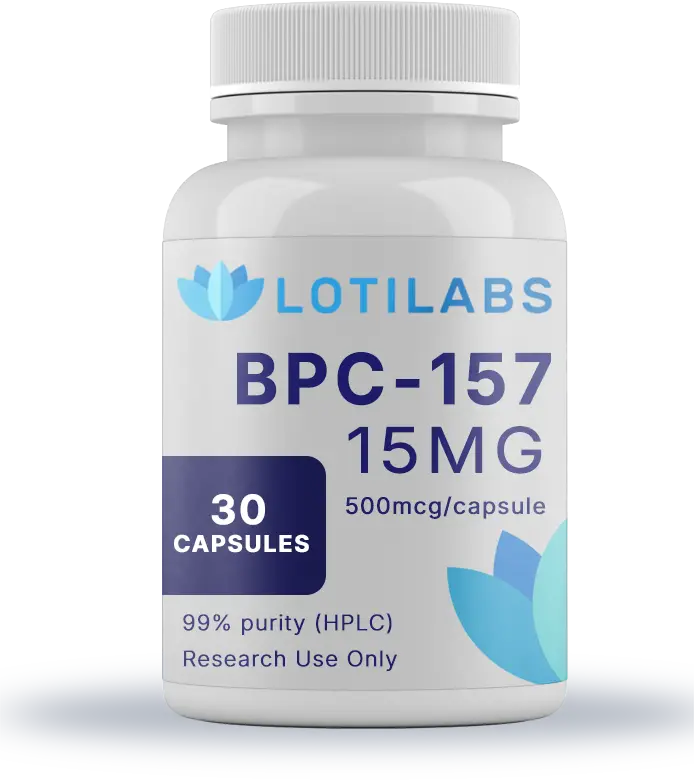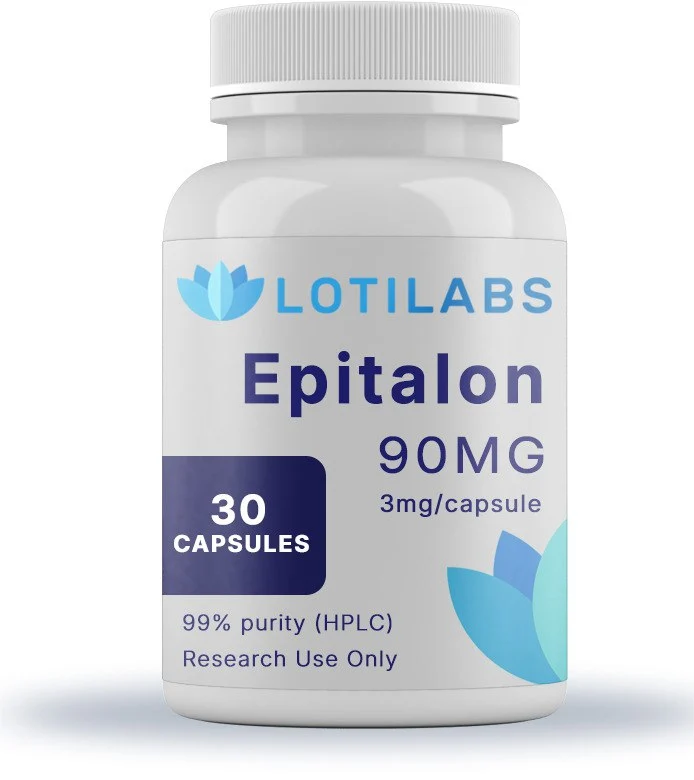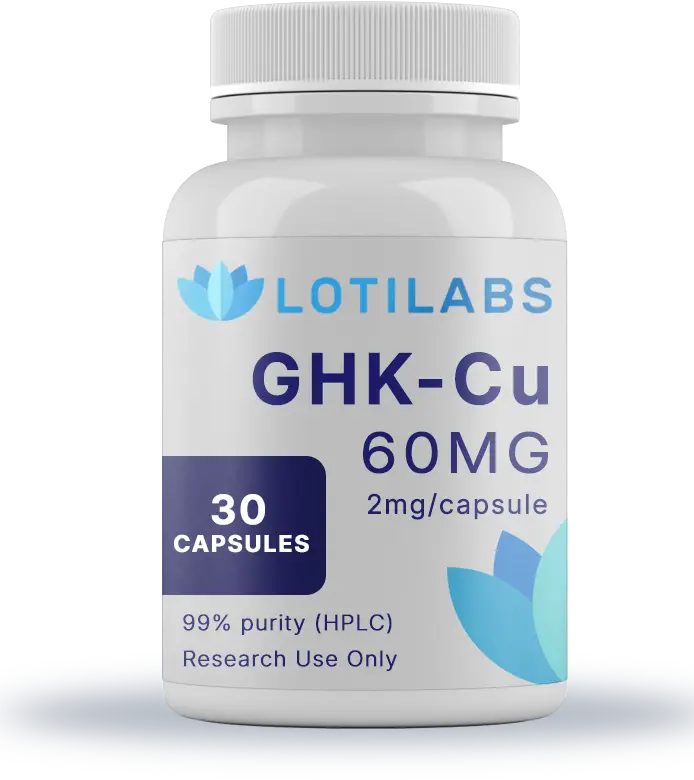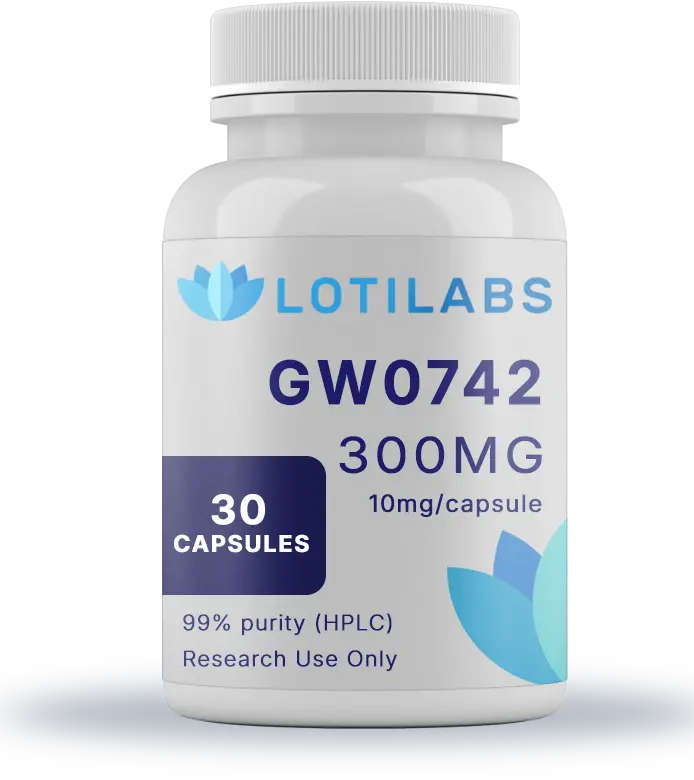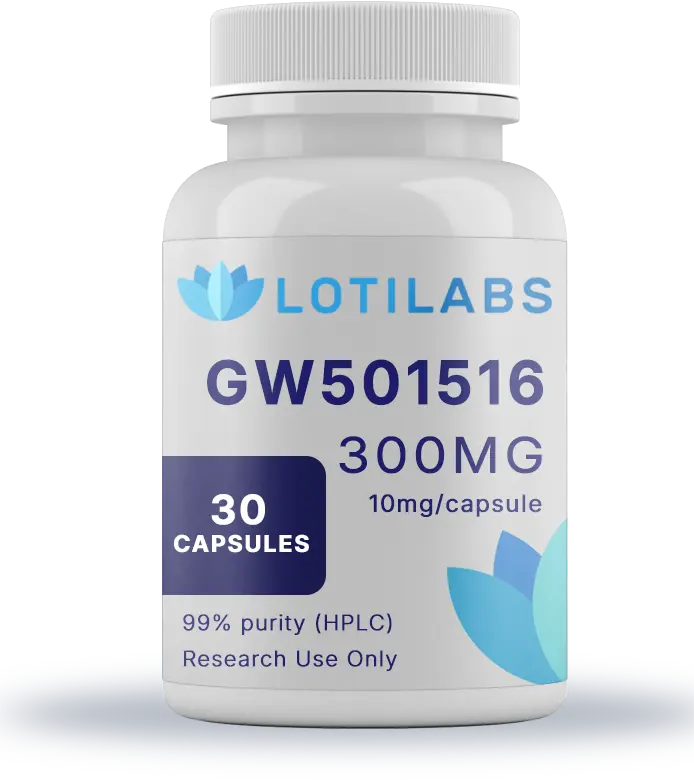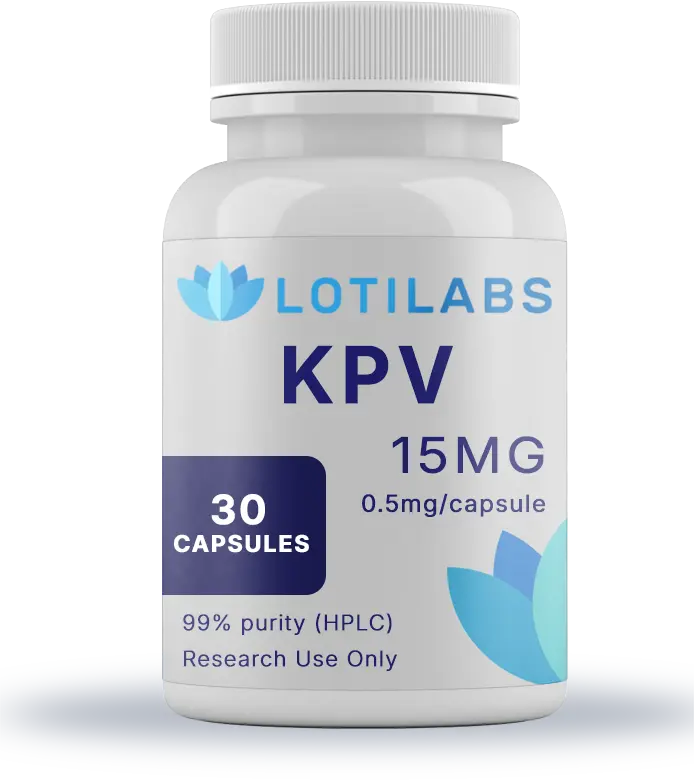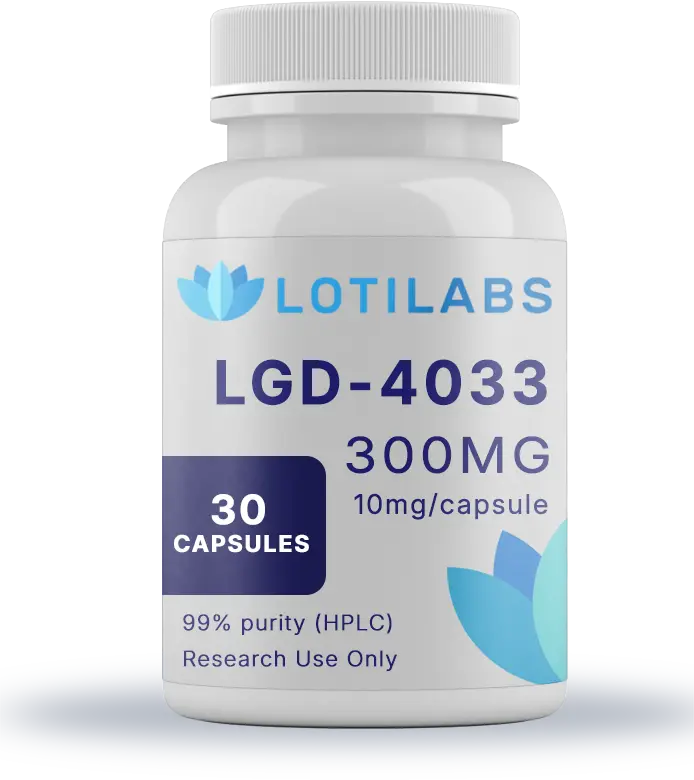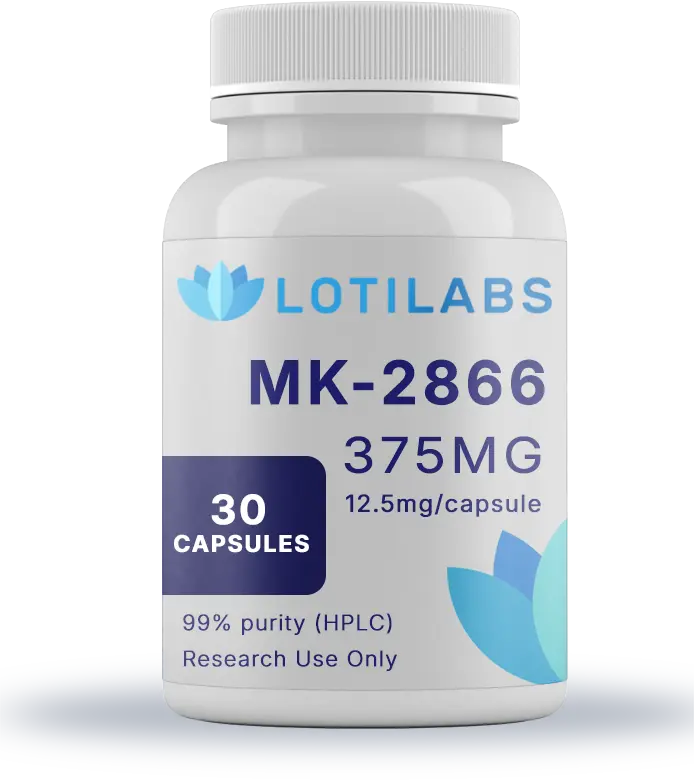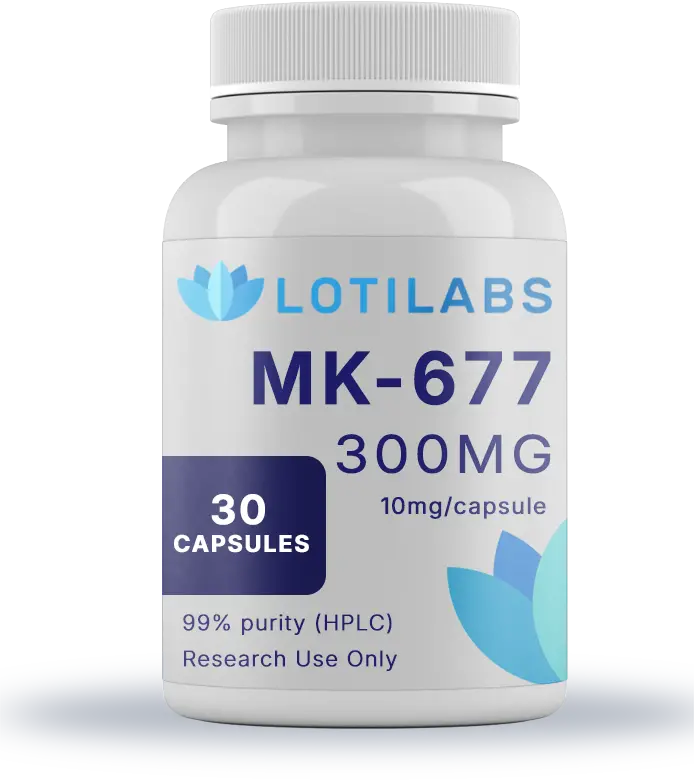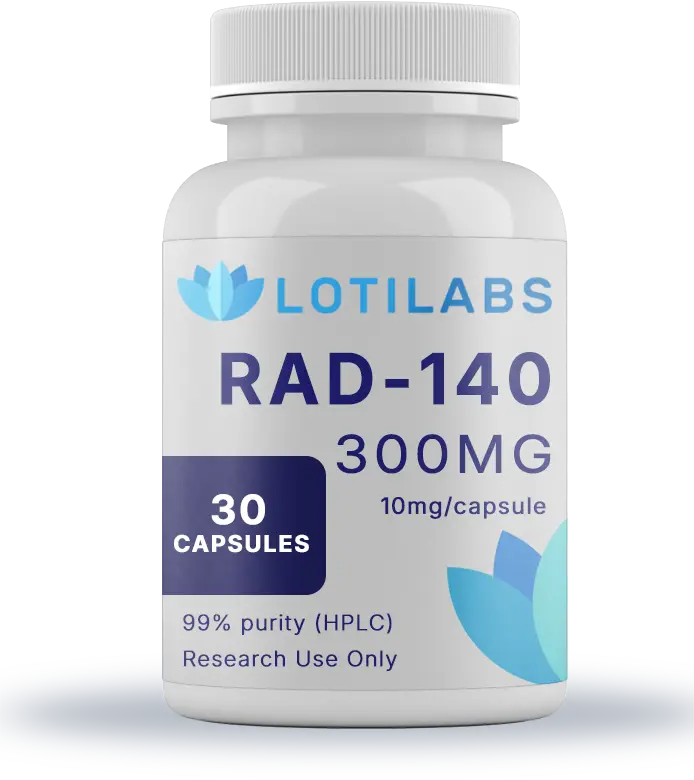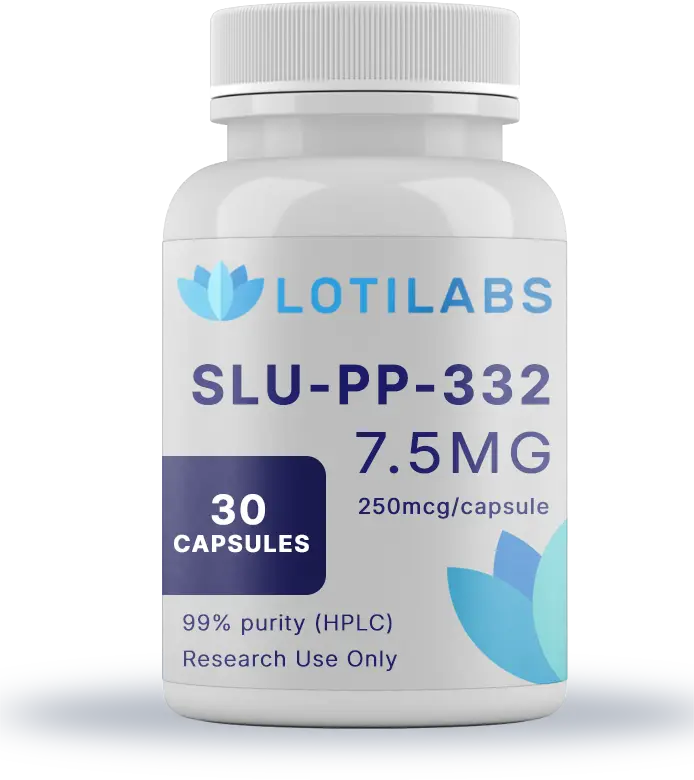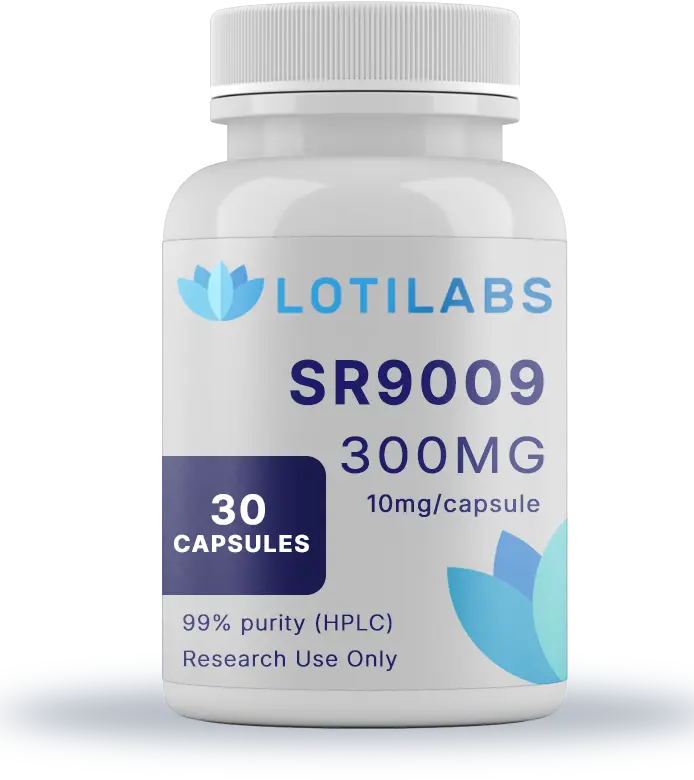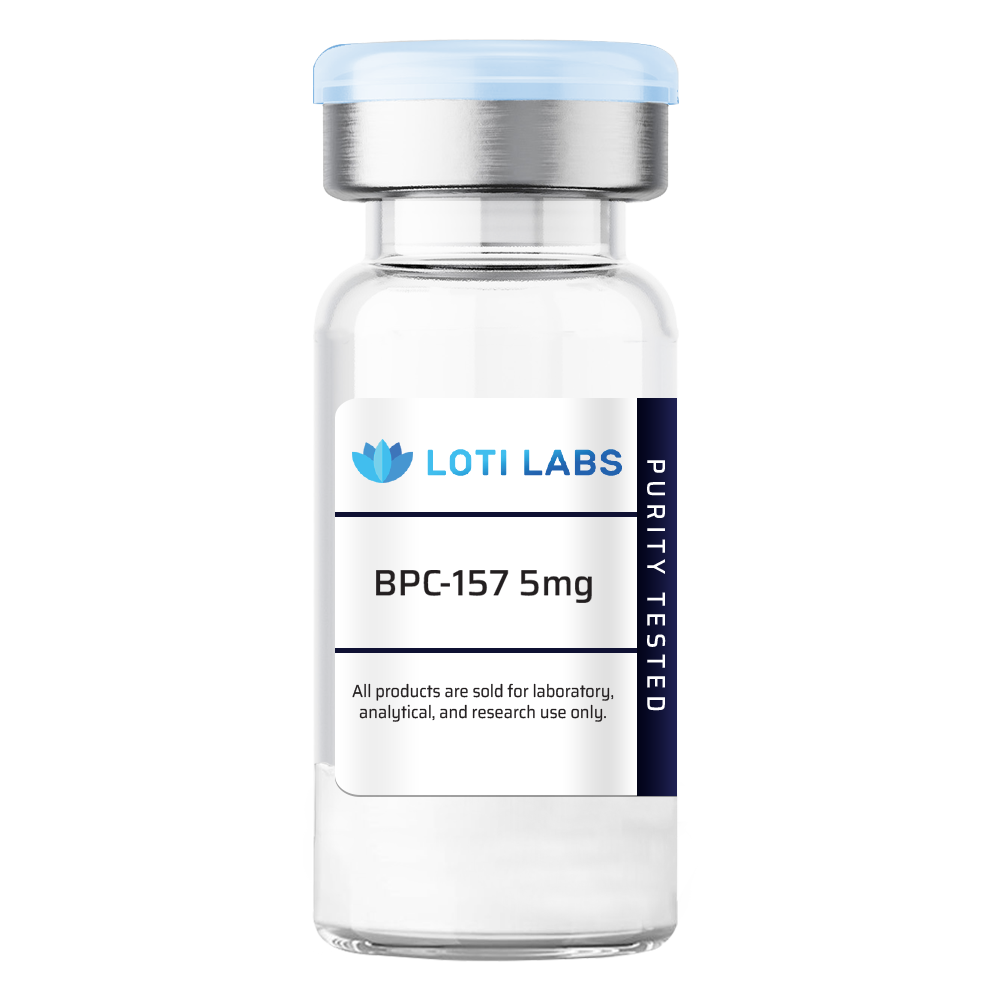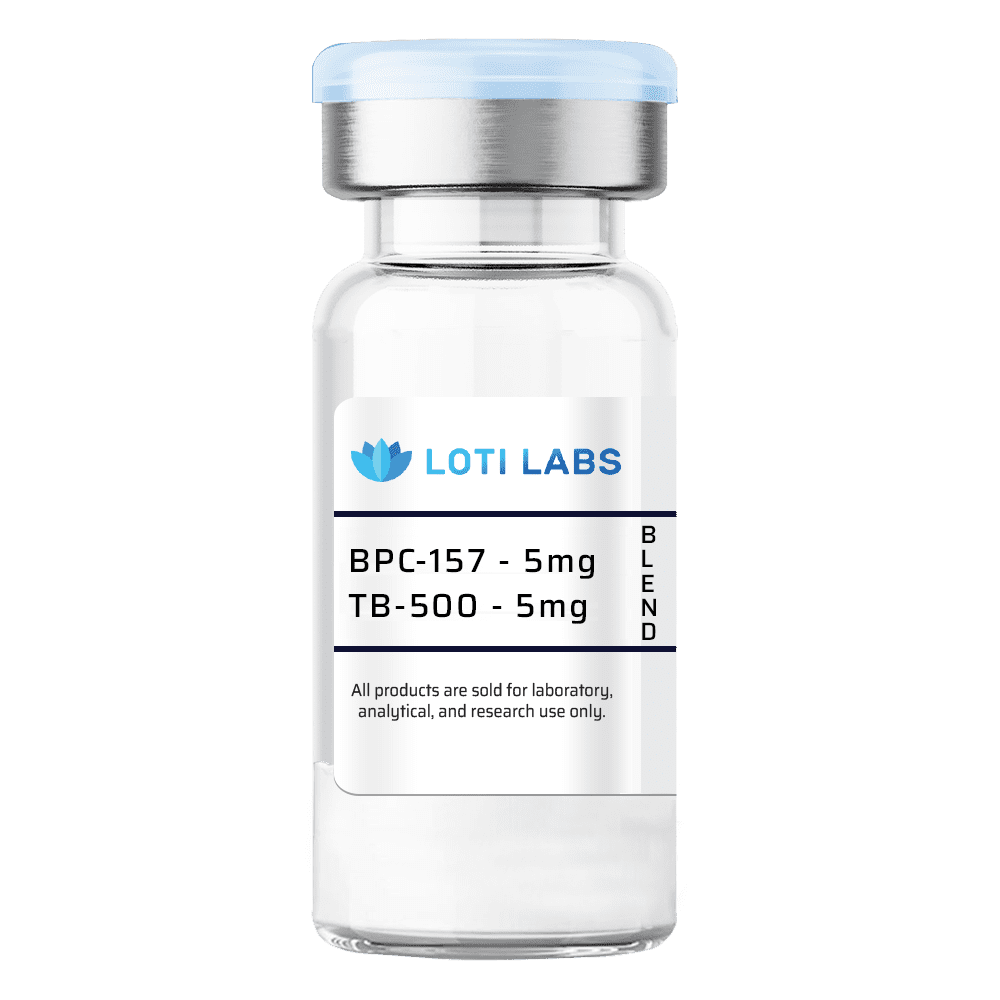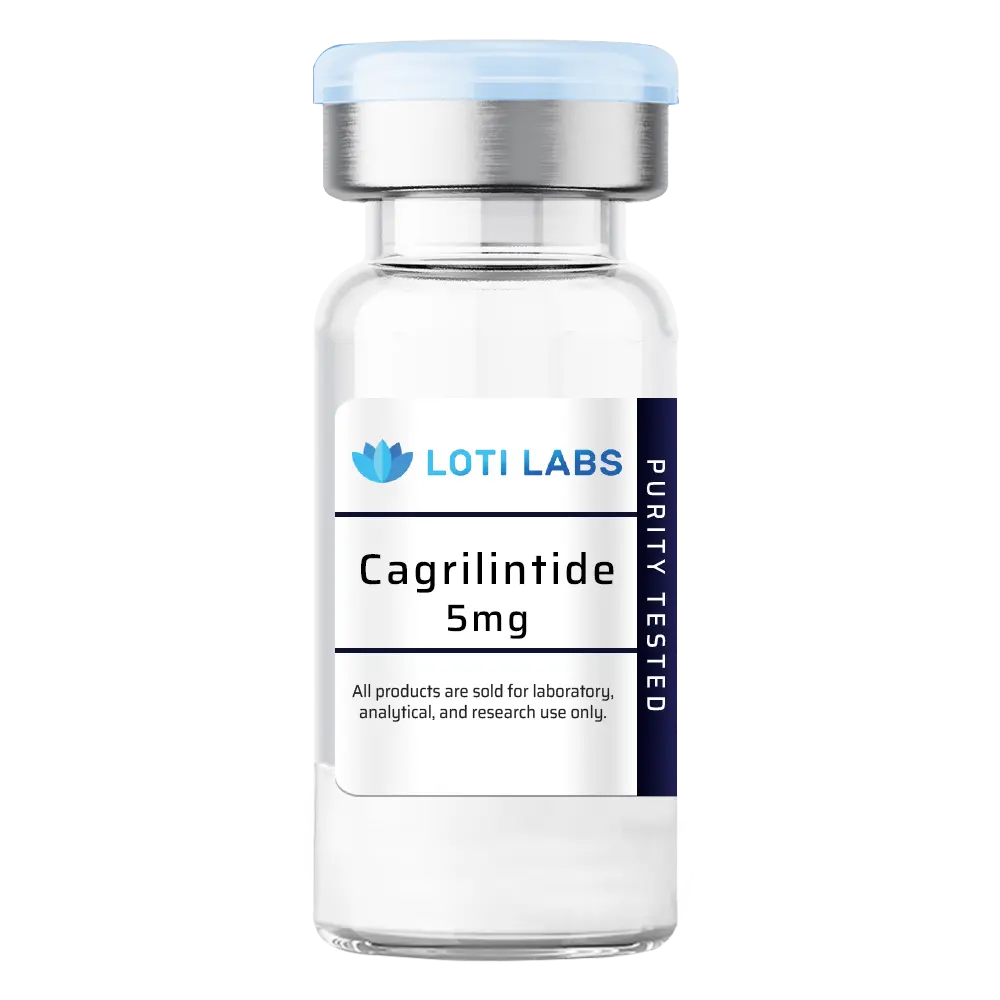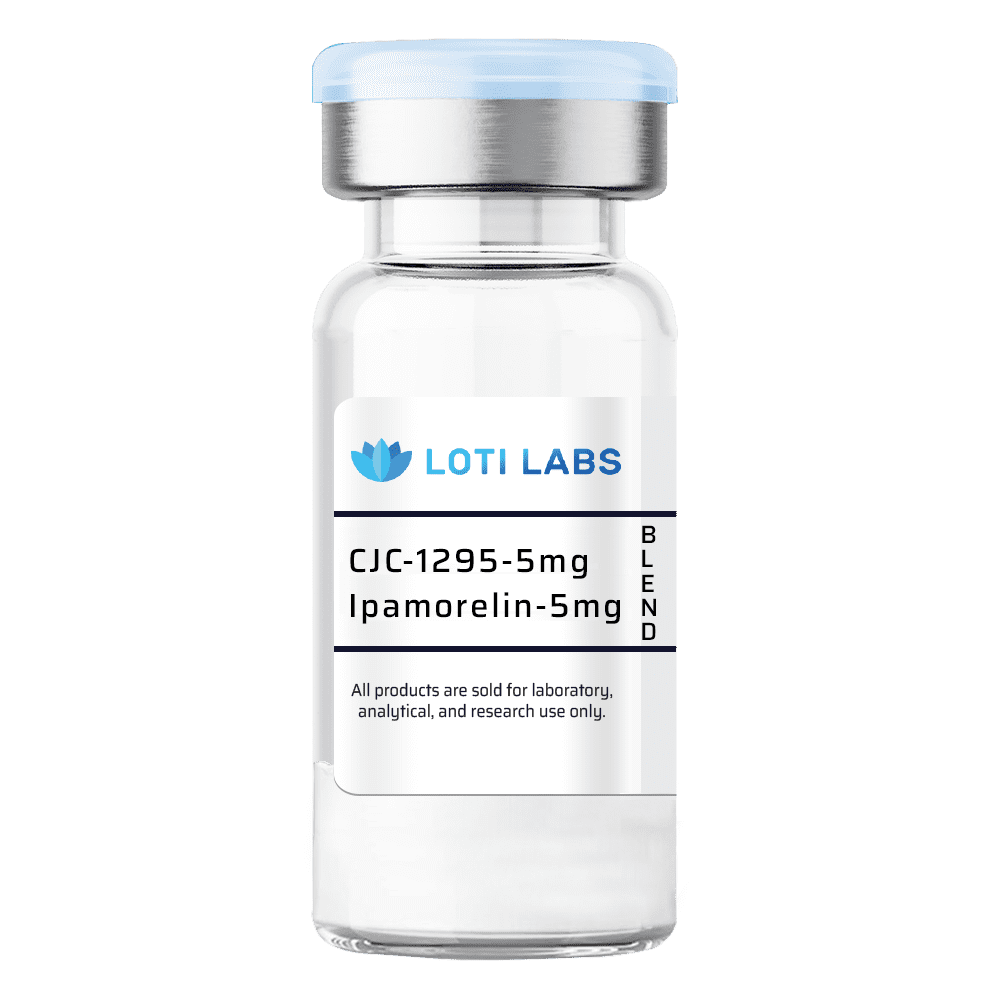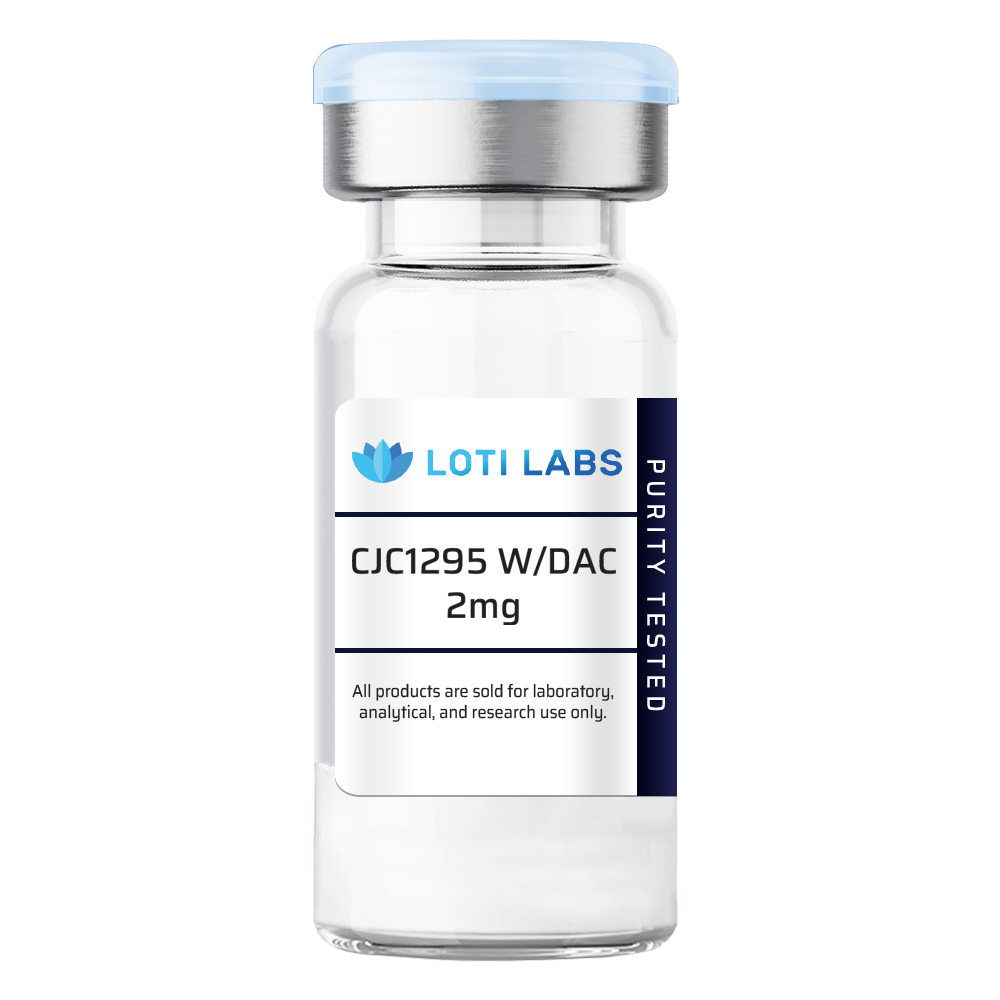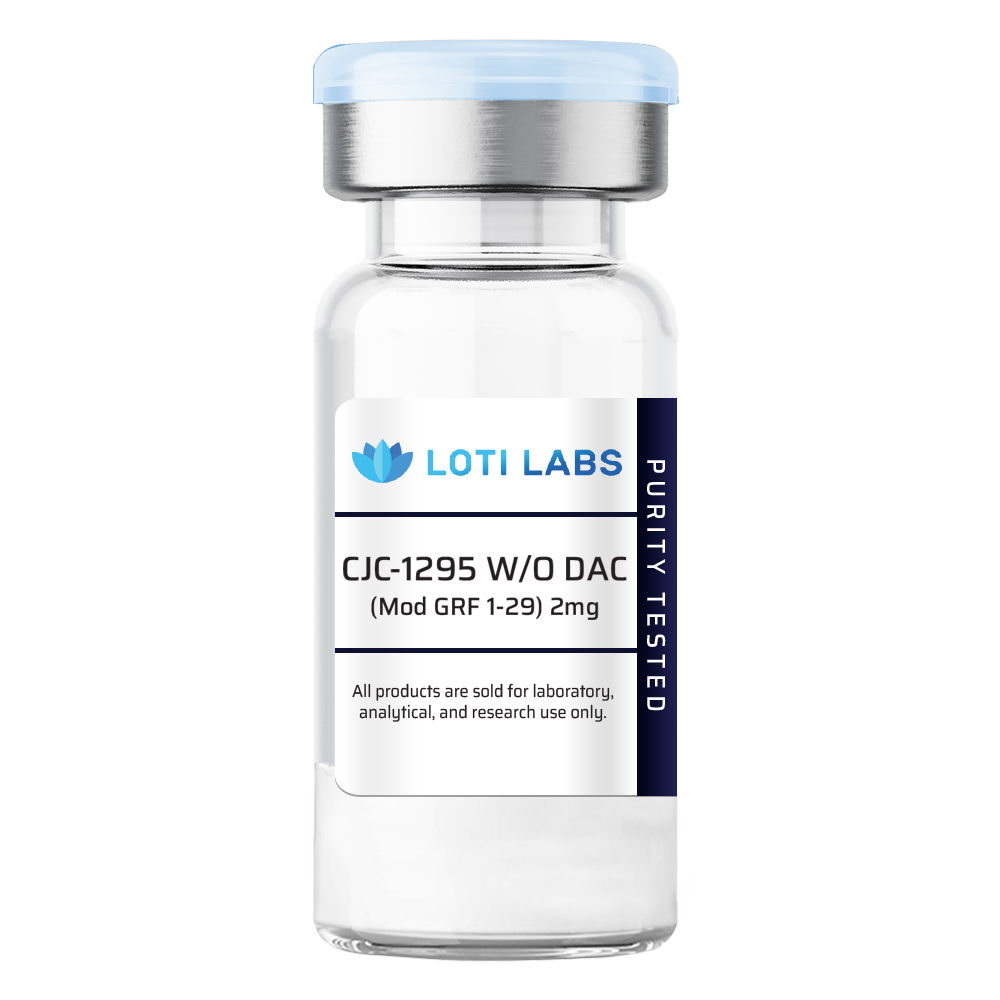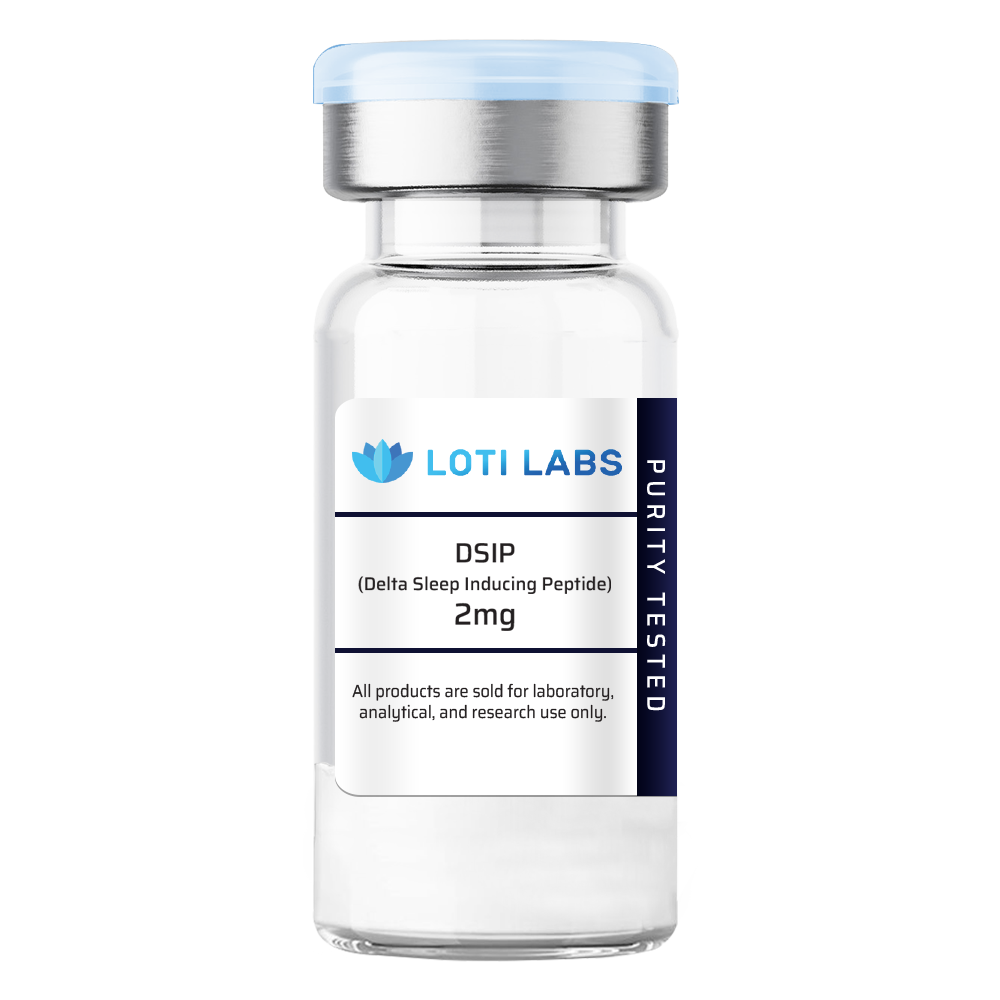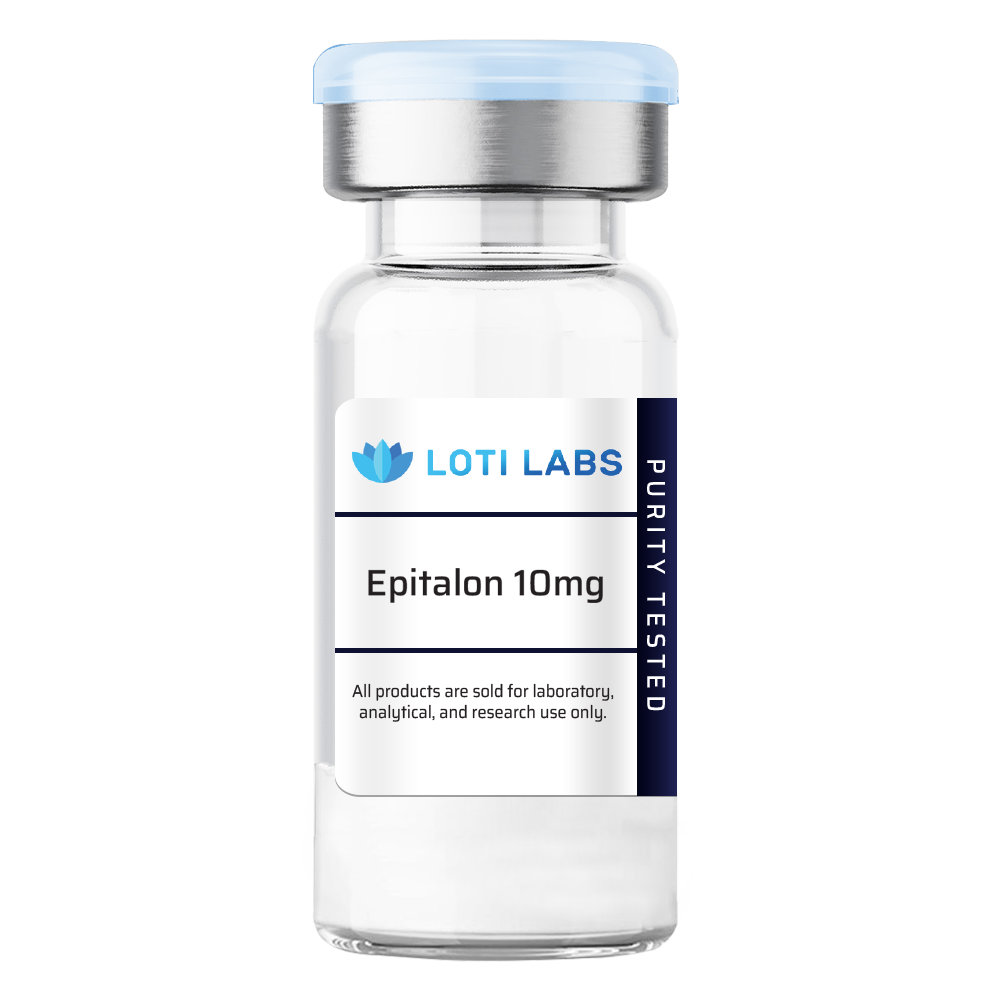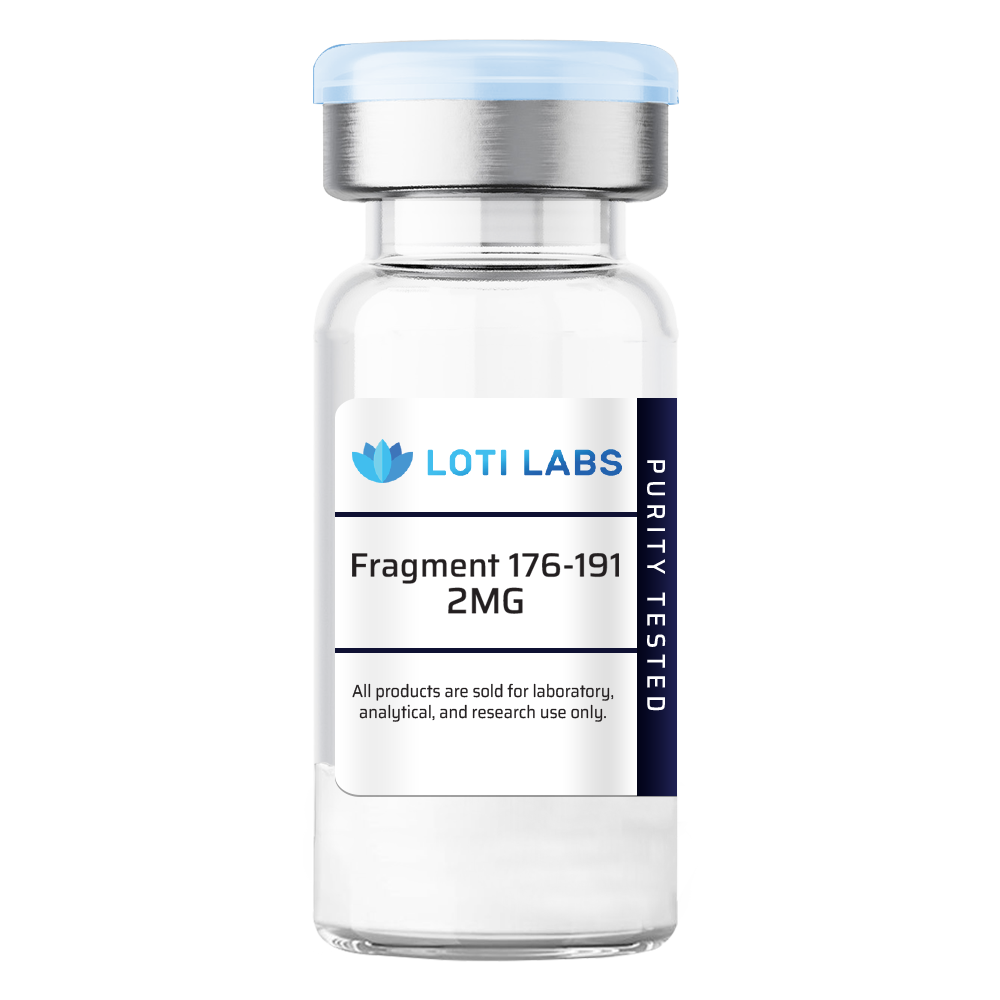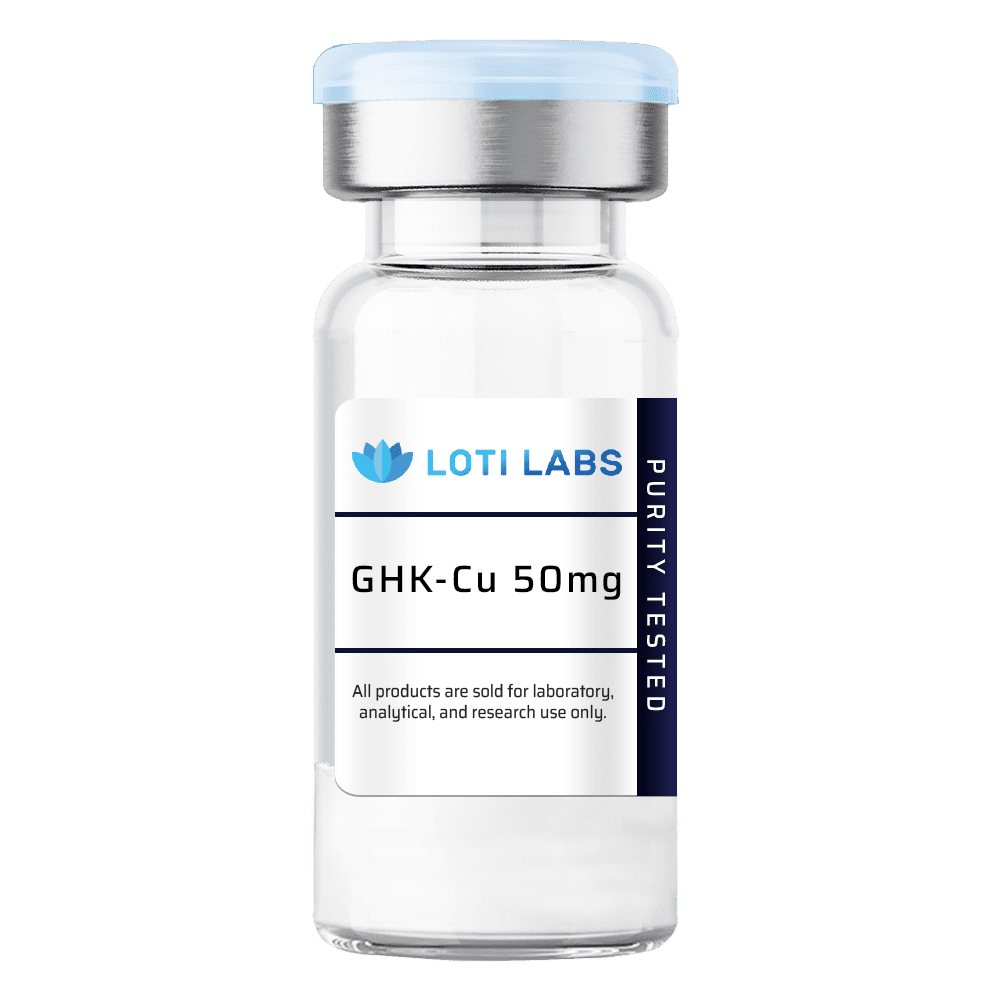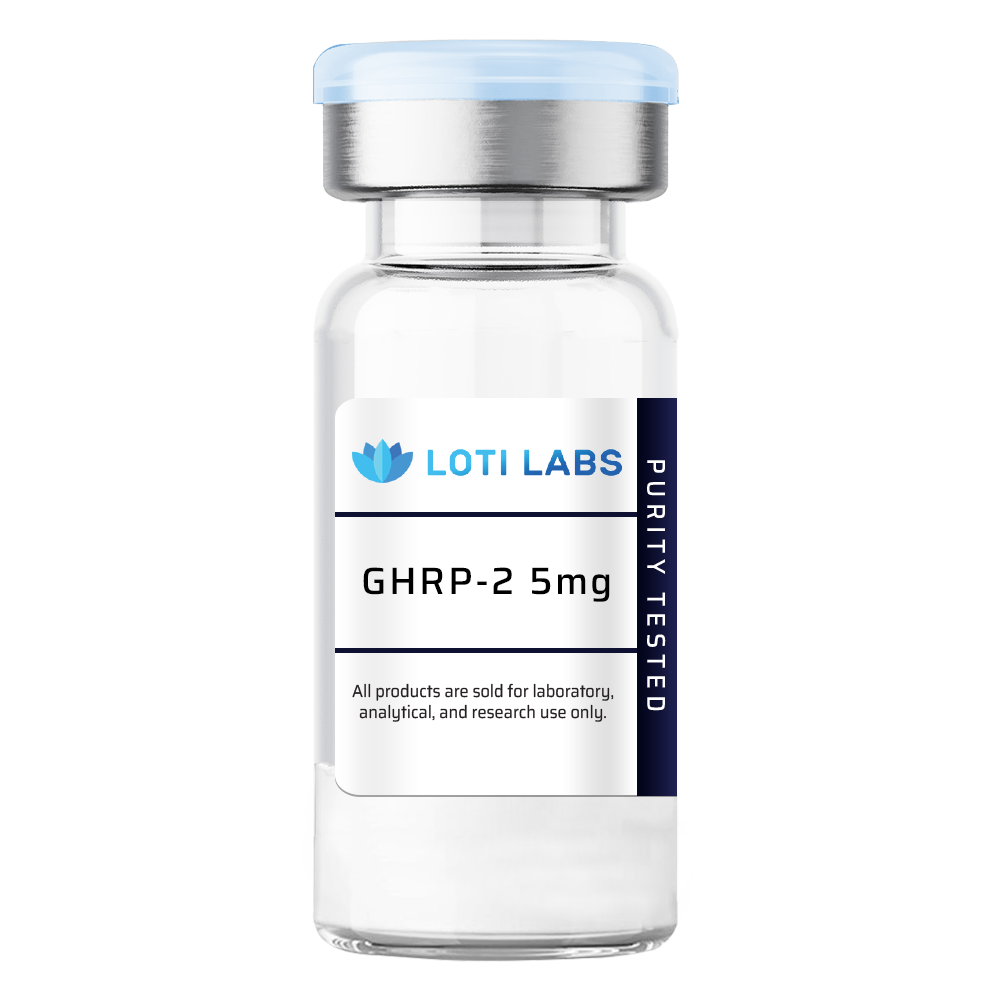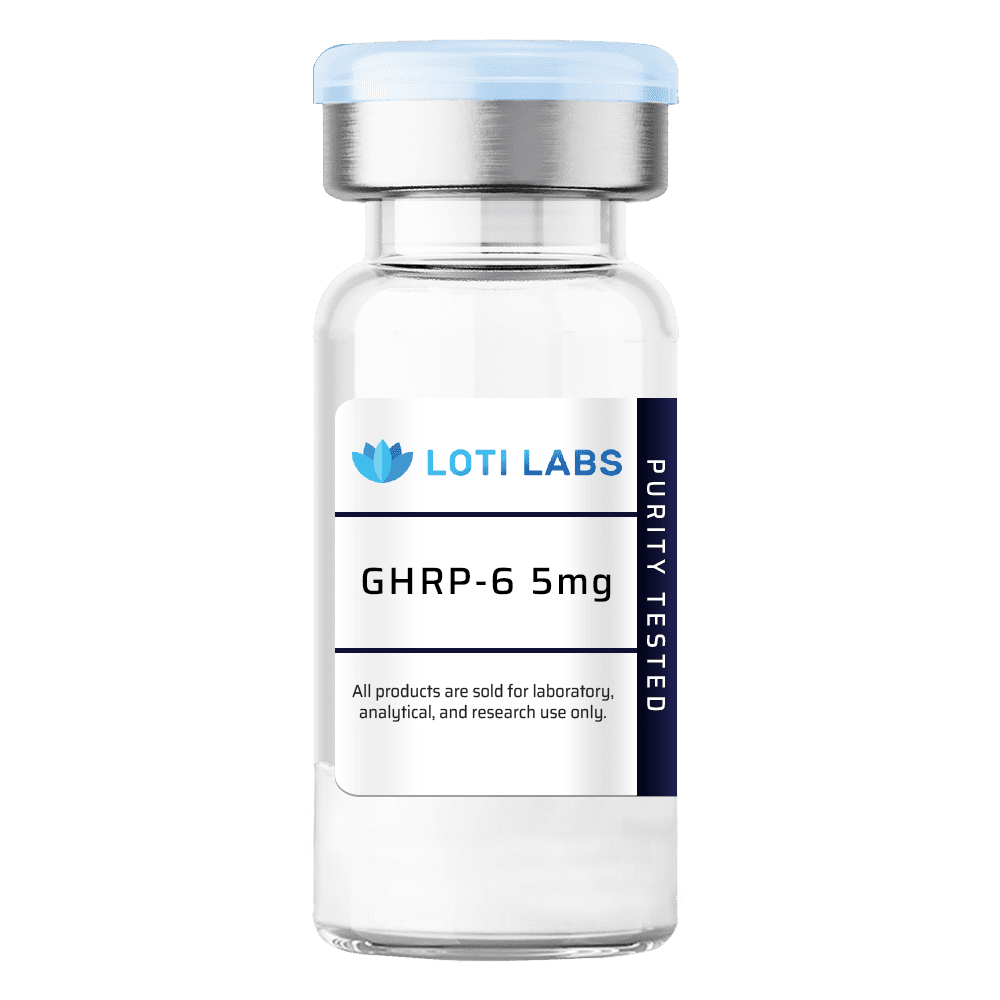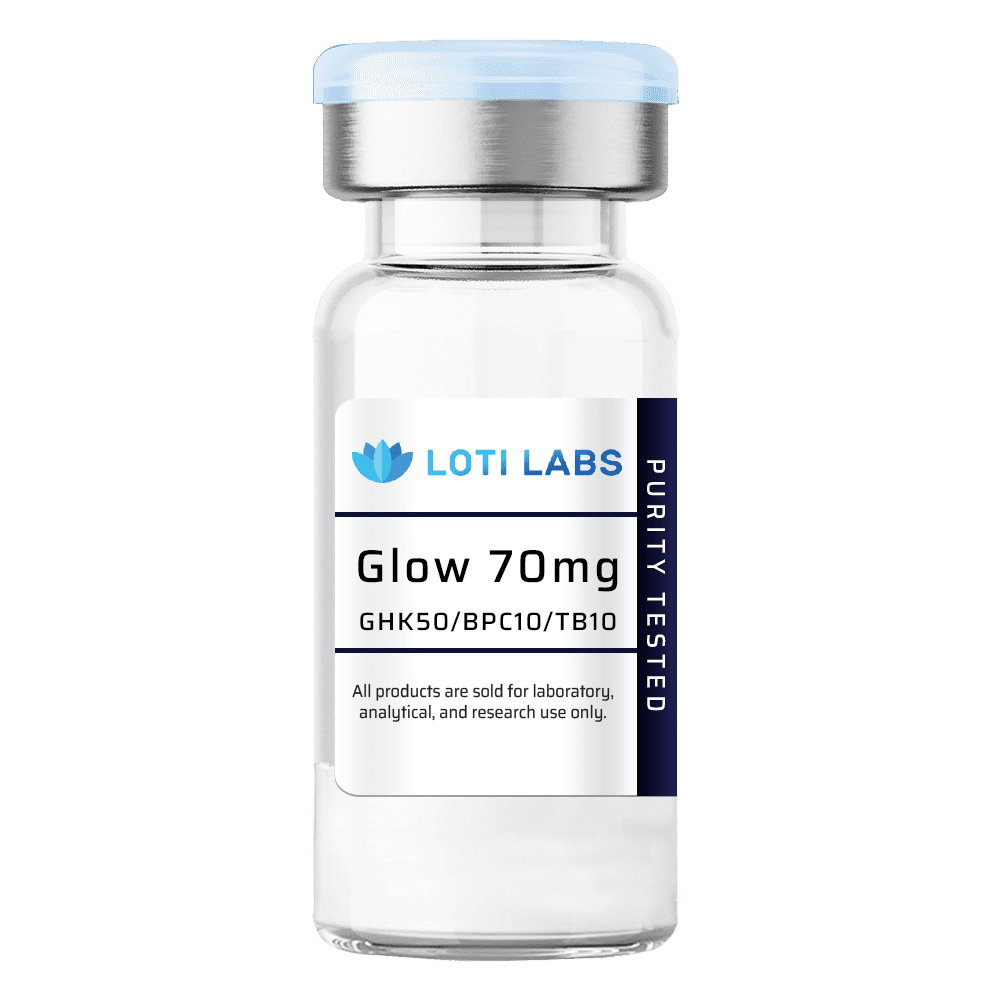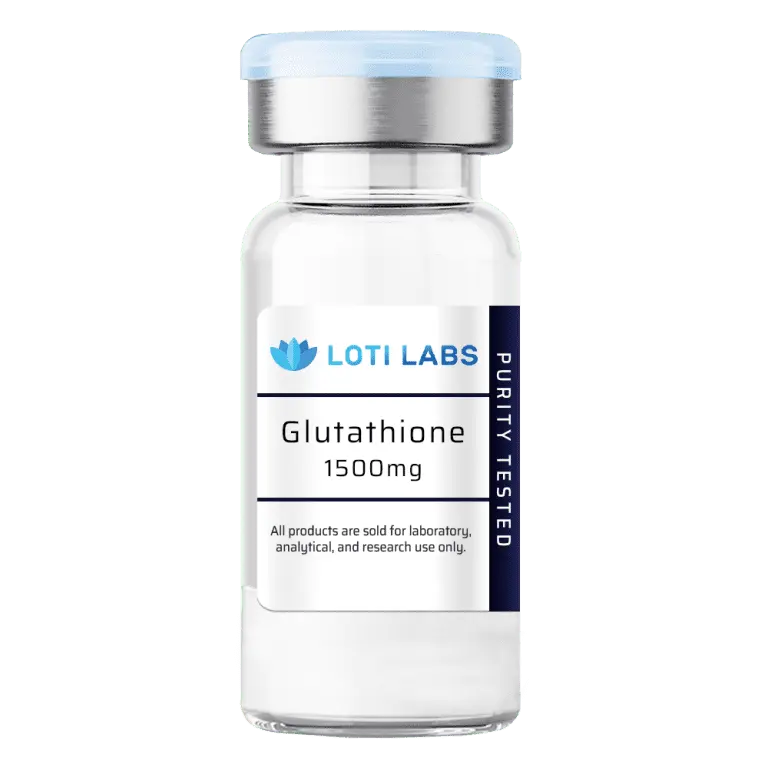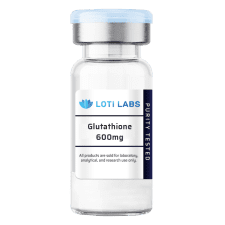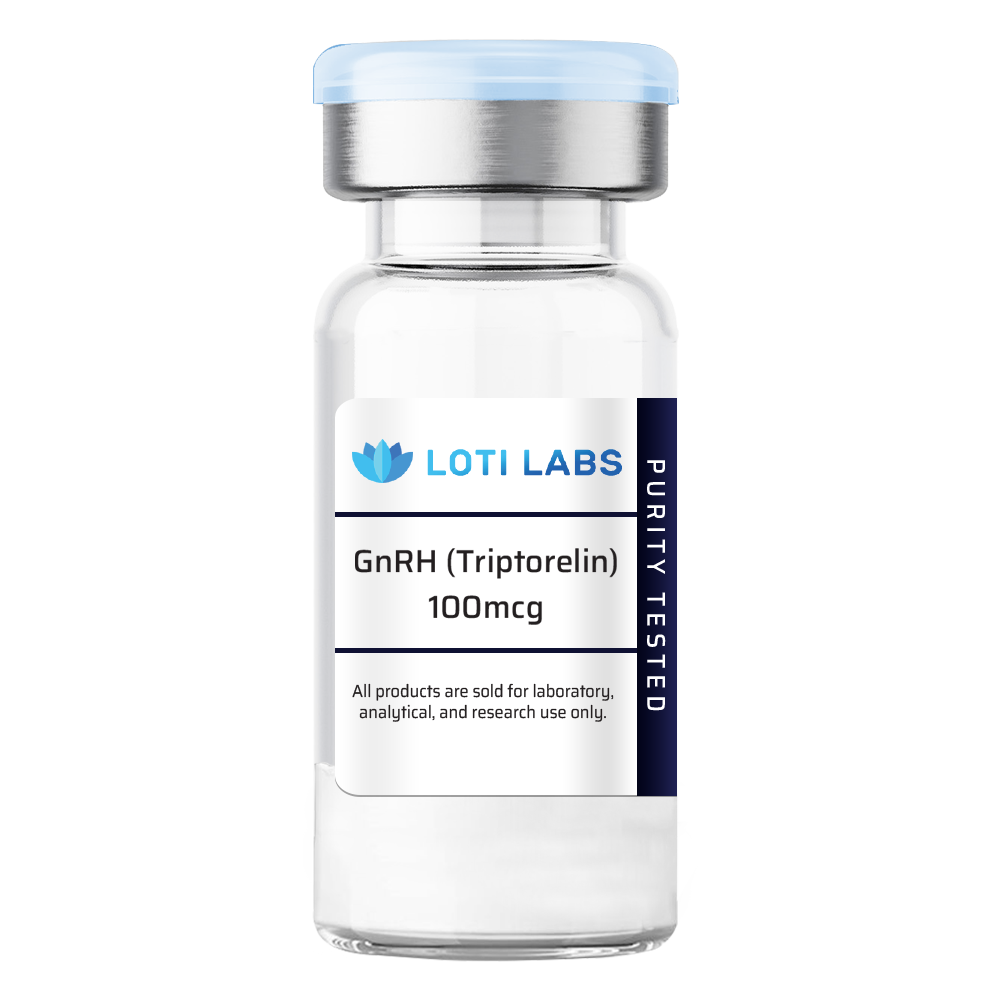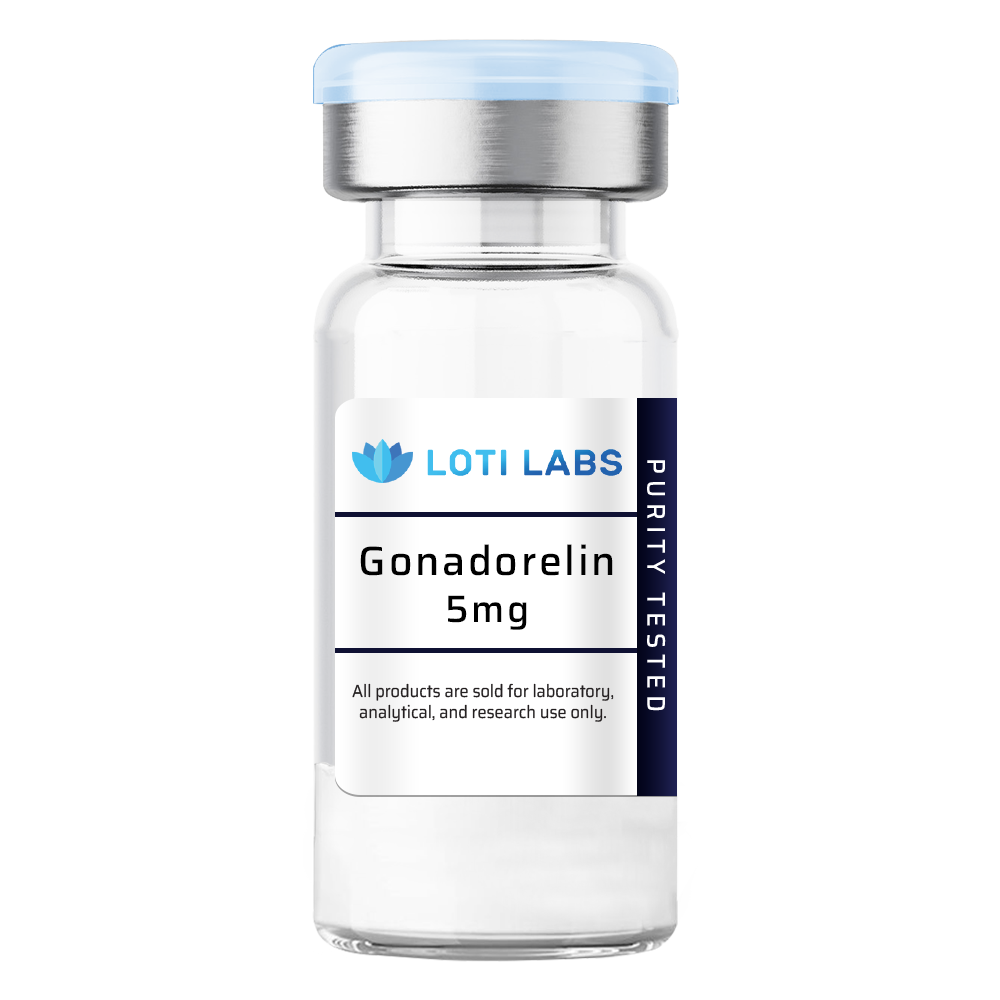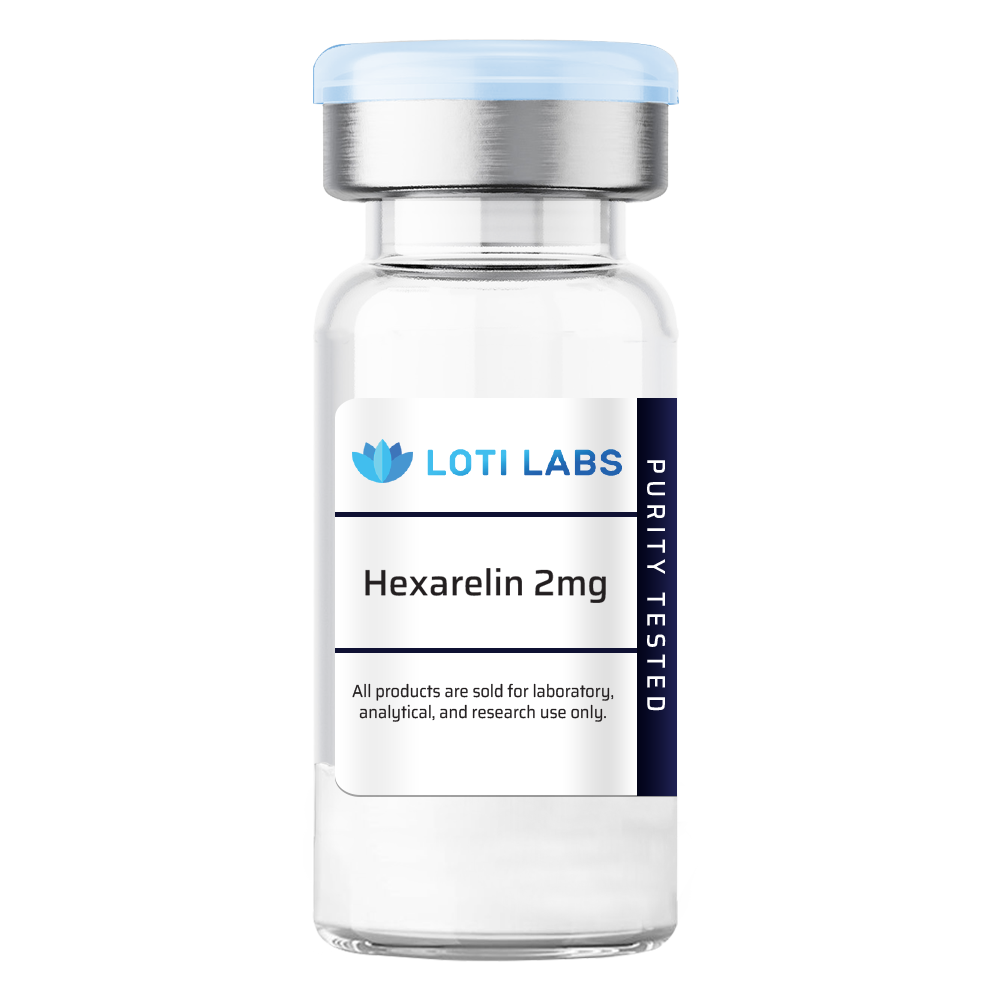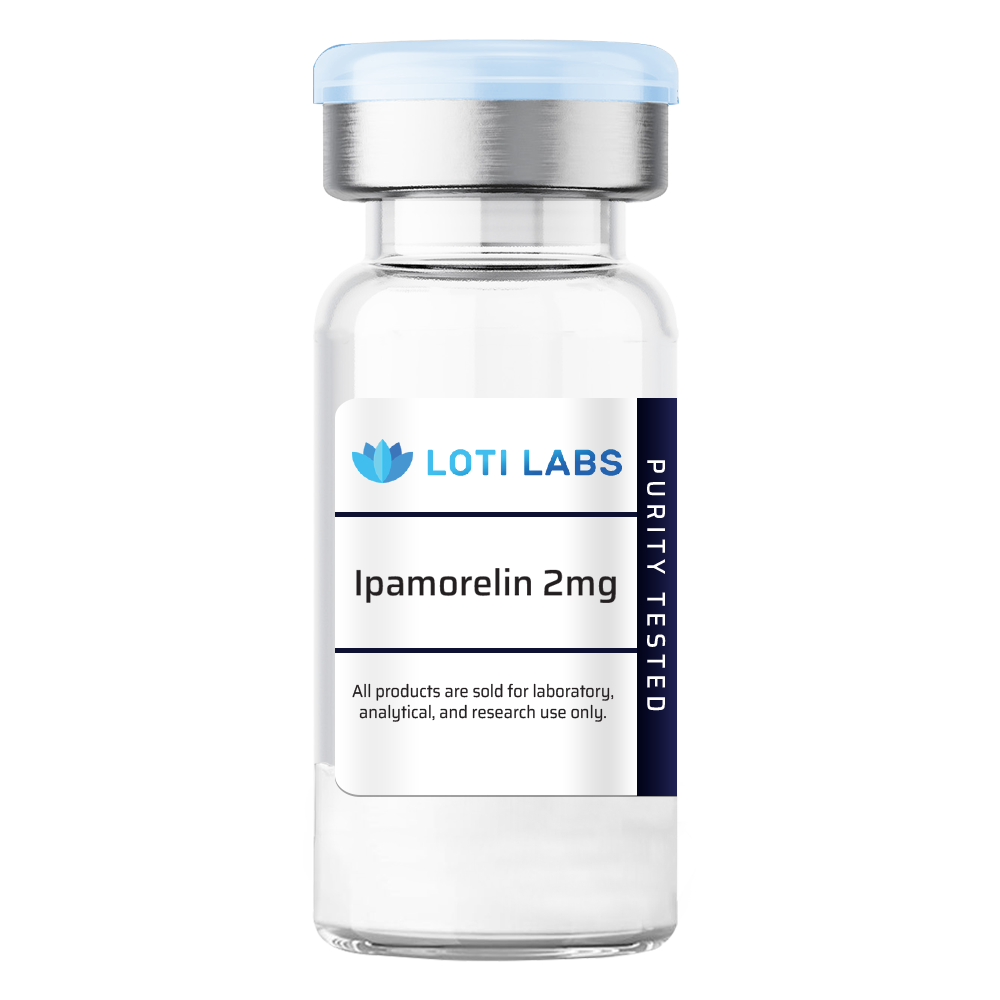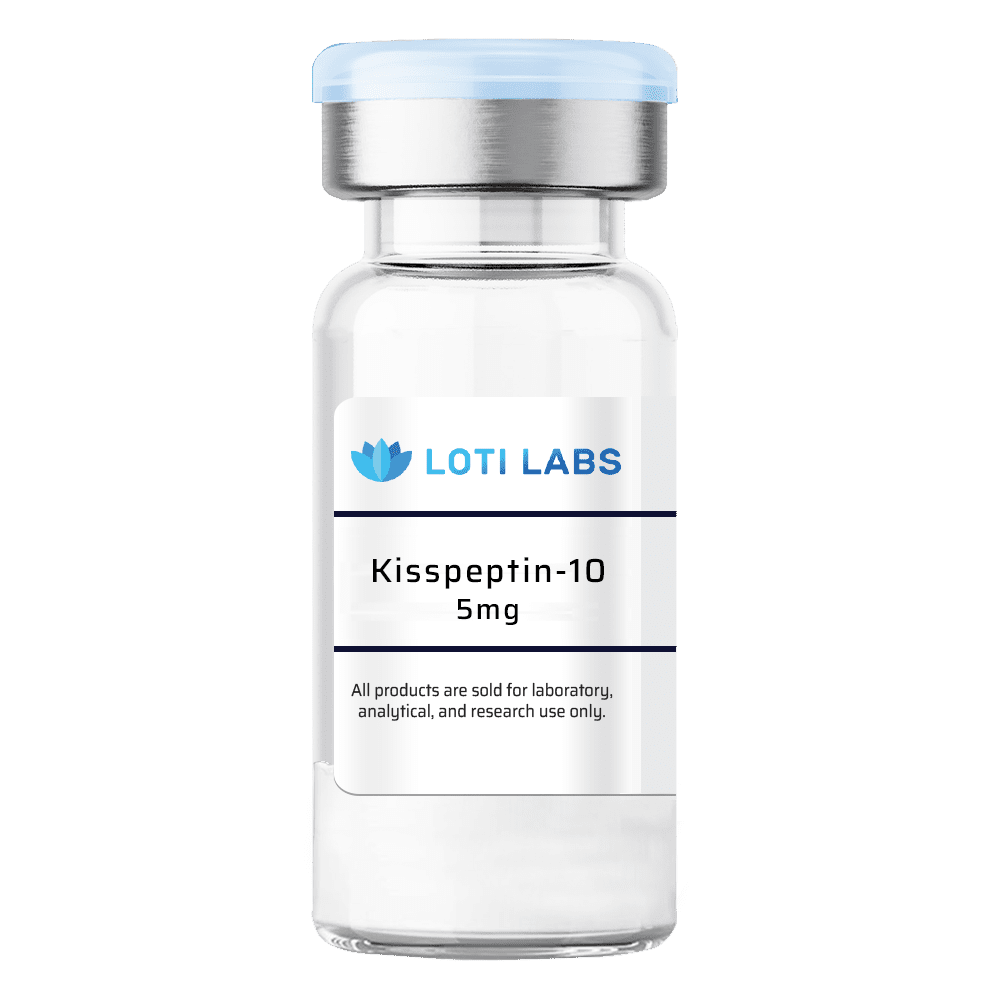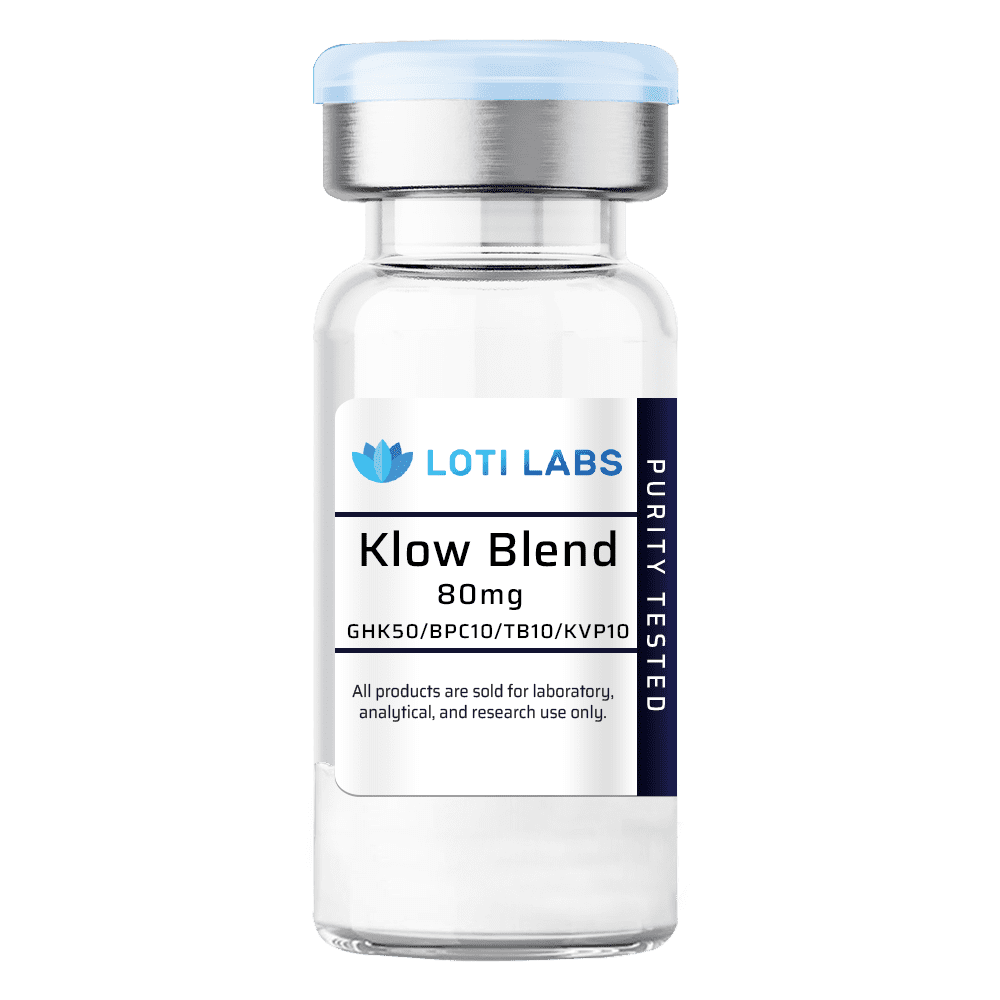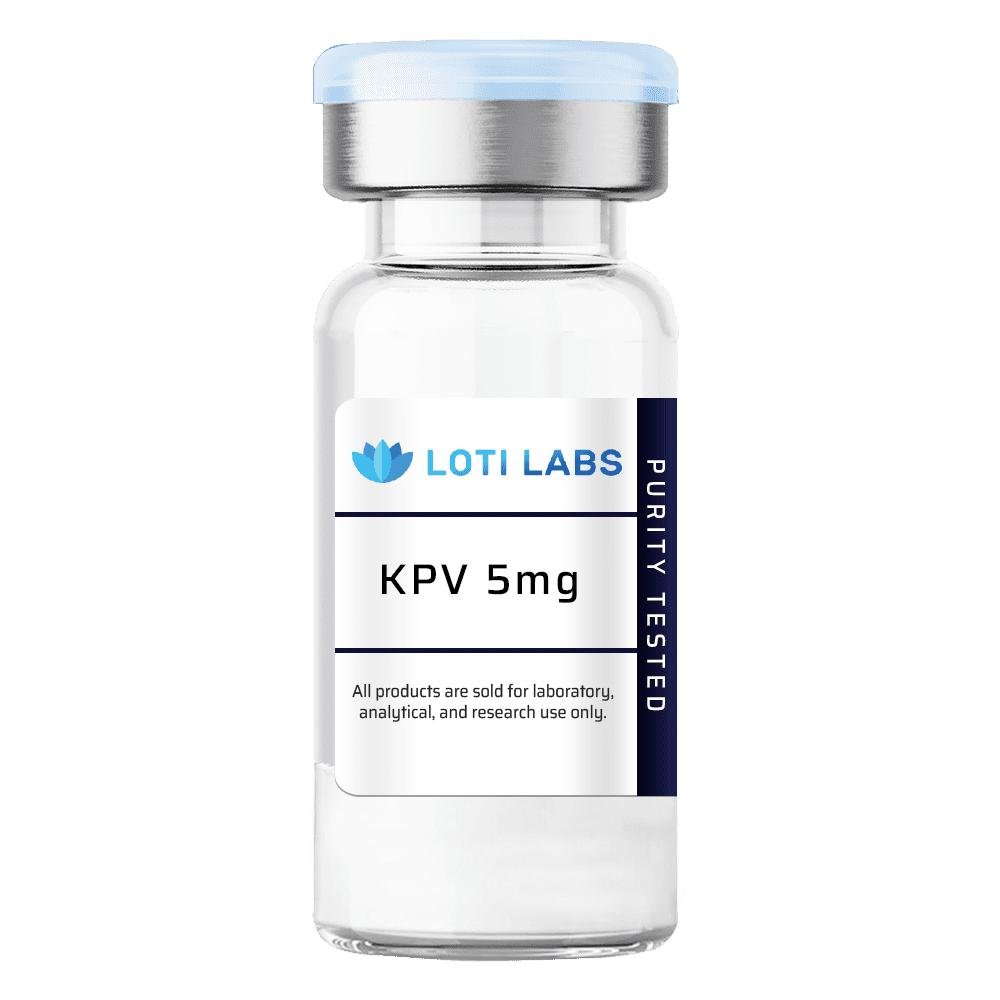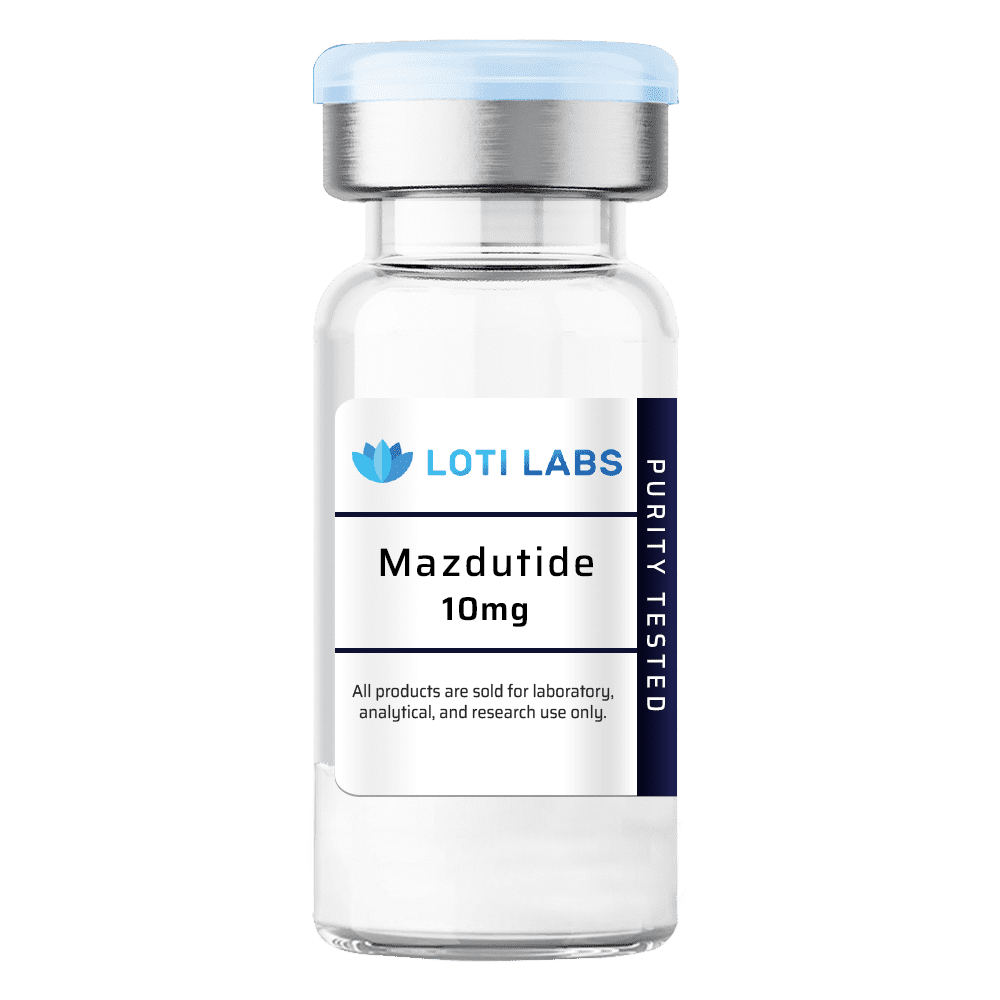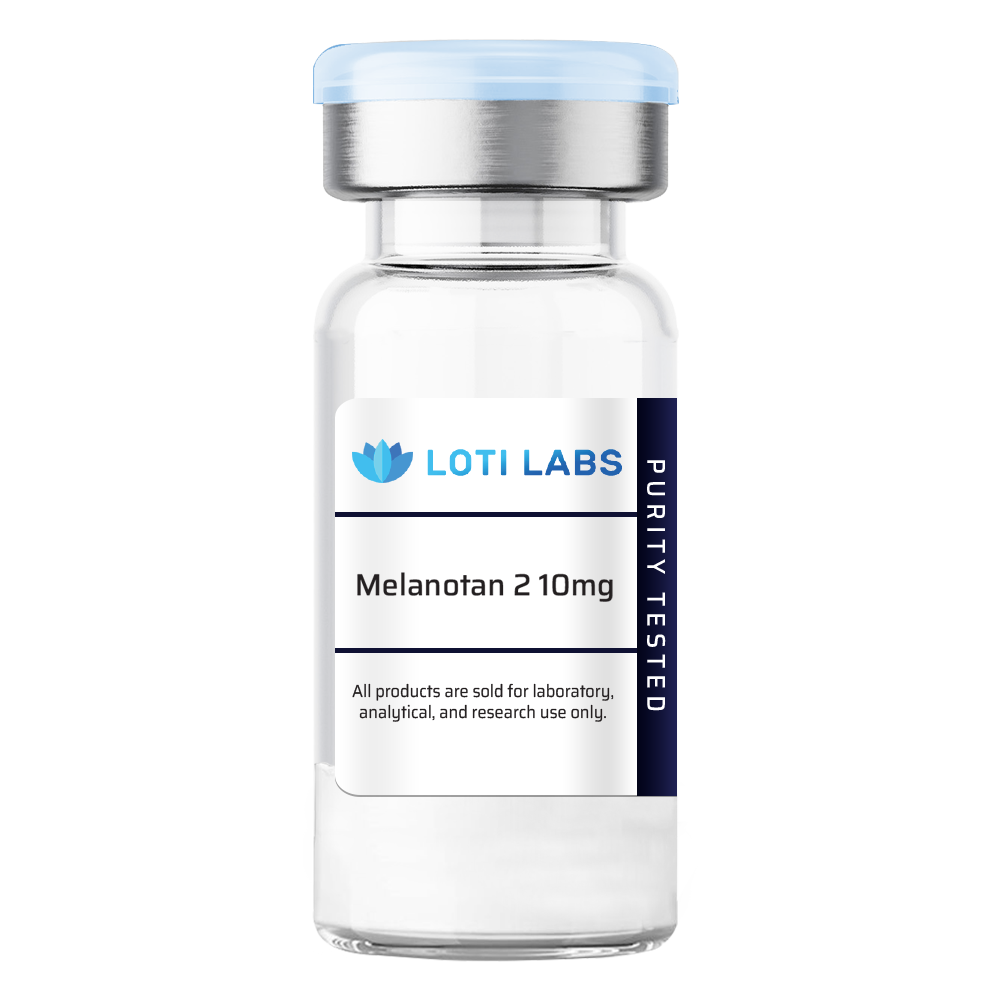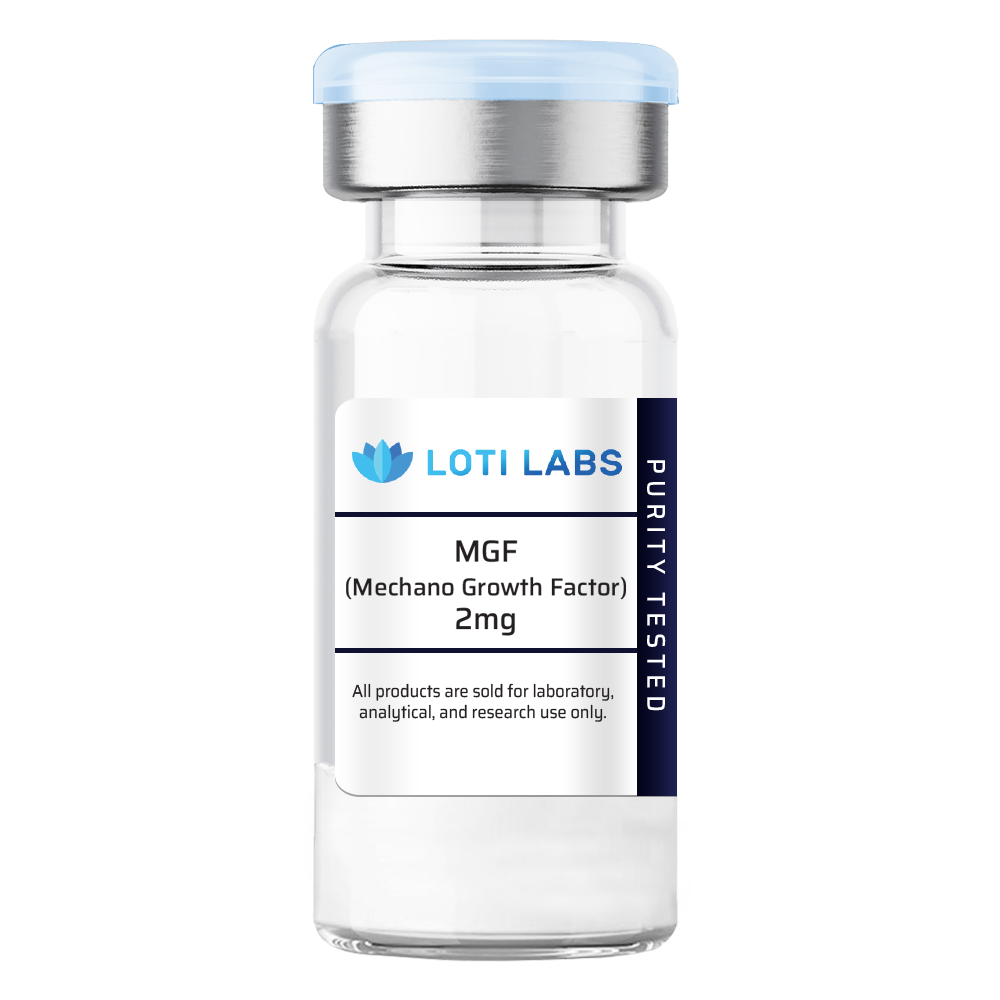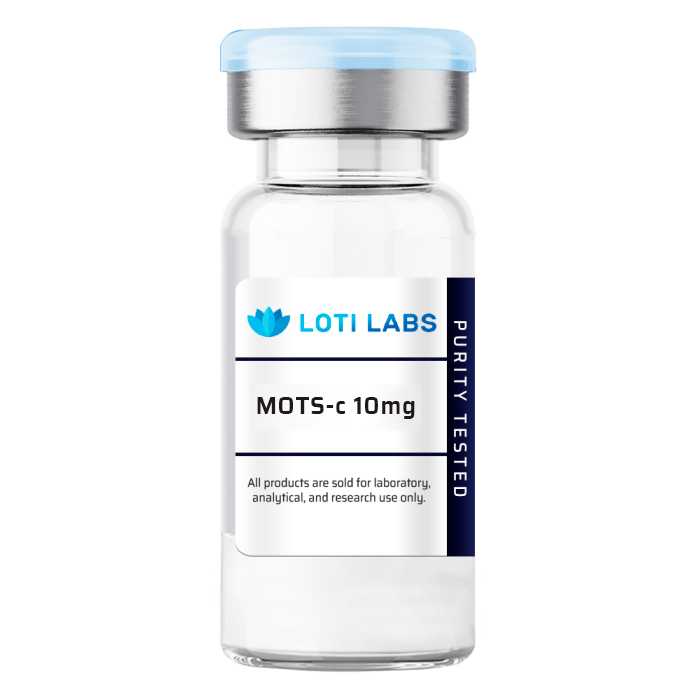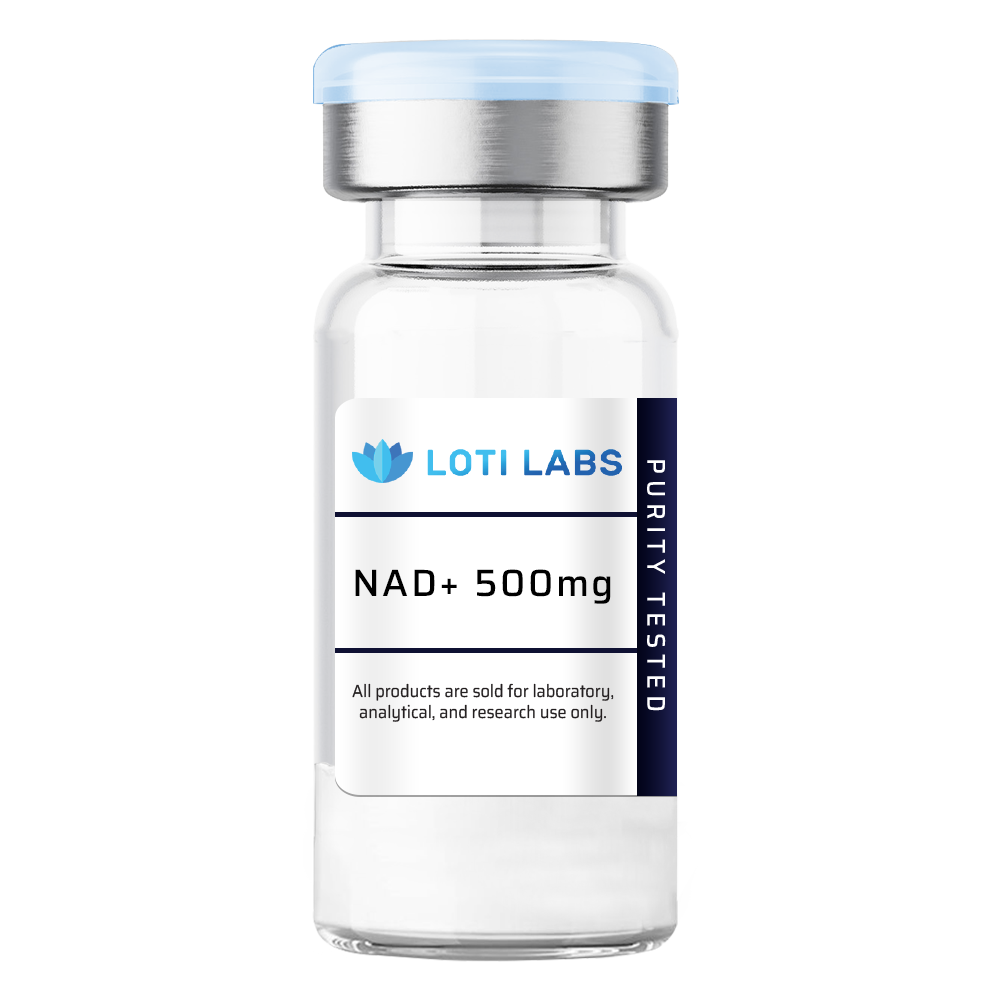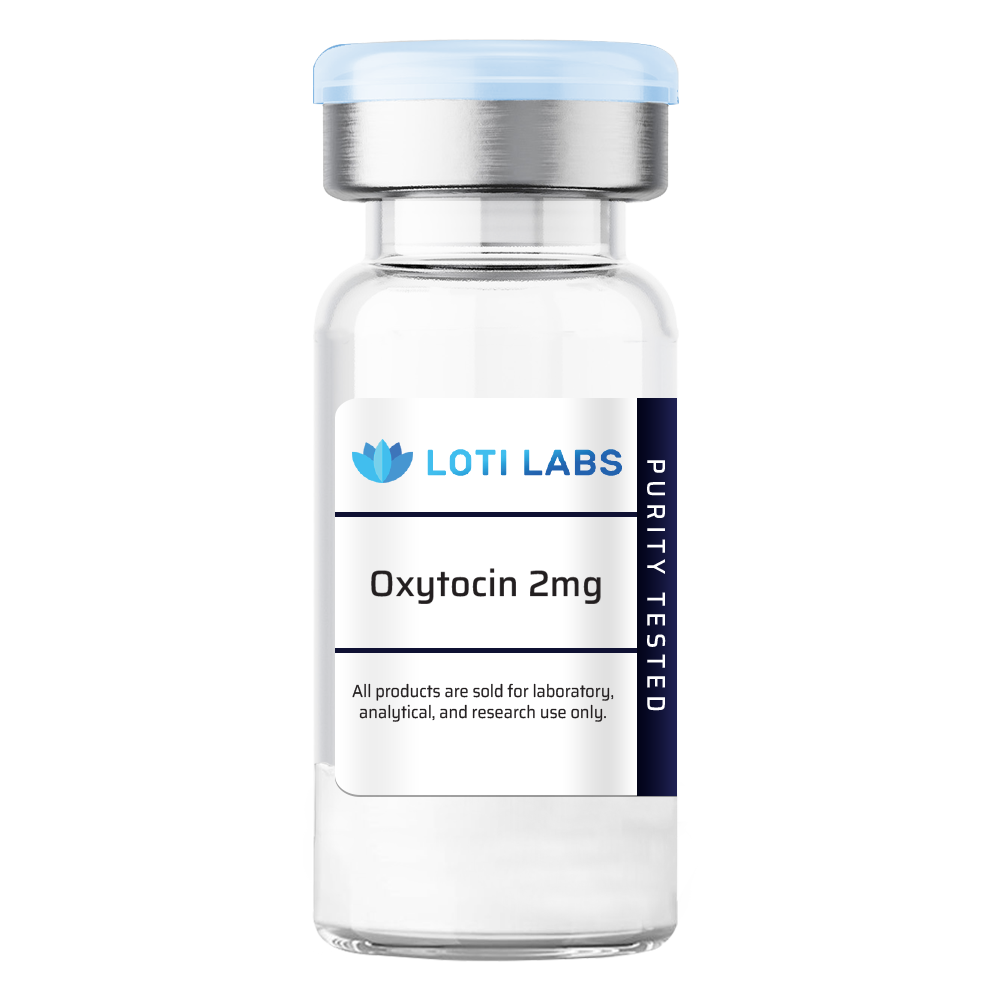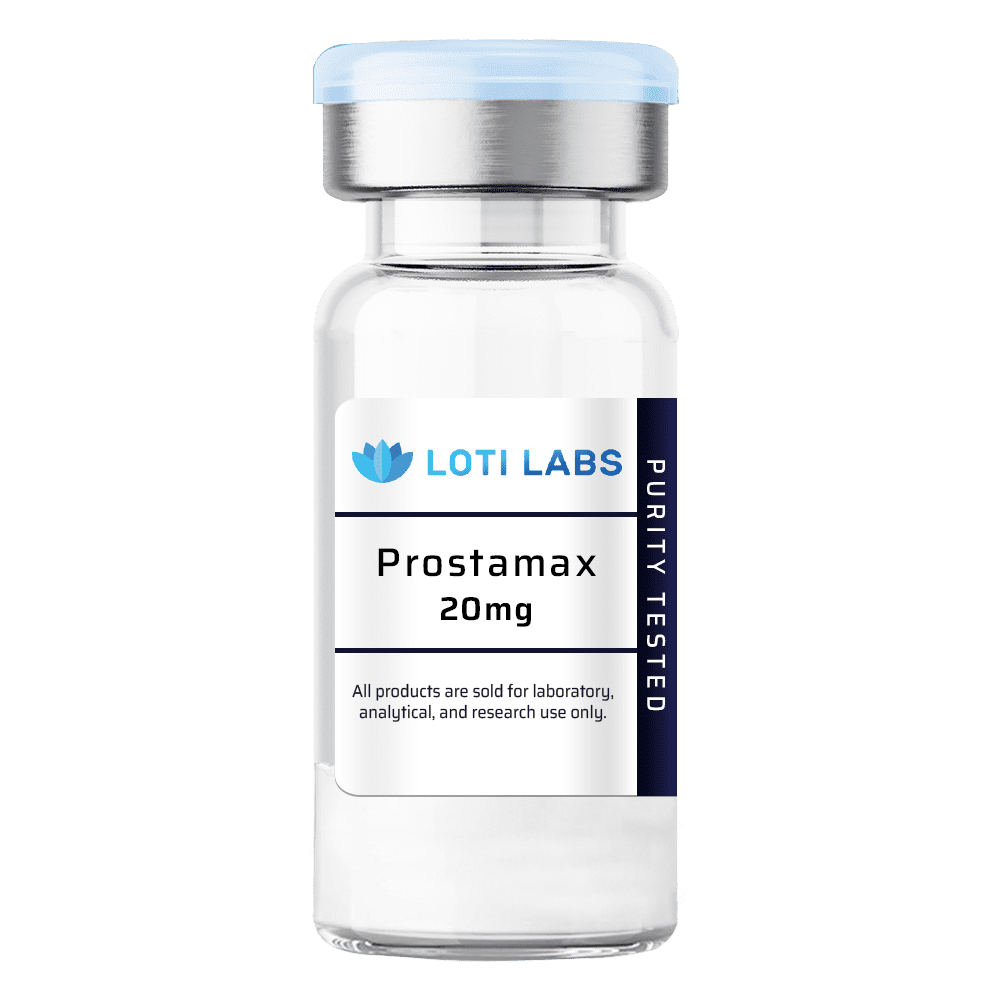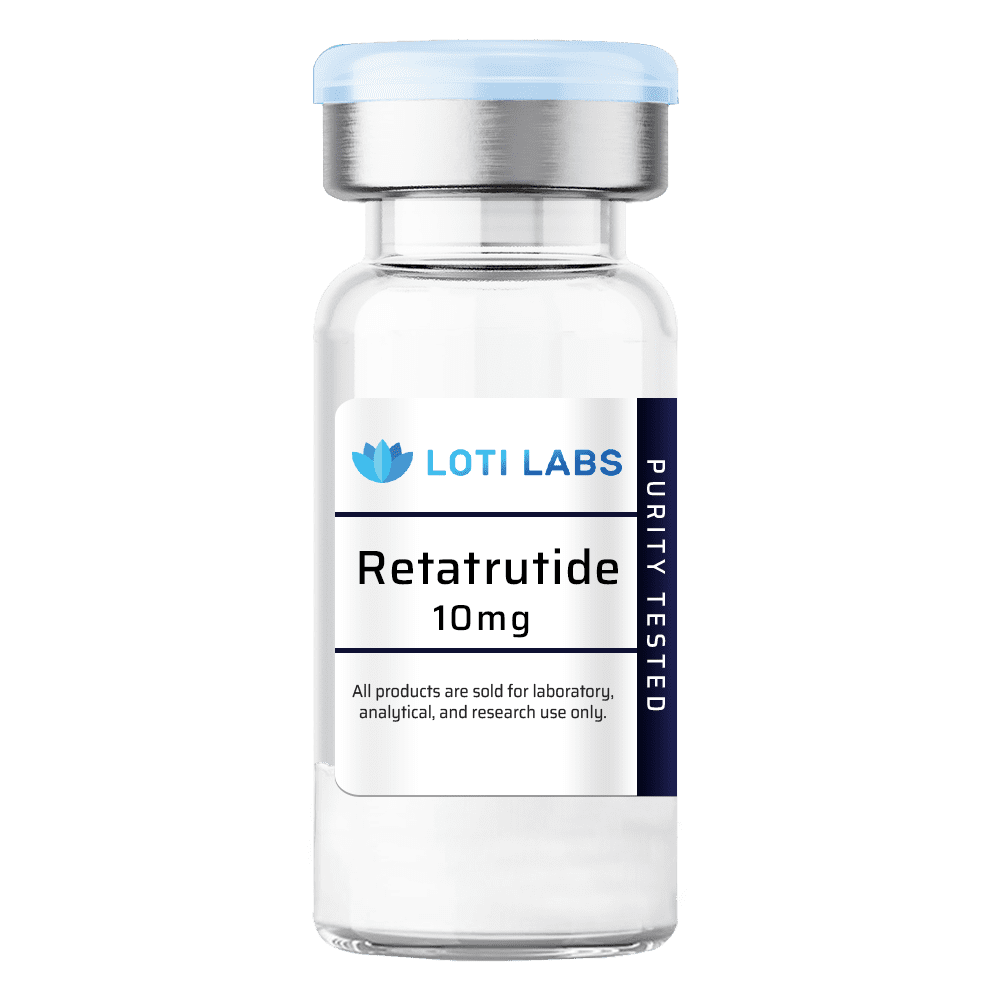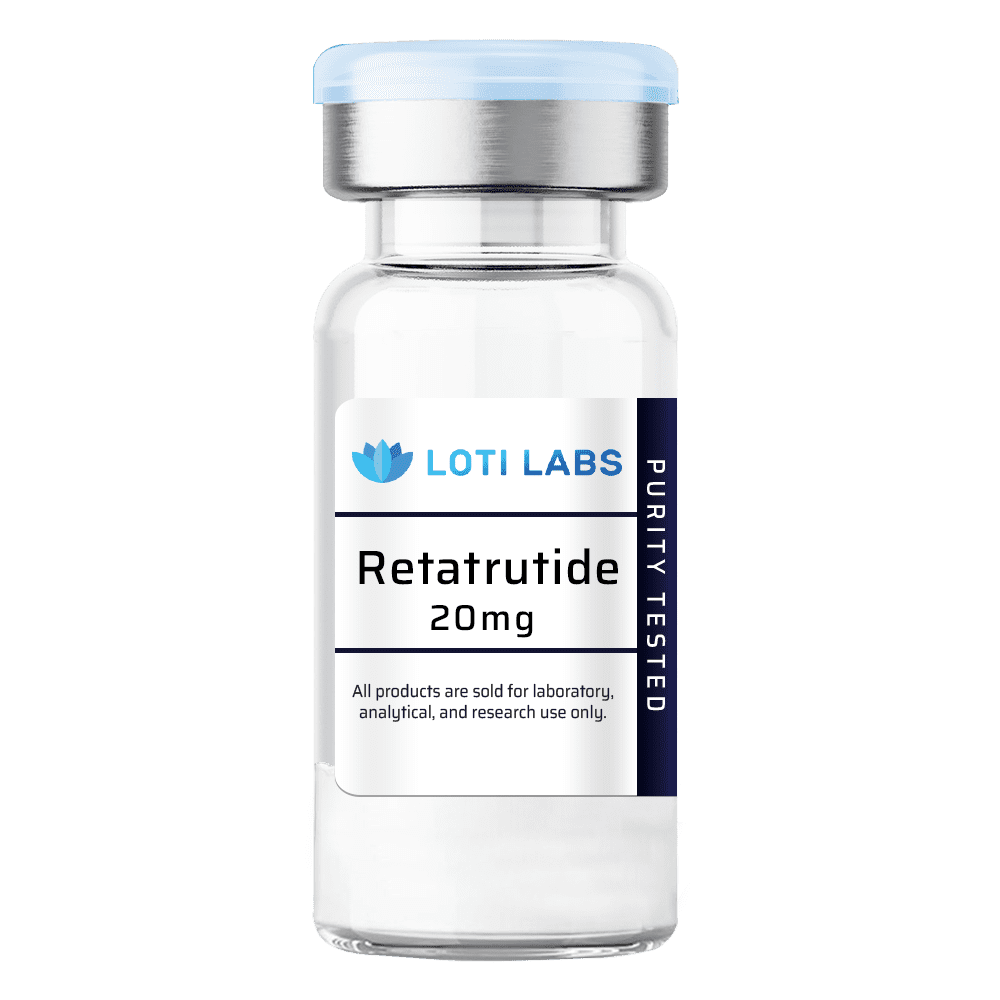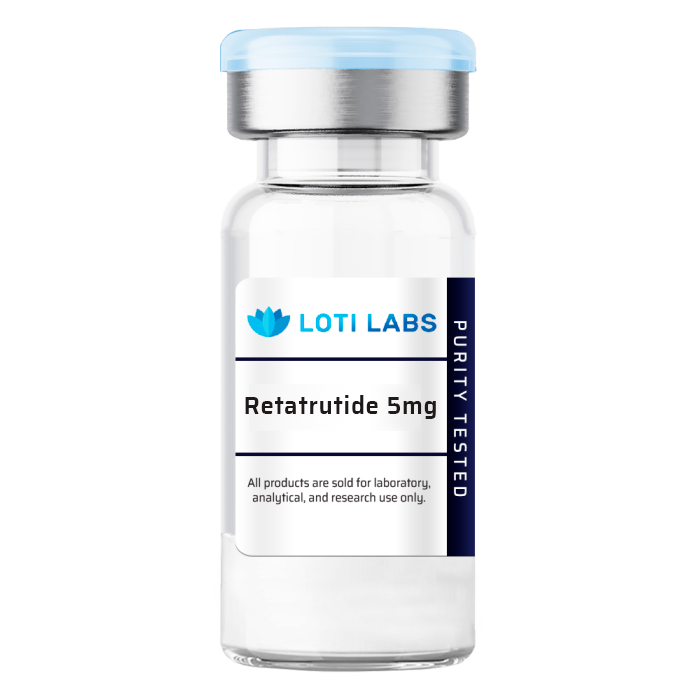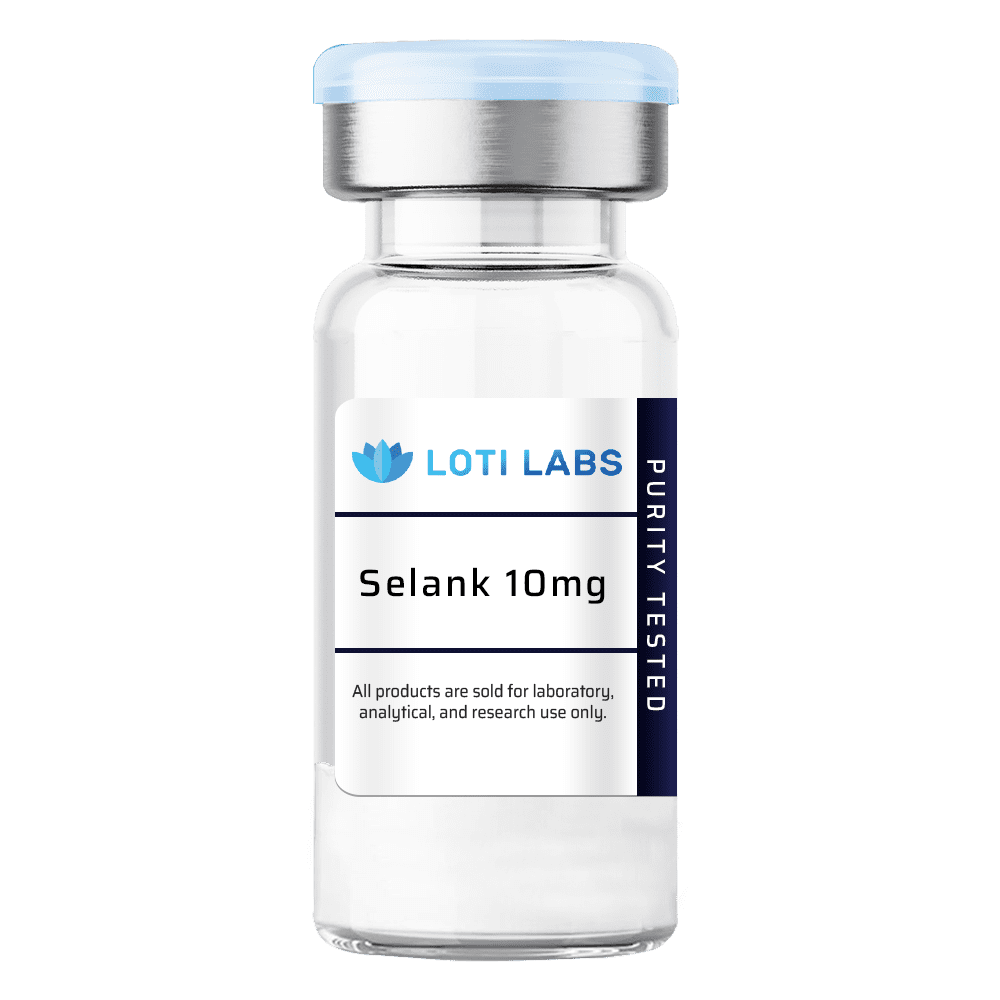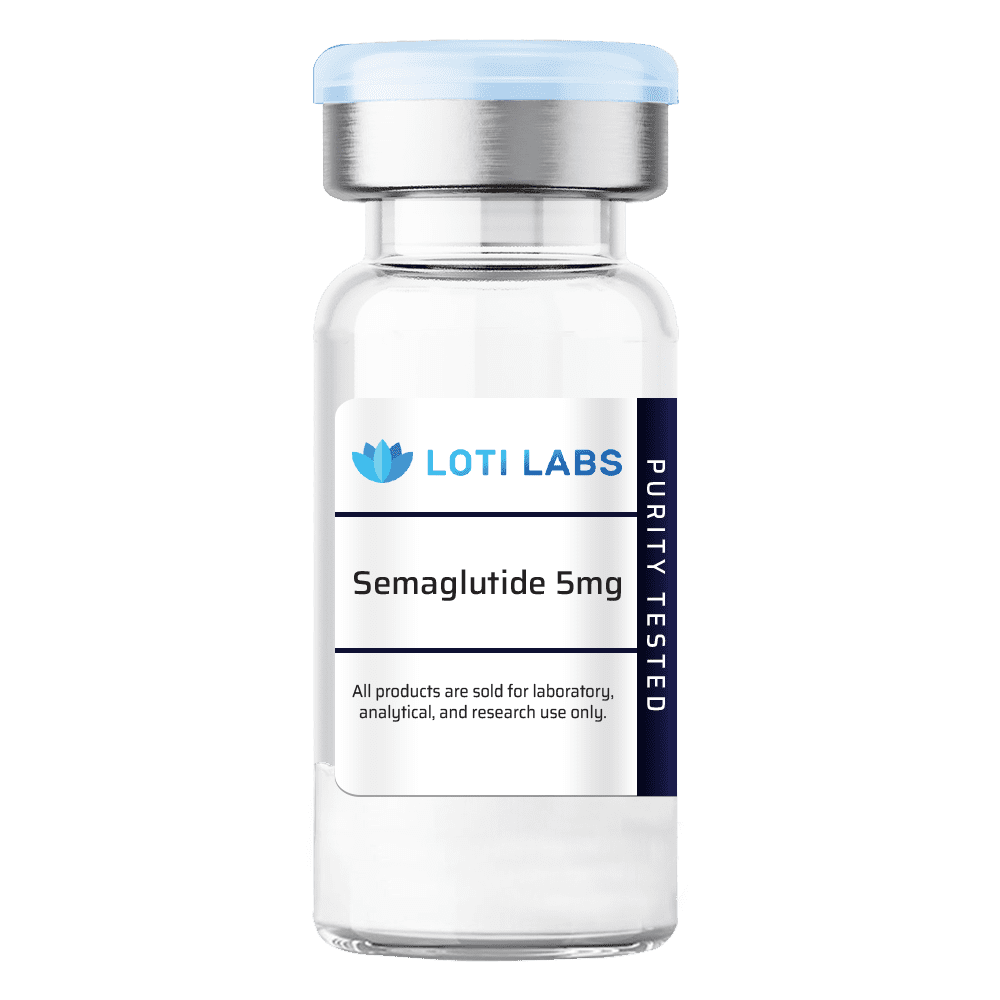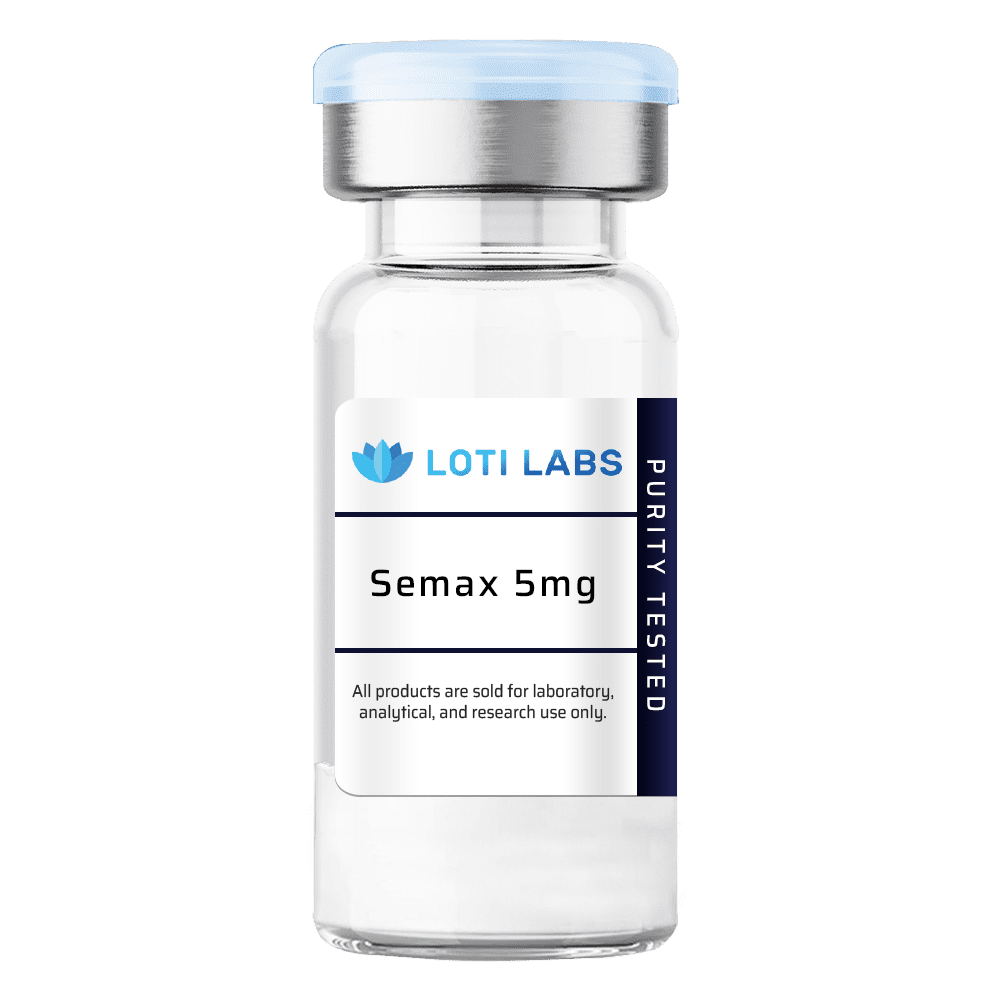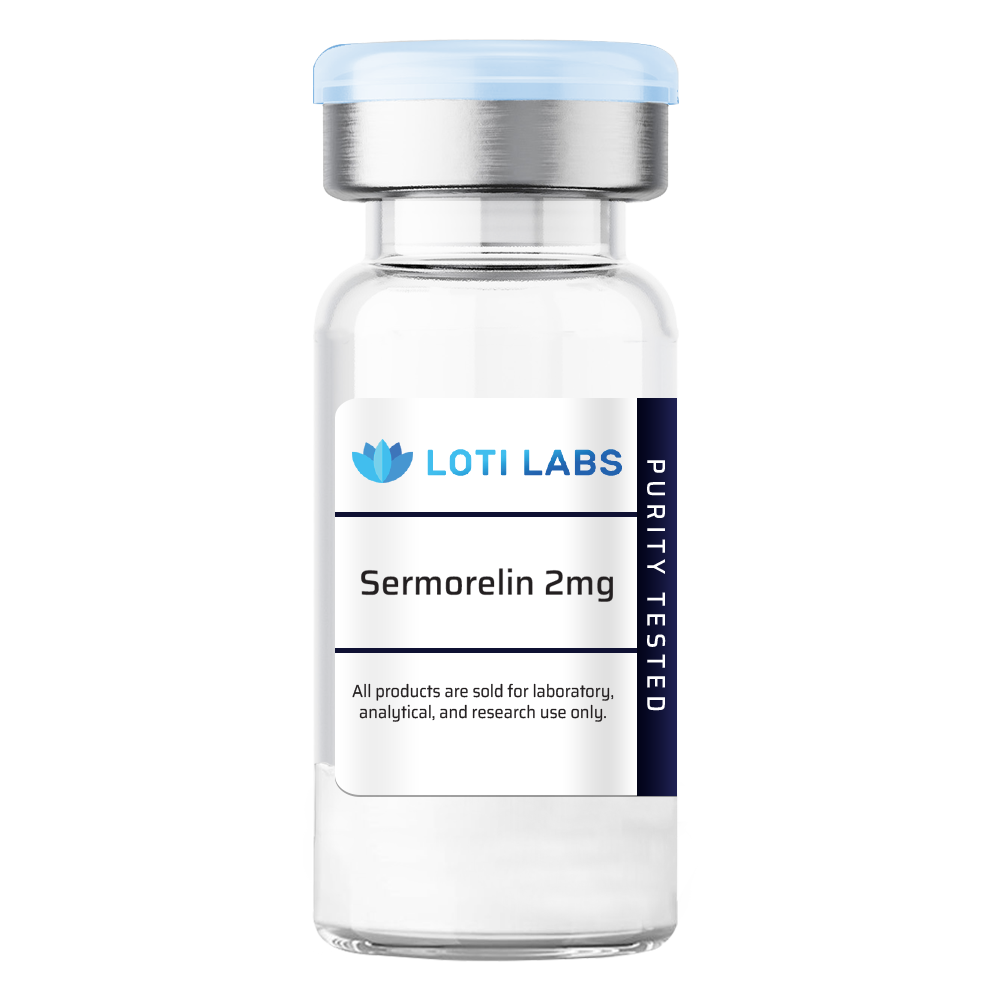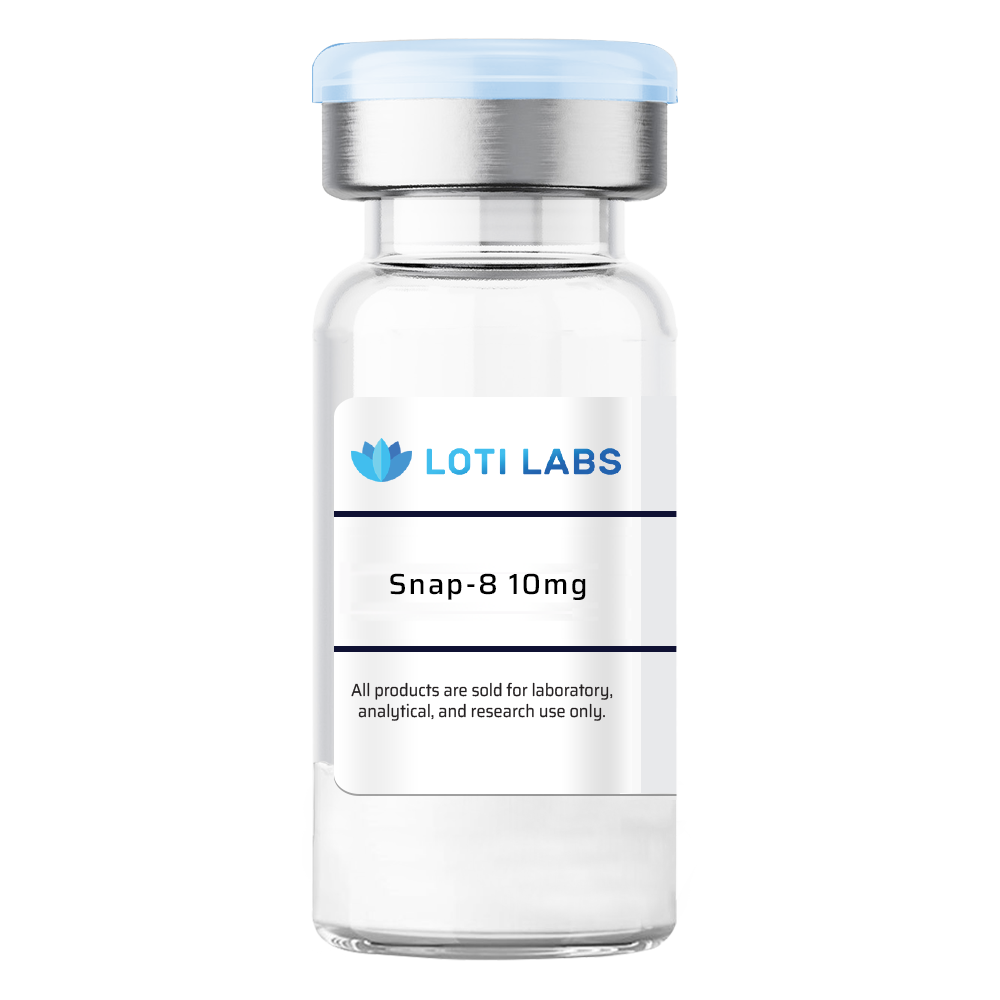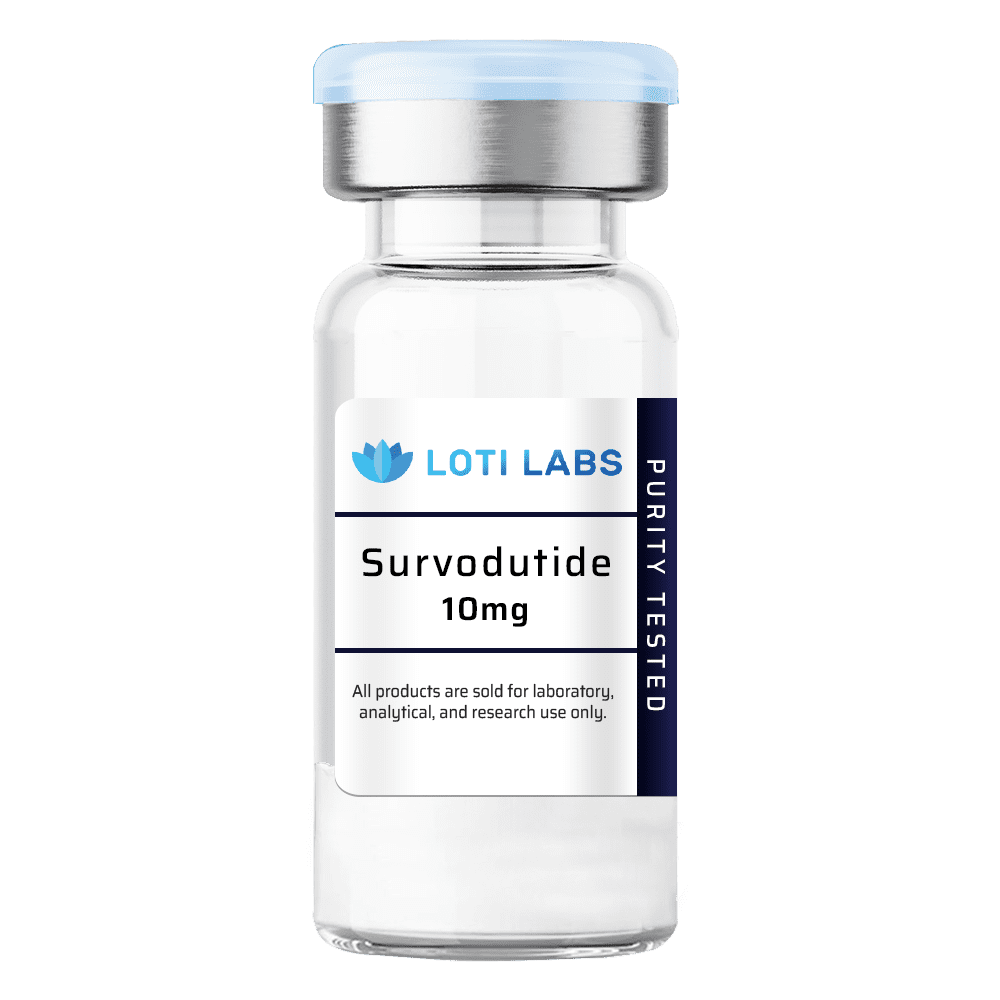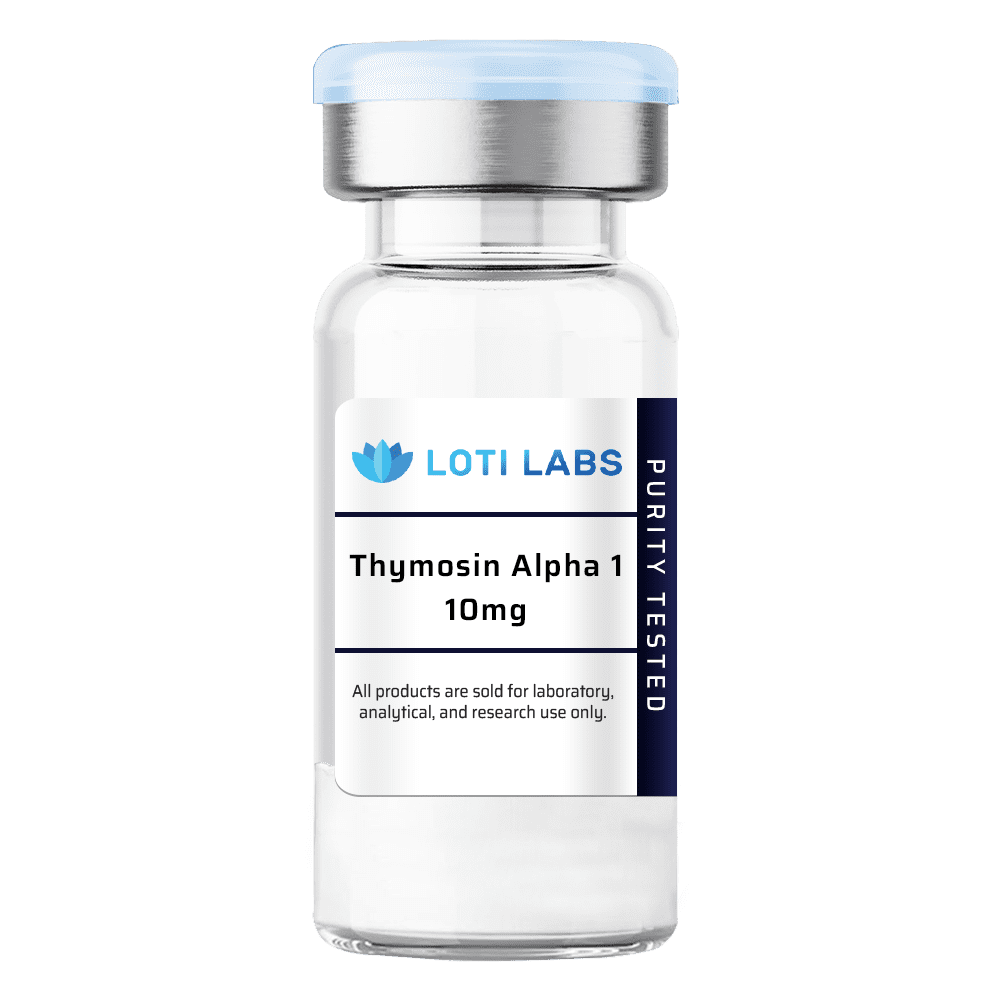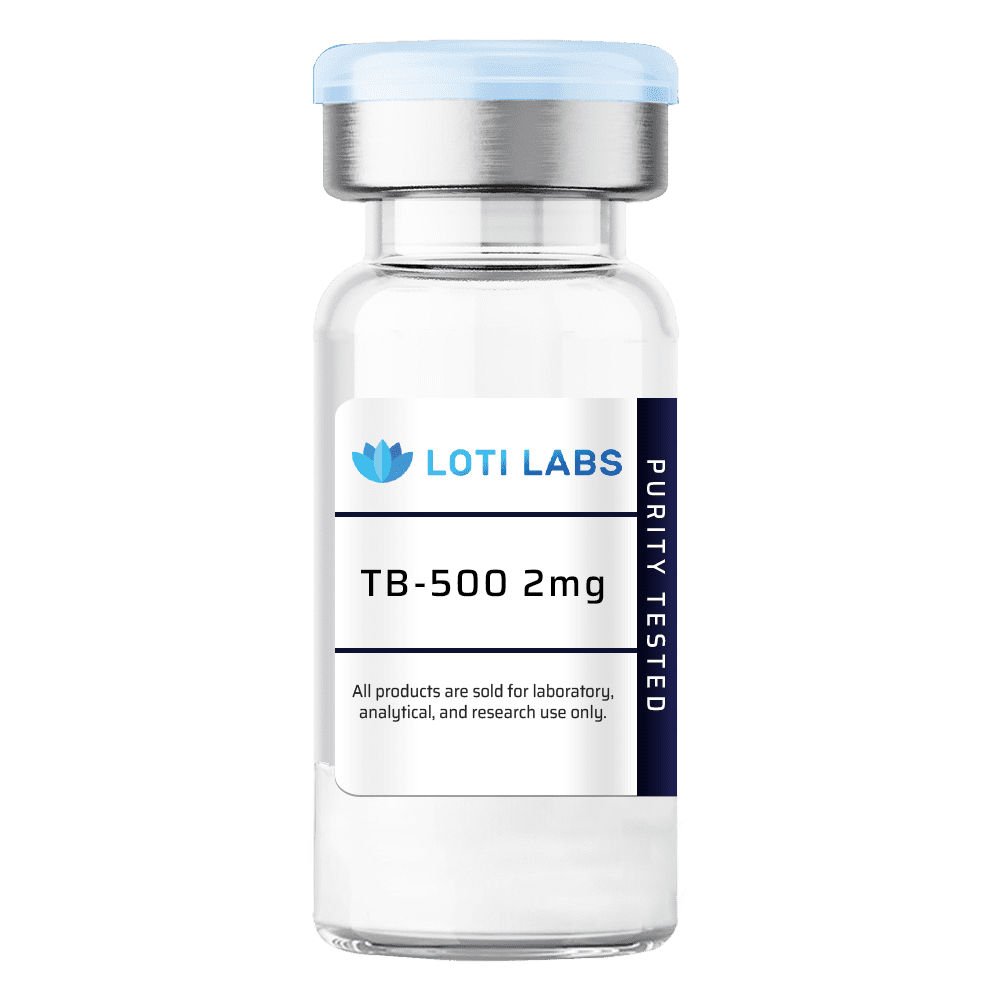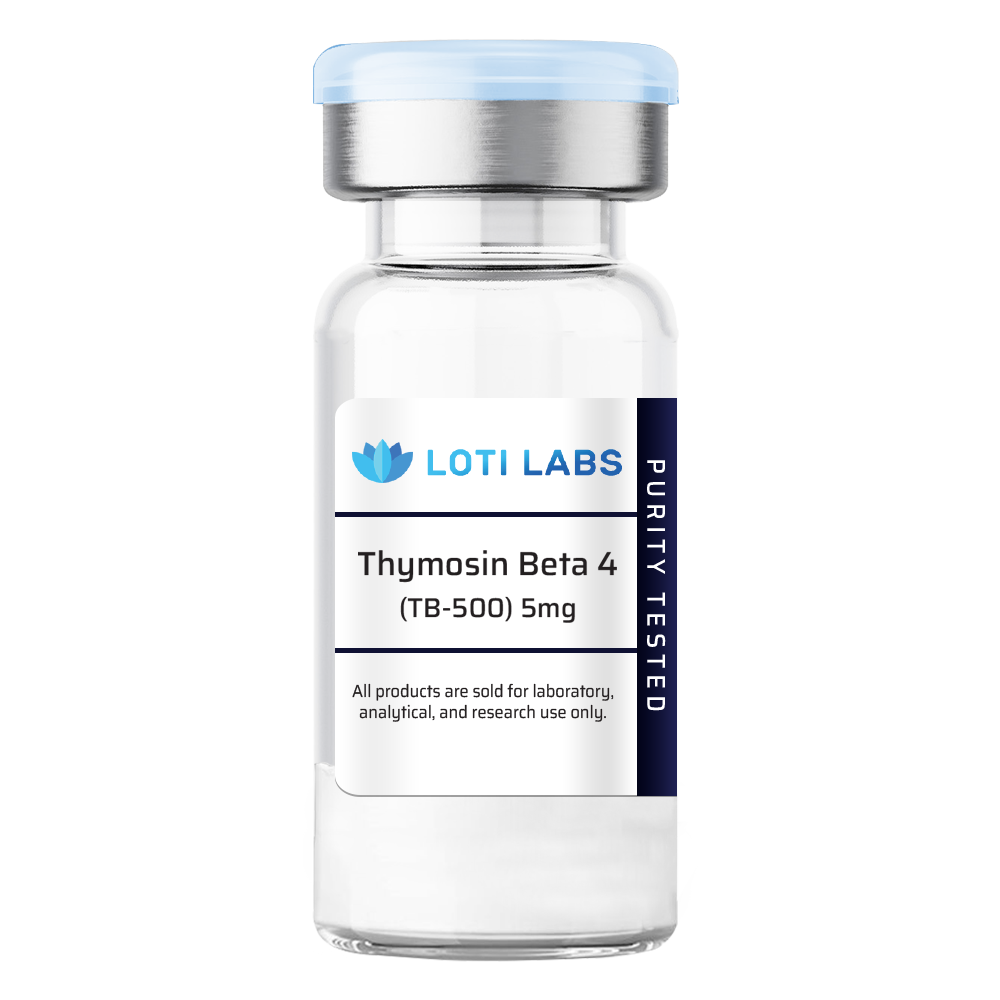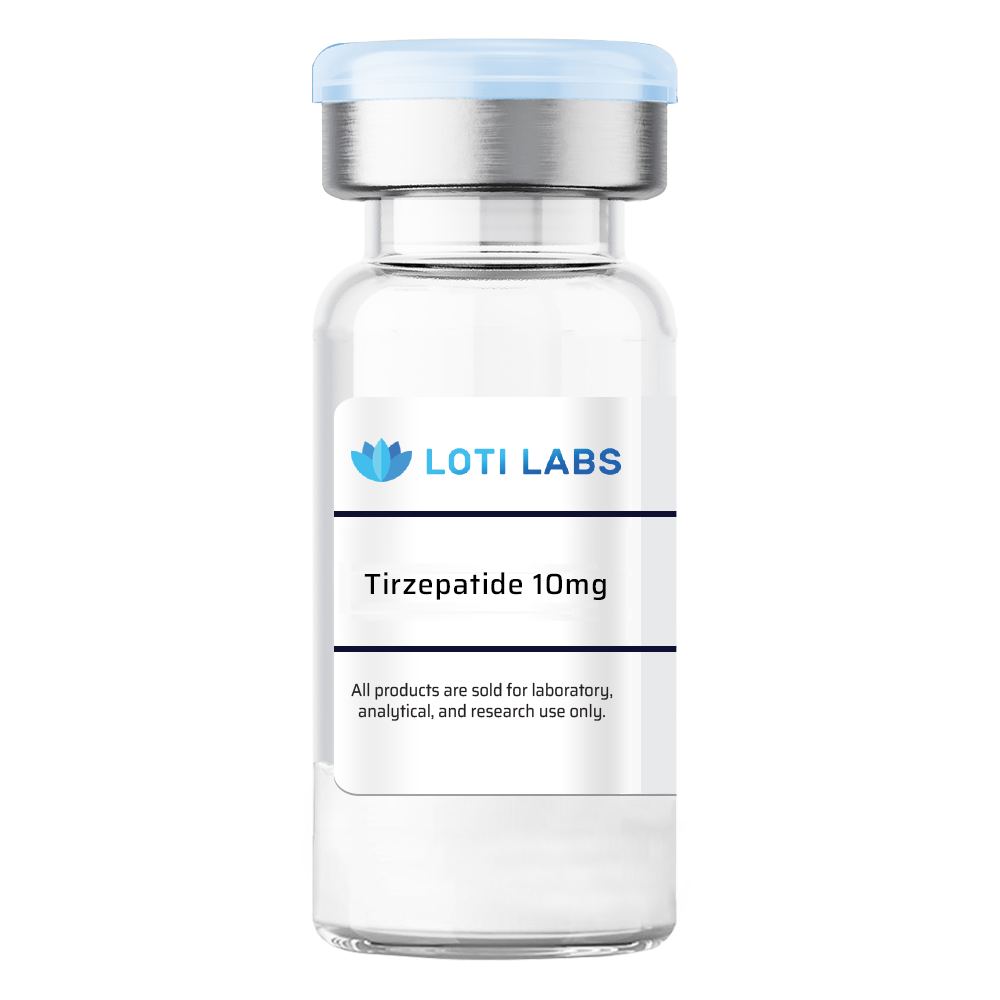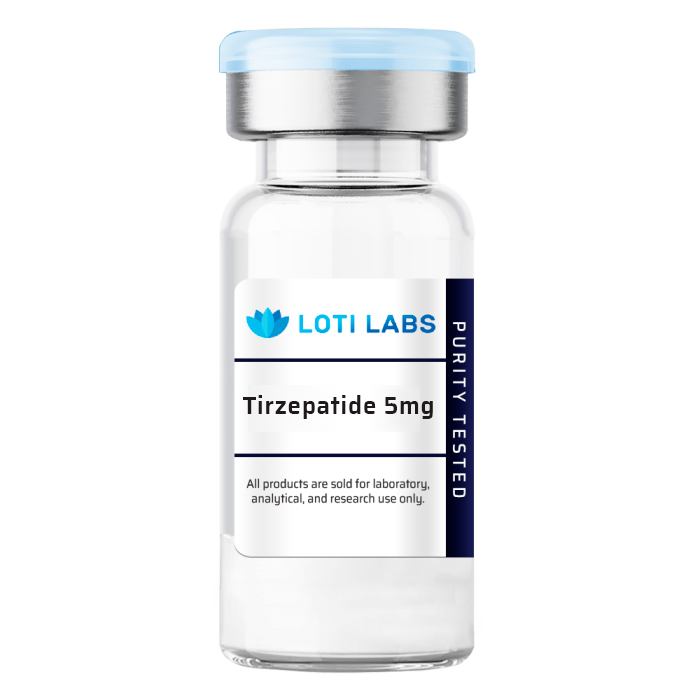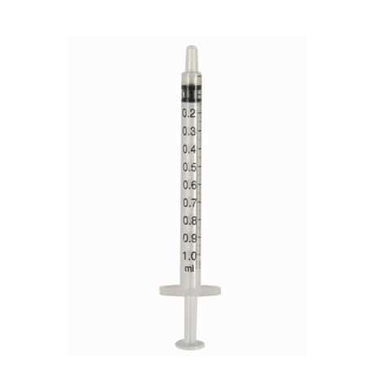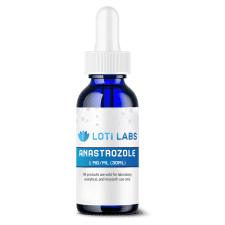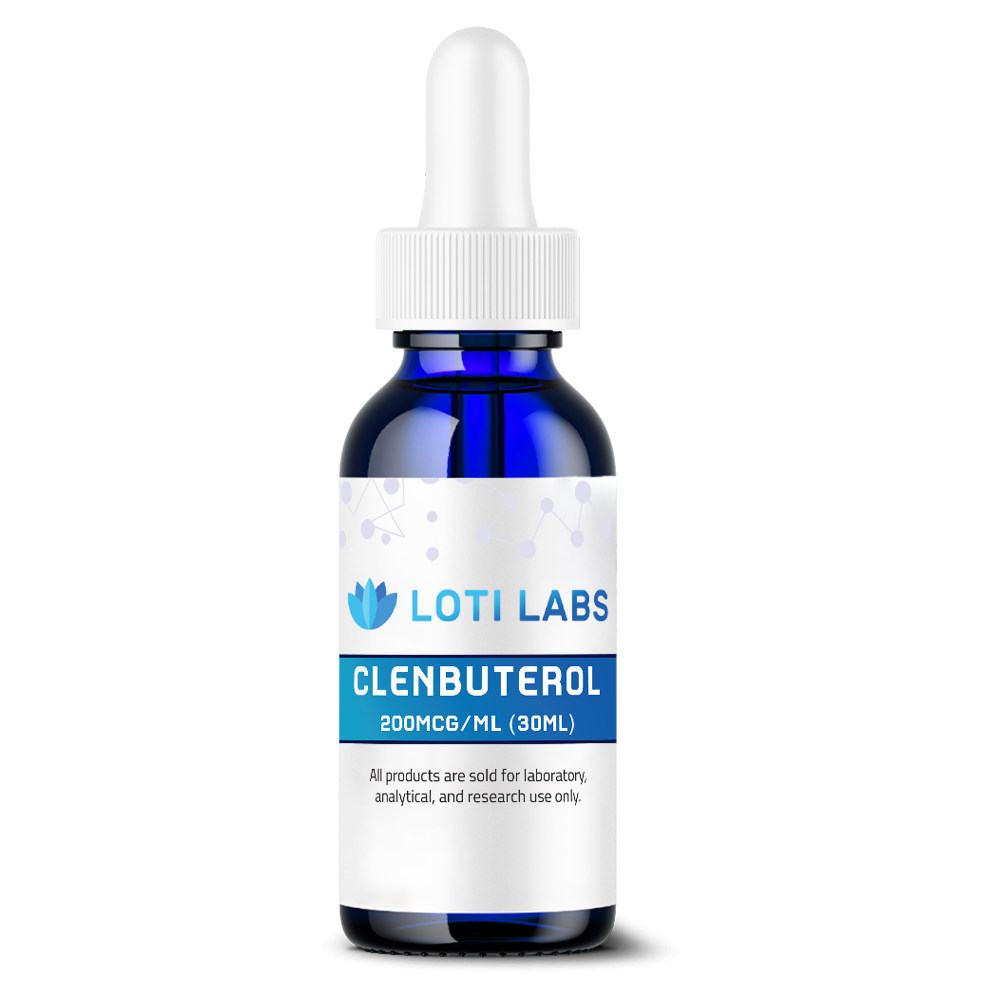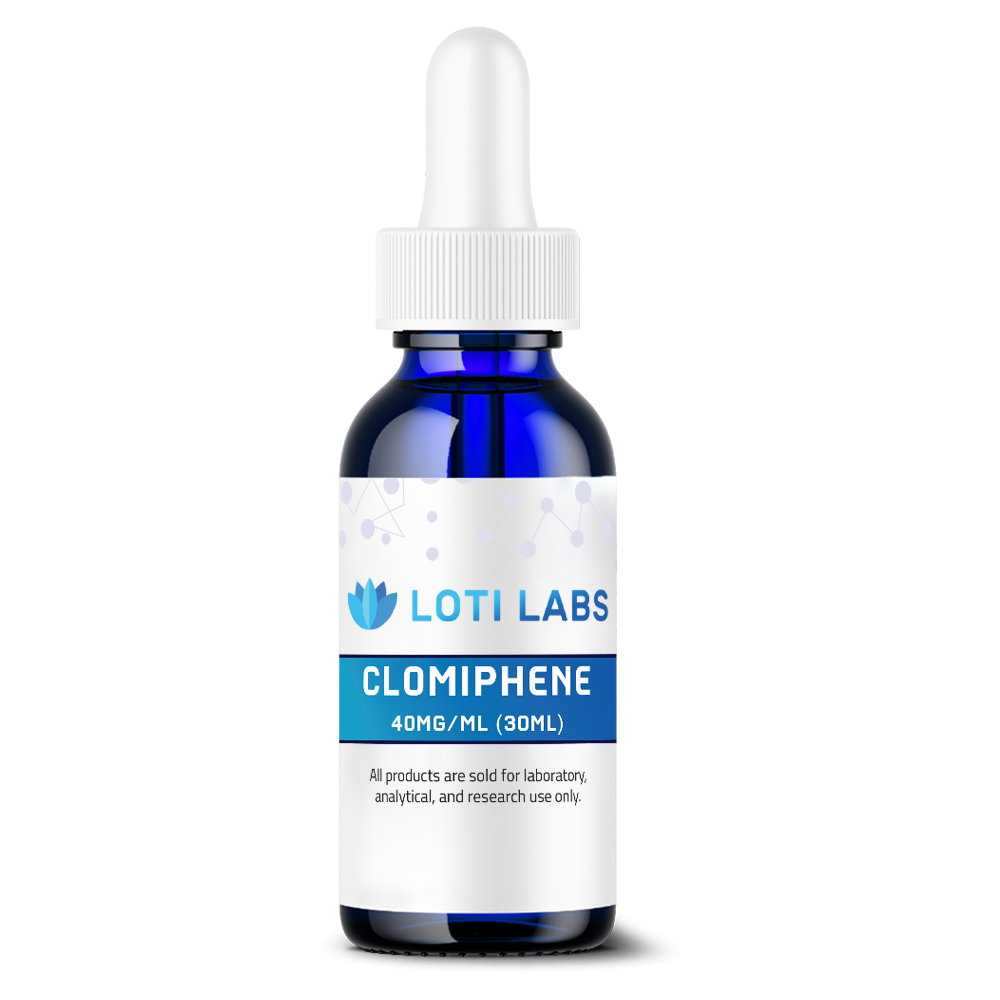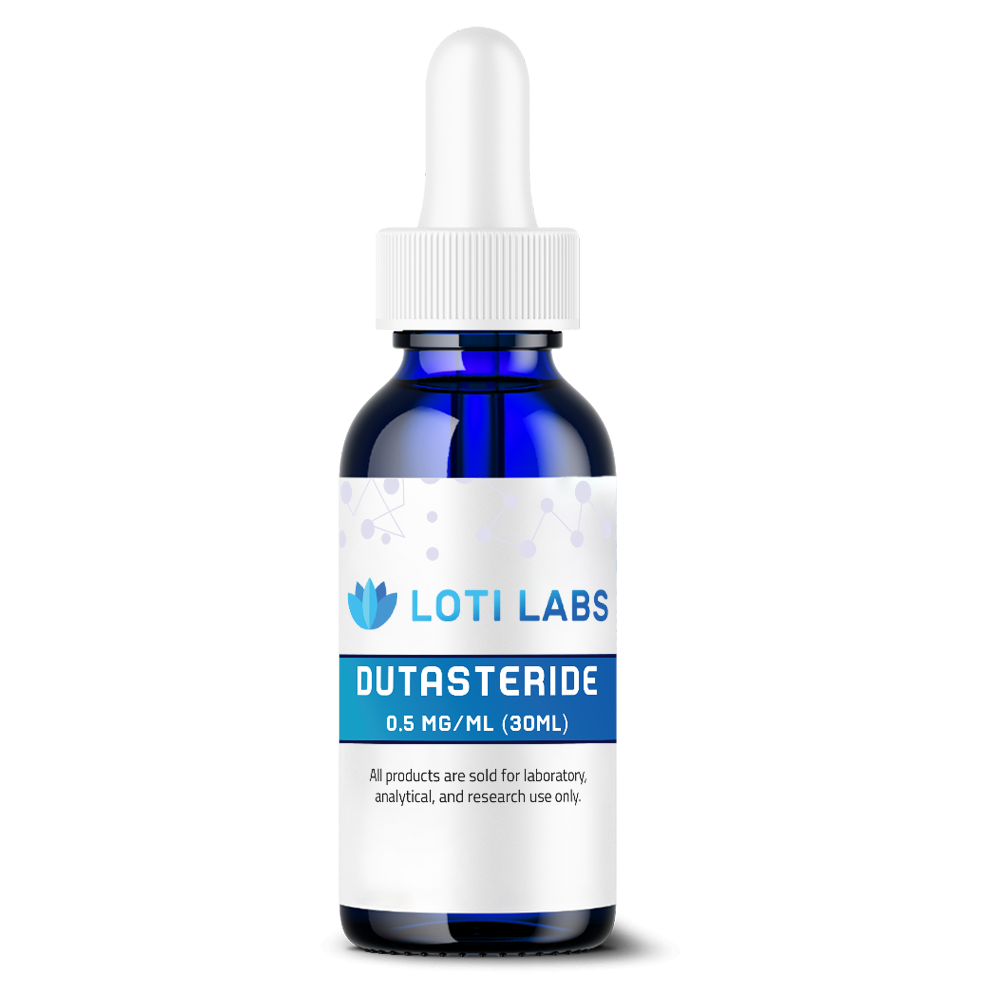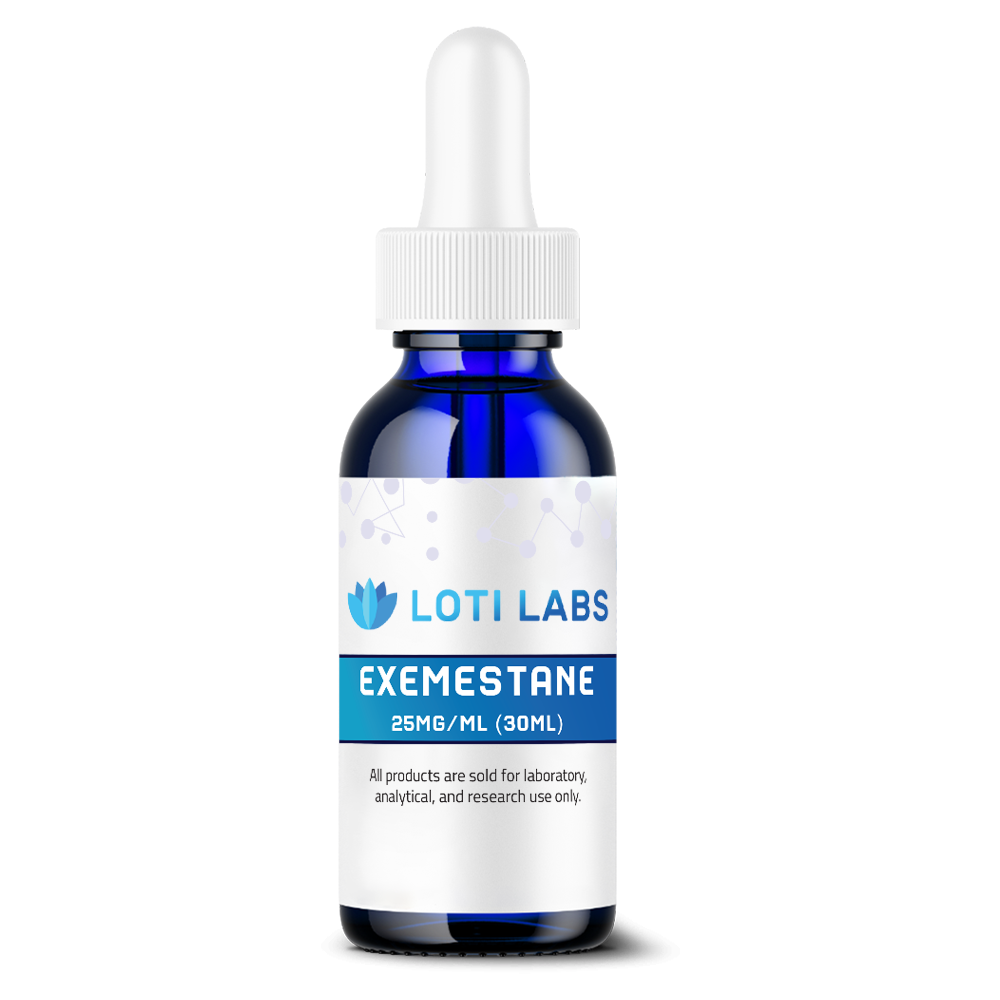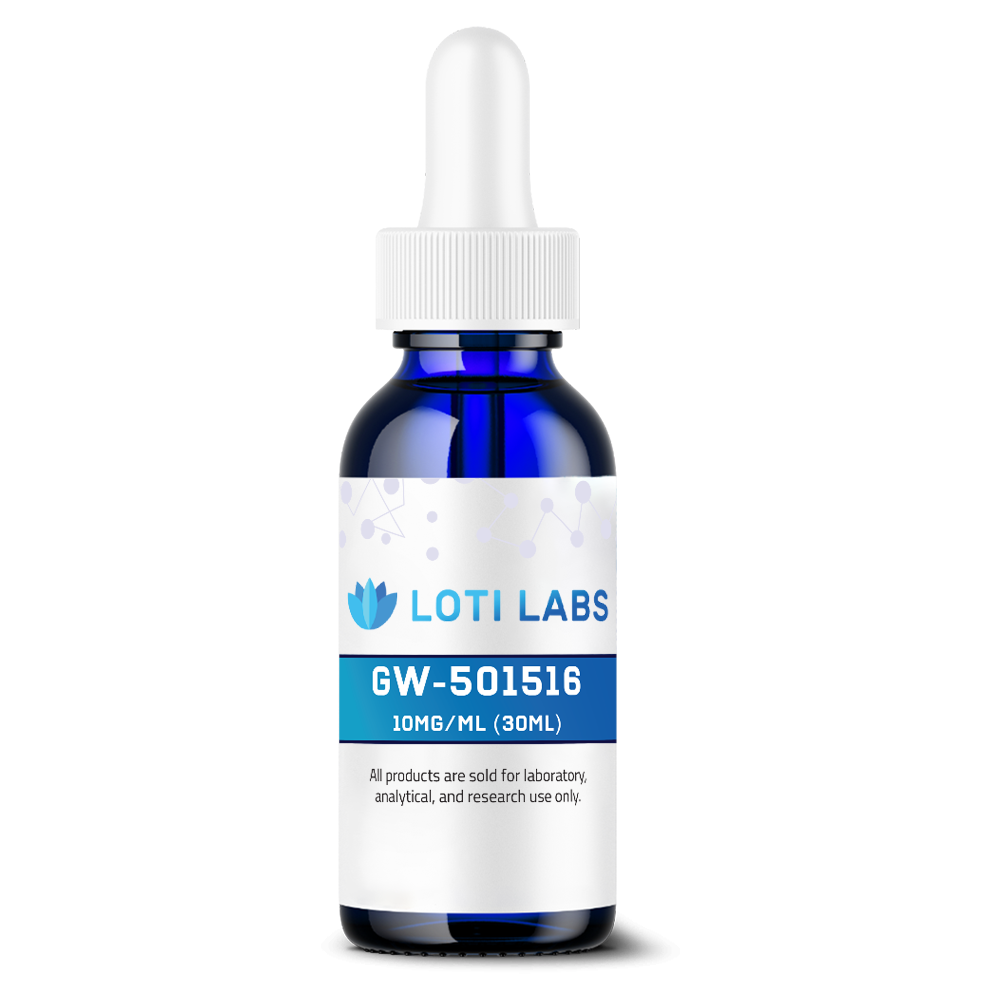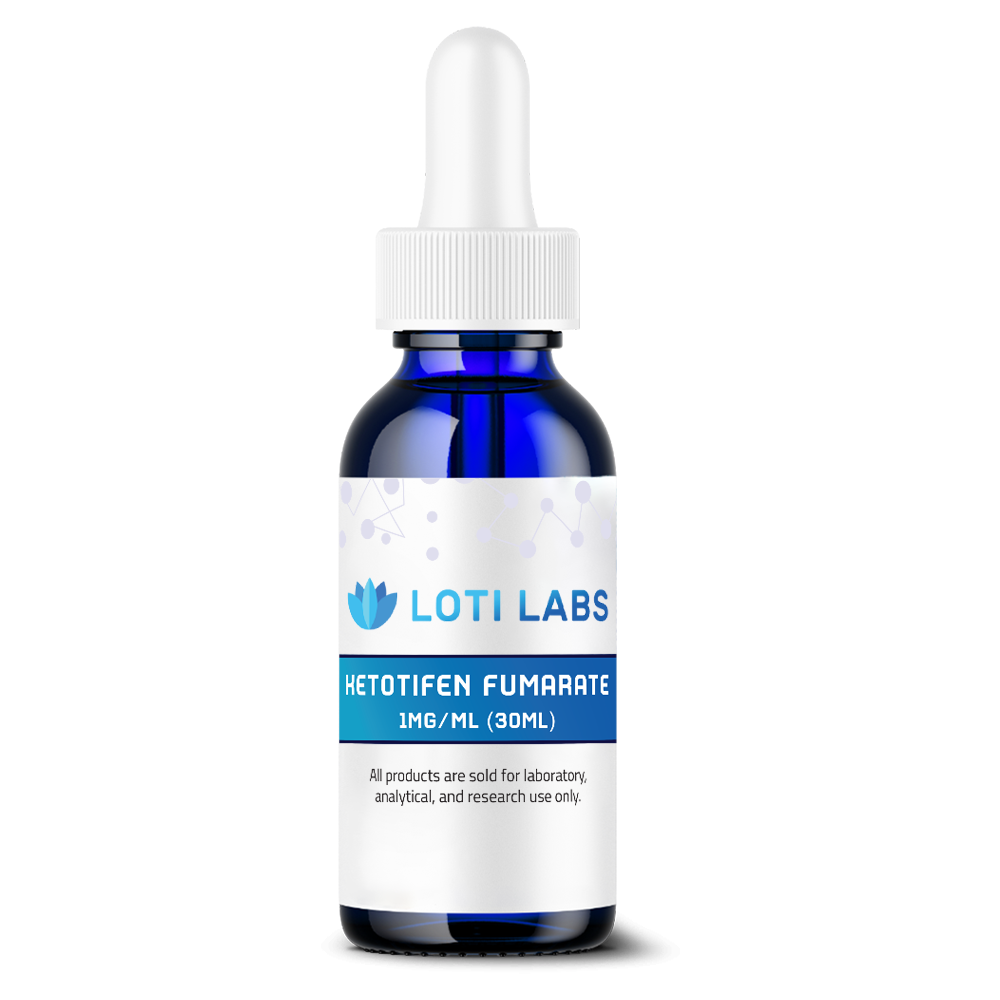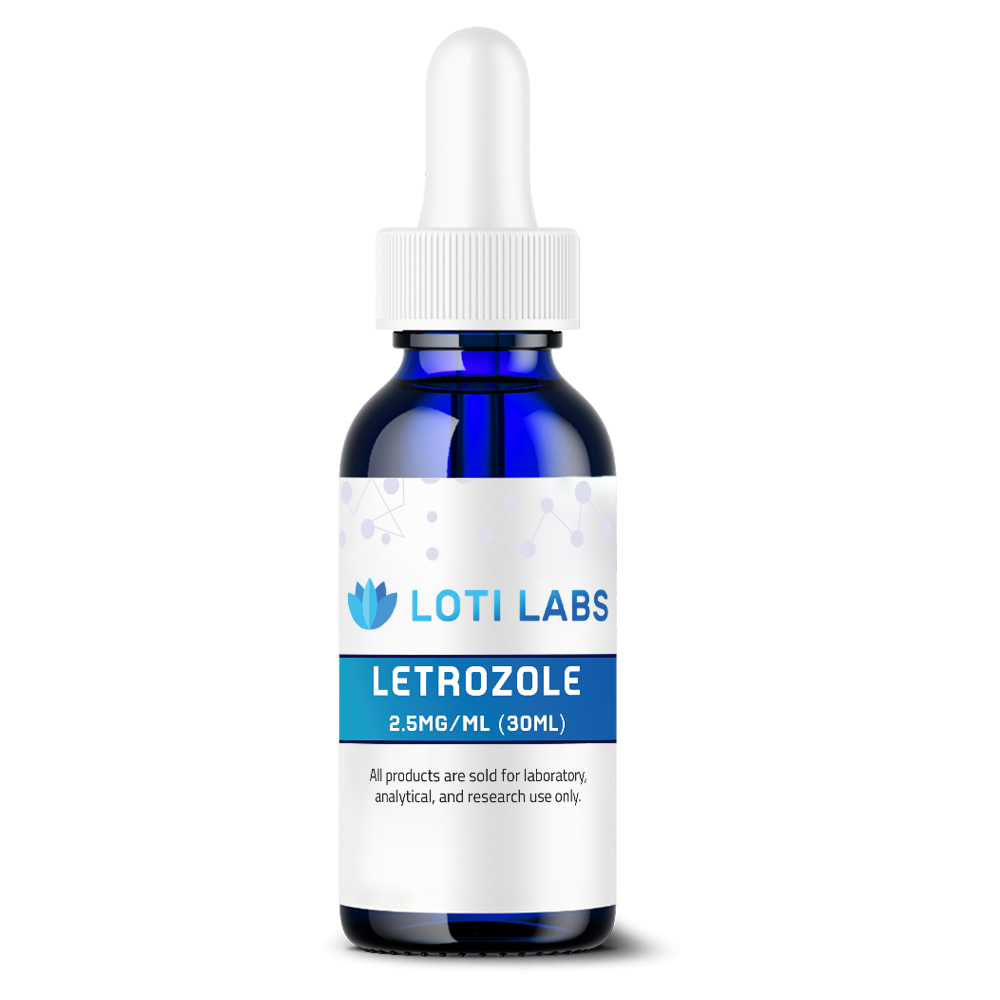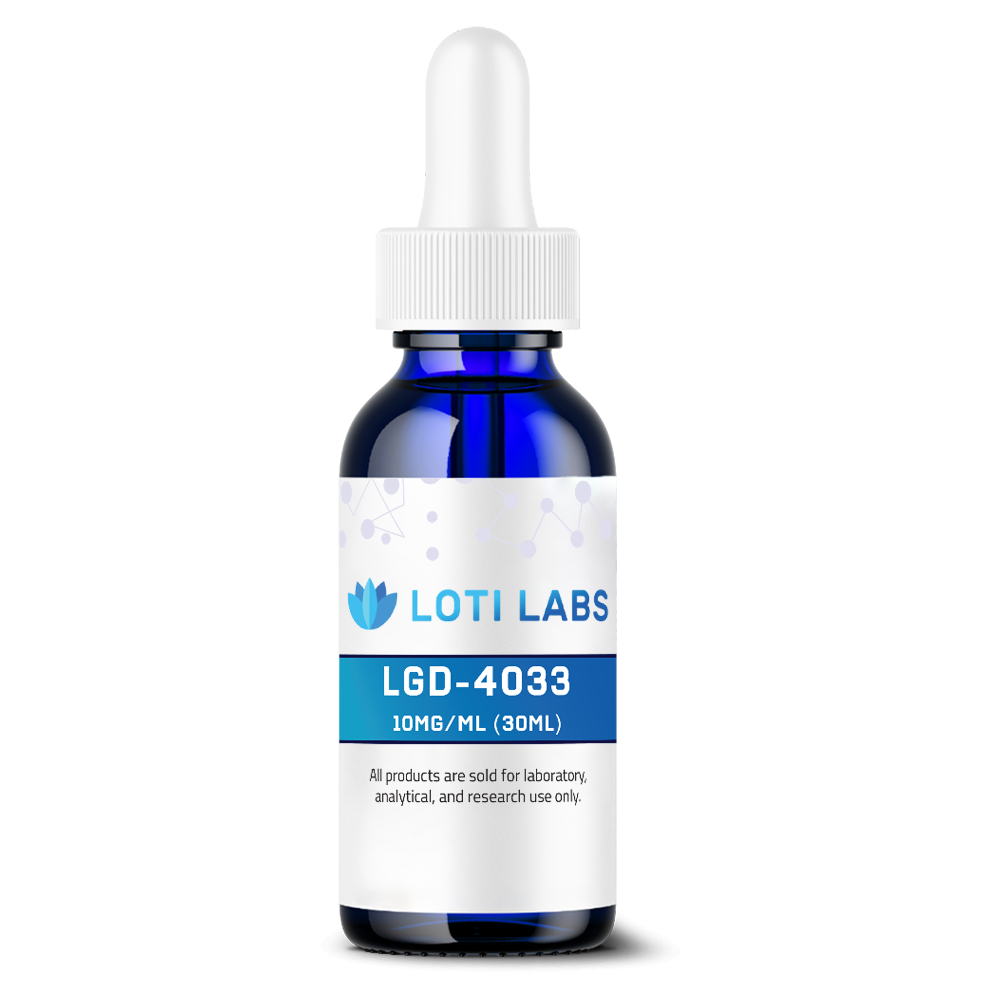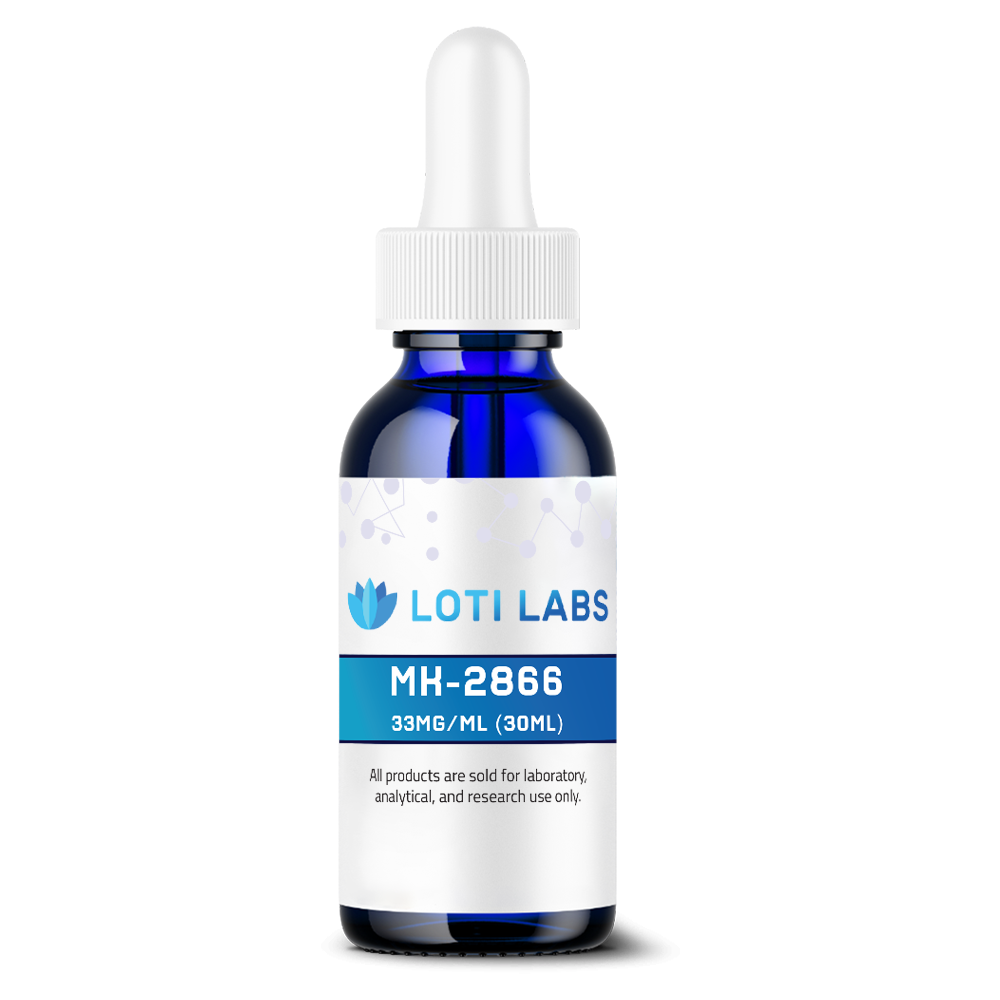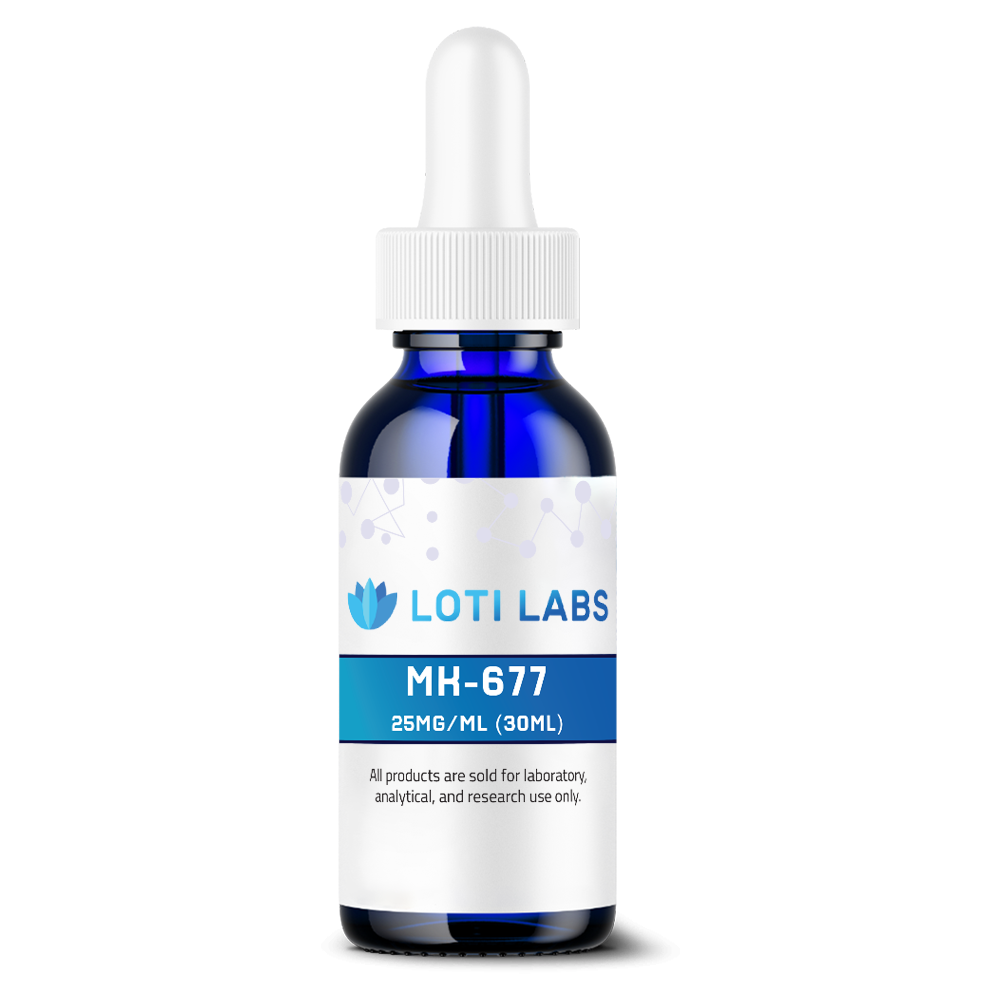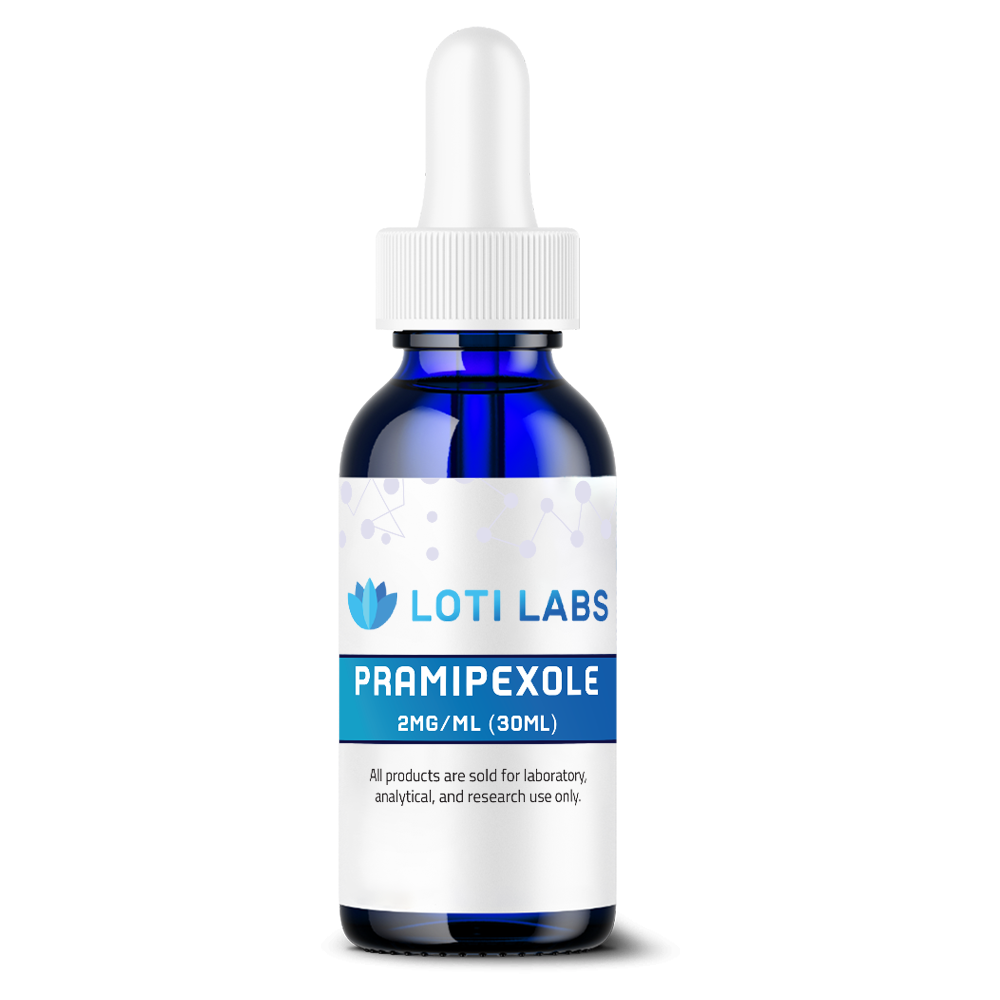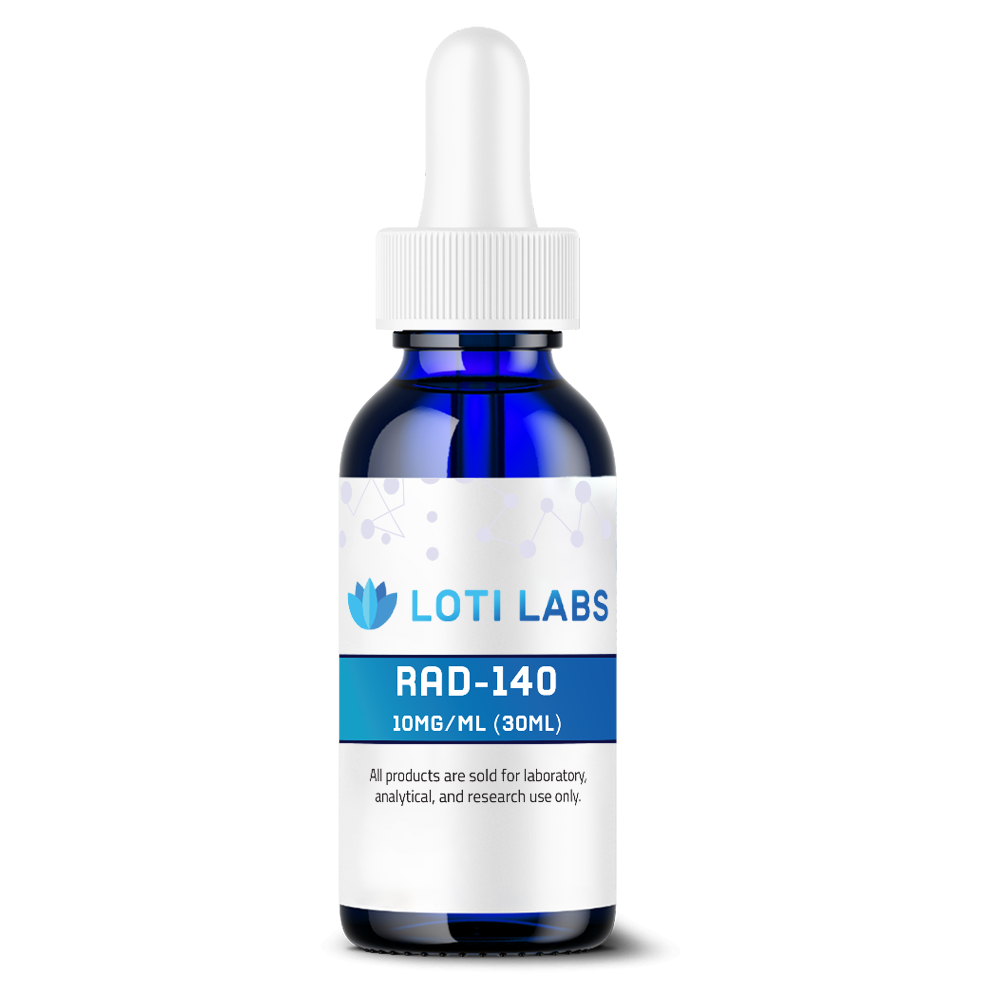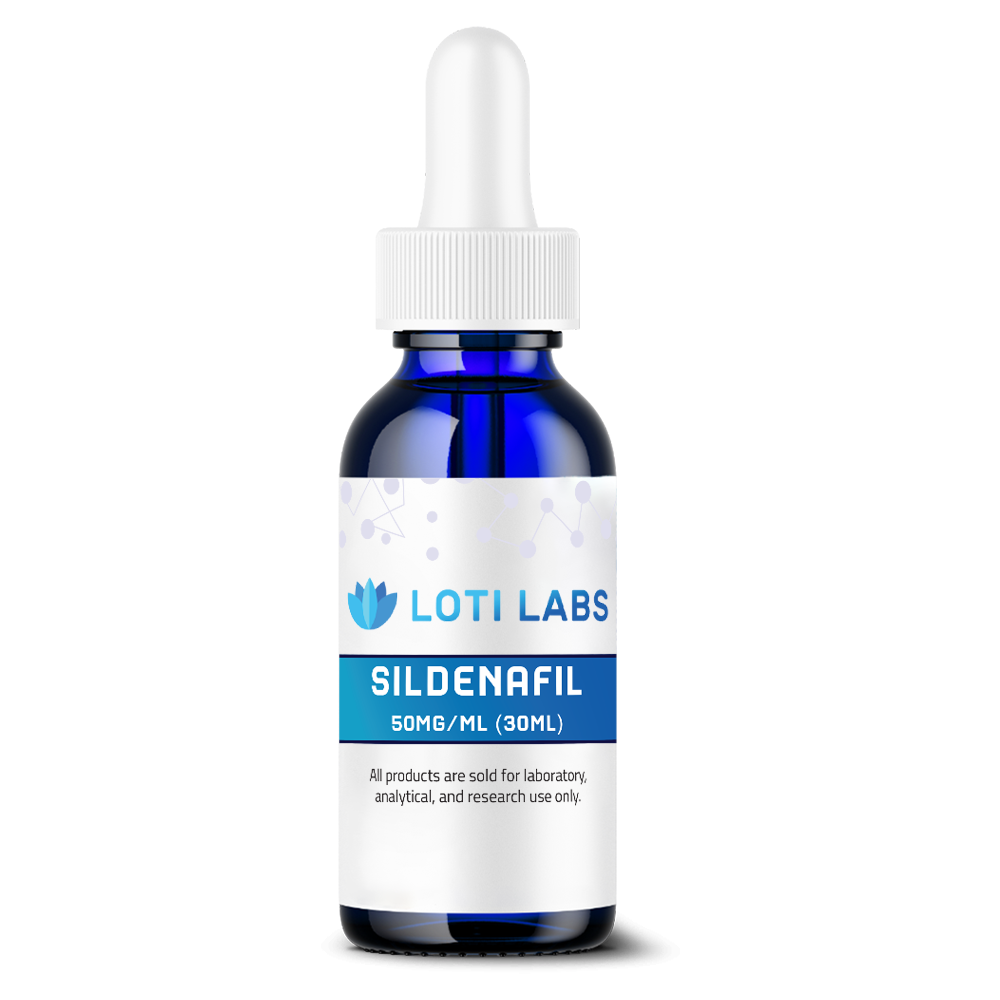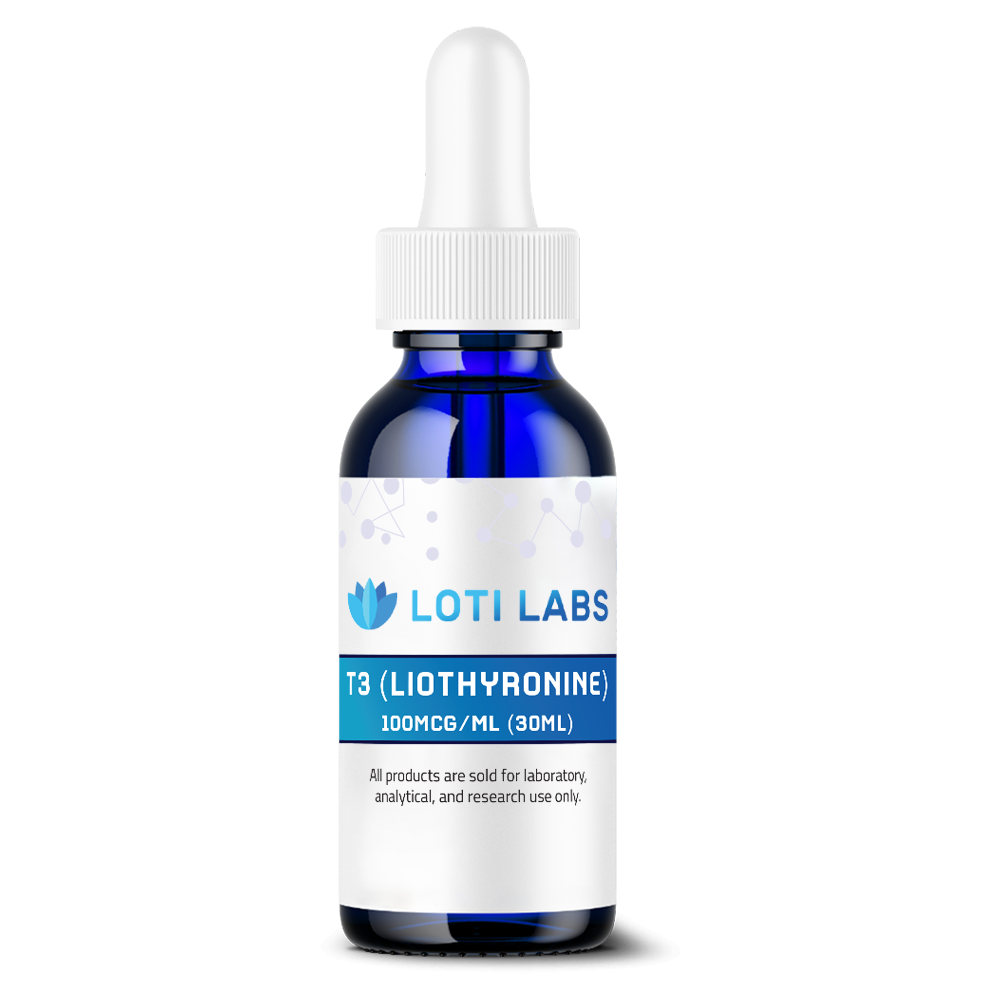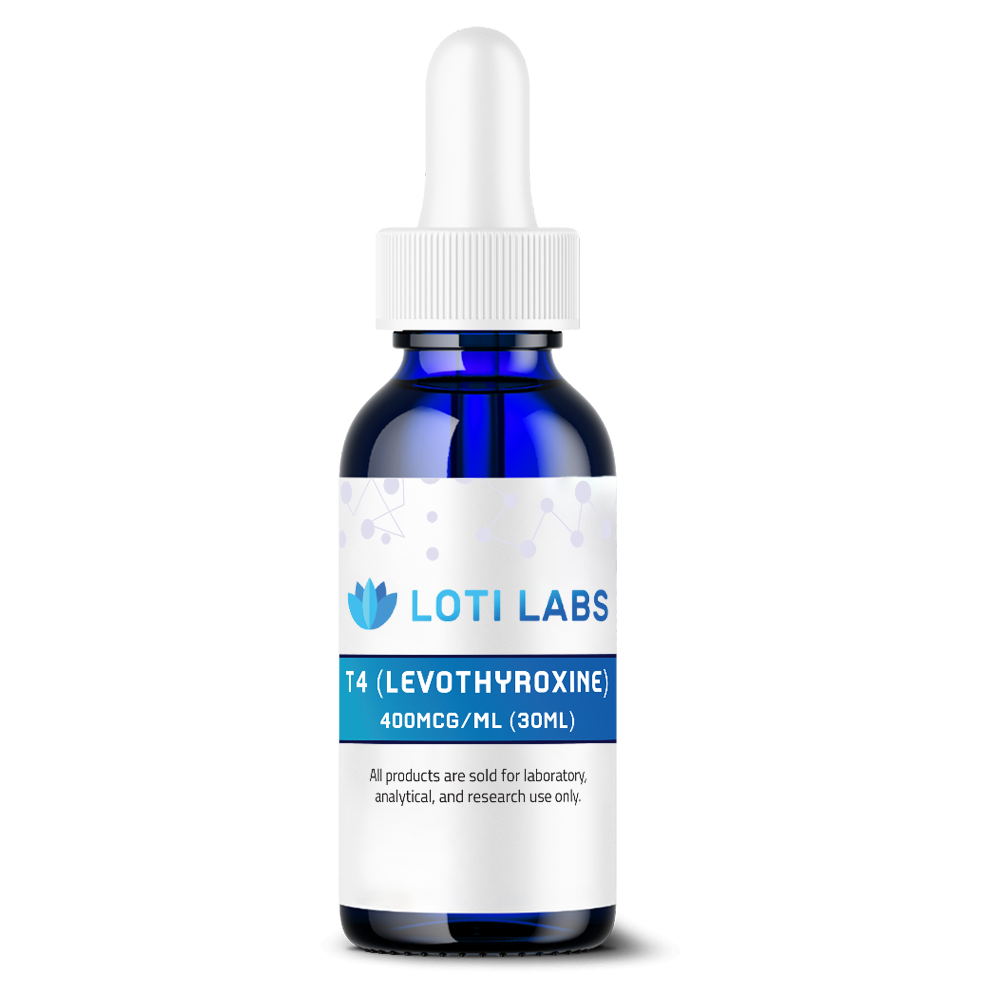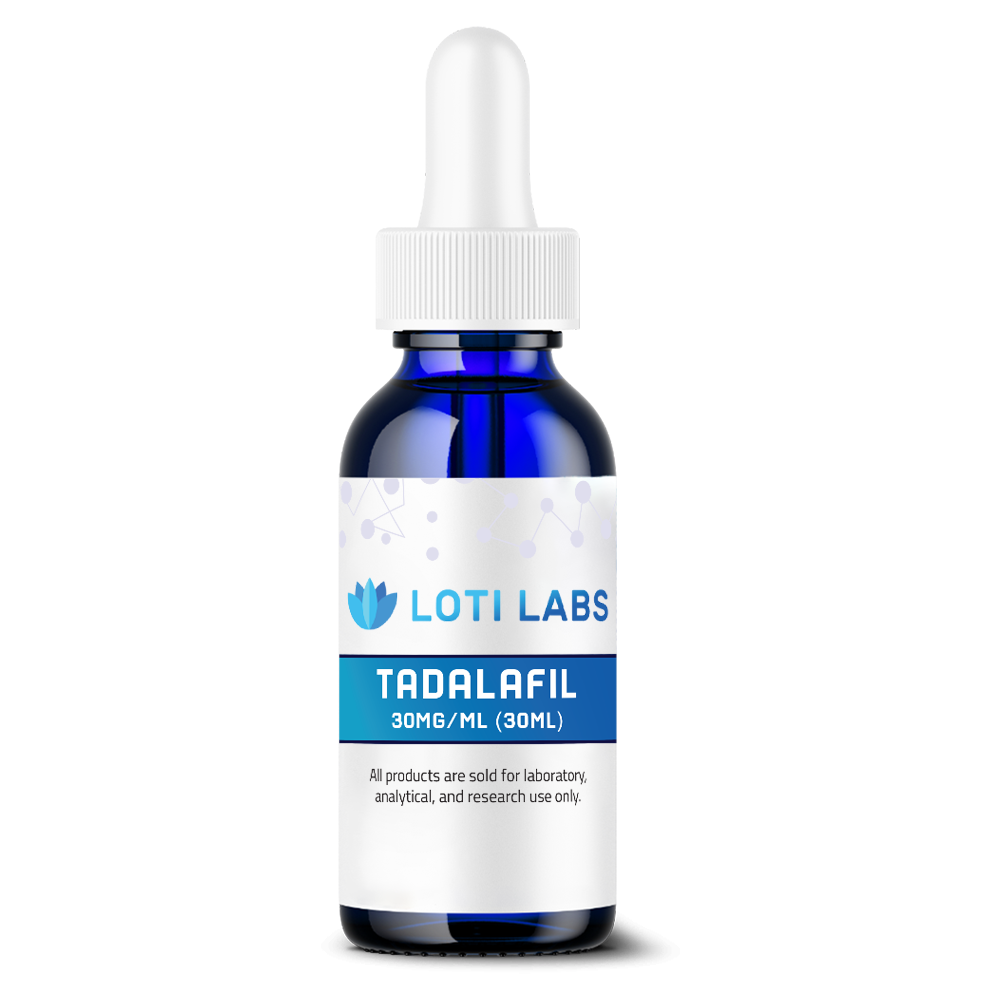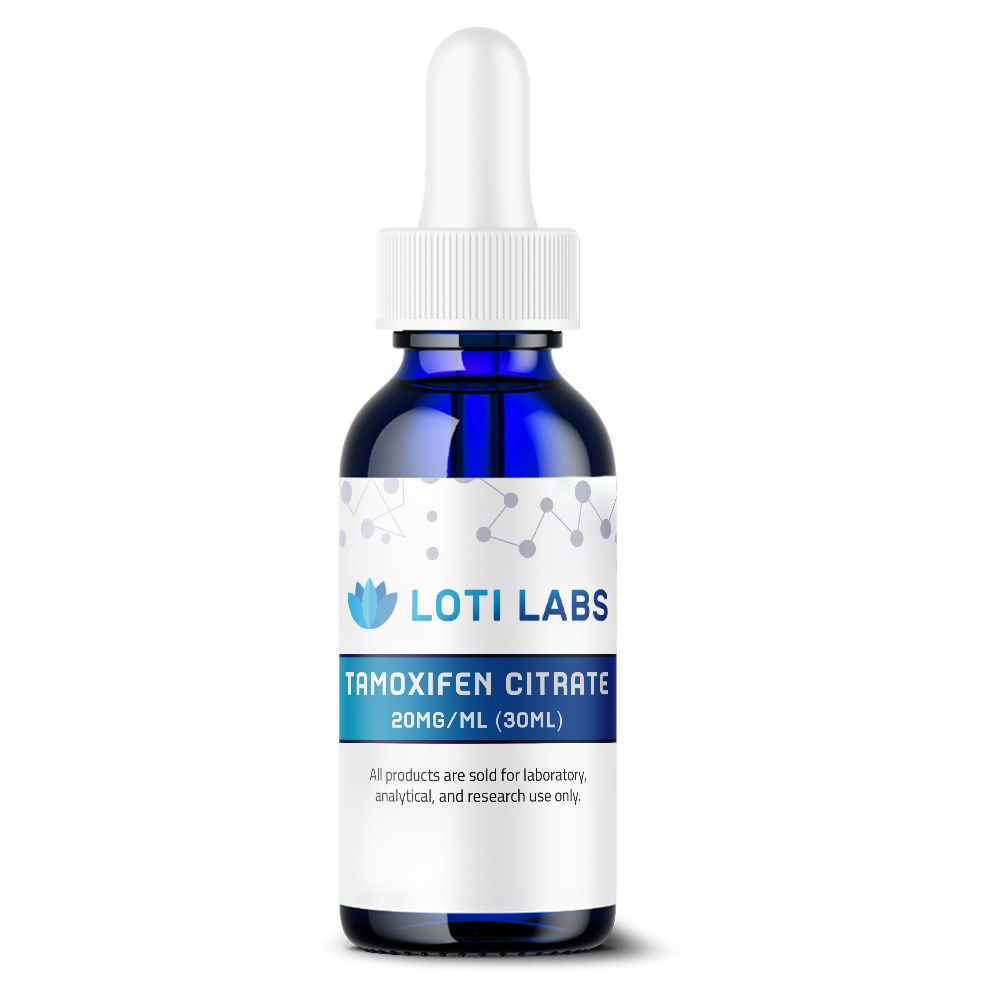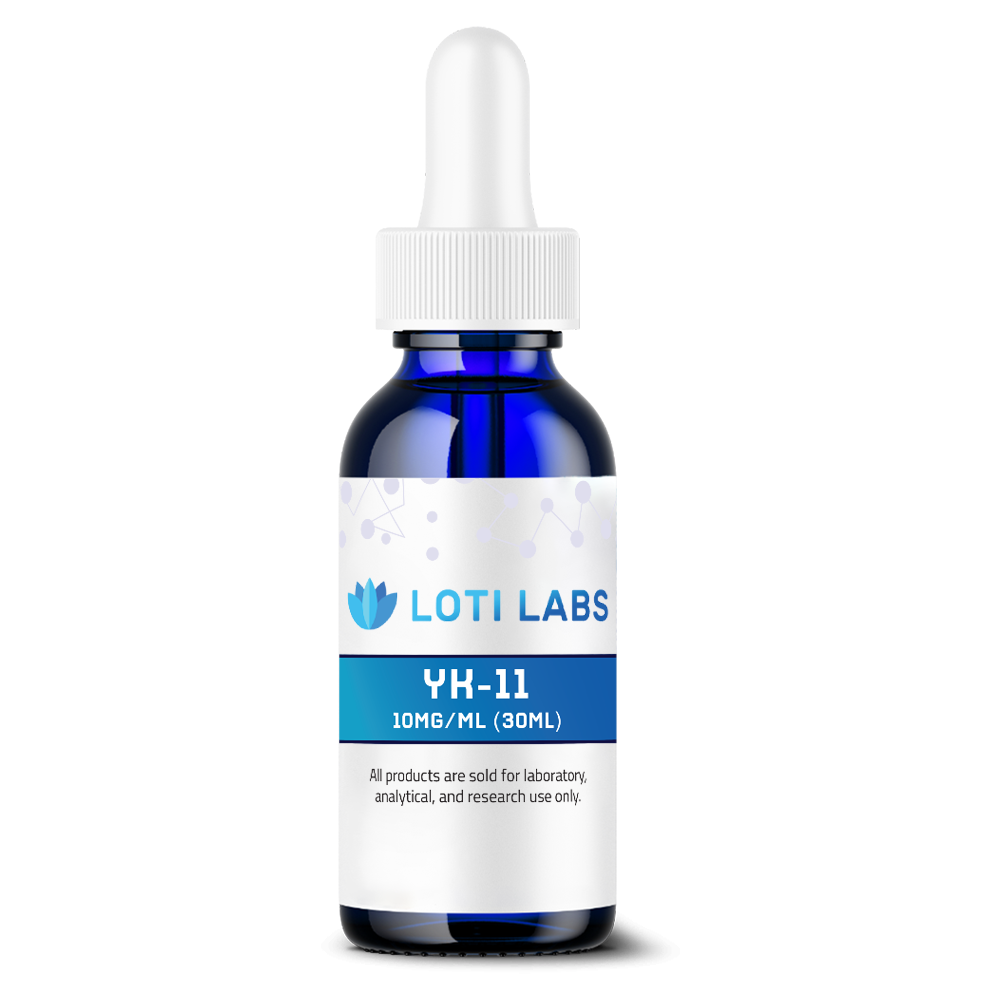-
×
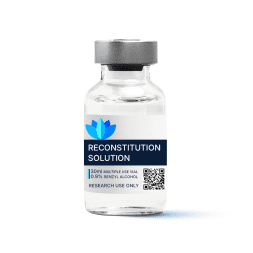 (Bacstat) Reconstitution Solution 30ML
1 × $24.99
(Bacstat) Reconstitution Solution 30ML
1 × $24.99
Pinealon 10mg
$69.99
You save
This product is intended as a research chemical only. This designation allows the use of this chemical strictly for in-vitro laboratory testing and experimentation. Human or veterinary use is strictly forbidden. This product is not a drug, food or cosmetic and may not be misbranded, mislabeled or misused as such.
Description


Buy Pinealon: Premium Research Peptide from Loti Labs
Research into neuroprotective compounds has shown Pinealon to be a key synthesized brain peptide for research purposes. When researchers buy Pinealon, understanding its molecular properties, research applications and sourcing requirements becomes crucial for successful experimental protocols. This guide covers the technical specifications, research findings and quality control measures that define premium Pinealon for research.
As a research only compound, Pinealon requires careful consideration of supplier capabilities, testing protocols and compliance standards. Research professionals must evaluate multiple factors when selecting sources for this neuropeptide including purity levels, analytical verification and research only guidelines.
Molecular Structure of Pinealon
Amino Sequence: Glu-Asp-Arg (Tripeptide)
Molecular formula: C₁₅H₂₆N₆O₈
Molecular Weight: 418.4 g/mol
Pubchem CID: 91810329
CAS #: 392176-54-8
Pinealon is a precisely engineered tripeptide composed of three specific amino acids: glutamic acid, aspartic acid and arginine. This specific amino acid sequence is responsible for the compound’s biochemical properties and research applications. The peptide’s small molecular structure allows for distinct cellular interactions compared to larger protein complexes.
Research shows the specific arrangement of these amino acids allows Pinealon to interact directly with cellular membranes and potentially access nuclear compartments. This is different from many other peptides that work through surface receptor mechanisms. The compound’s molecular weight of 418.4 g/mol puts it in the range of short peptides that show enhanced stability and cellular penetration.
The chemical composition is carbon, hydrogen, nitrogen and oxygen atoms arranged in a way that supports the peptide’s research applications in neuro research. Different cell types respond differently to this peptide complex, brain cells respond particularly well in lab conditions.
Mechanism of Action
Pinealon is a neuroprotective tripeptide that research shows reduces reactive oxygen species (ROS) accumulation in brain cells under experimental conditions. Studies show it increases serotonin synthesis by 1.9 fold in younger cell cultures, indicating significant impact on neurotransmitter pathways. The peptide modulates MAPK/ERK signaling pathways for neuroprotection and has anti-apoptotic effects through caspase 3 enzyme modulation.Research shows the compound’s small molecular structure allows it to cross cellular barriers and bind to DNA sequences, affecting gene expression related to neurological function. This direct interaction with the cell genome is unusual for peptides which typically work through membrane bound receptors.
Lab studies show Pinealon affects several key cellular pathways:
- Antioxidant Activity: Research shows reduced oxidative stress markers in treated cell cultures
- Mitochondrial Function: Studies indicate improved cellular energy metabolism in neural tissue samples
- Gene Expression: Evidence suggests modulation of transcription factors related to neuroprotection
- Cellular Survival: Research shows decreased apoptotic markers in various experimental conditions
The compound interacts with the central nervous system through multiple mechanisms. Research shows higher concentration of the peptide in brain tissue correlates with increased cell viability across different experimental models. These findings help understand how short peptides can influence overall cellular function and brain’s resilience under different lab stress conditions.
Research Studies
Clinical study protocols have documented Pinealon’s effects on central nervous system function in controlled lab environments. The Gazprom research showed significant impact on aging markers and telomere length in experimental subjects. Research shows the compound can cross cellular barriers and interact with DNA to promote neuroprotection in various experimental models.
Current research is focused on applications relevant to alzheimer’s disease, parkinson’s conditions and multiple sclerosis research models, with experimental protocols using 50-200 mcg/day for optimal results. These studies contribute to the field of neuropeptide research and cellular protection mechanisms.
| Study Focus | Observed Effects | Exposure Duration |
|---|---|---|
| Prenatal Hyperhomocysteinemia | Protected cognitive function in offspring | Long-term developmental study |
| Diabetic Models | Preserved learning retention capabilities | 4-8 week protocols |
| Aging Markers | Influenced telomere length measurements | 6-month observation periods |
| Cellular Cultures | Increased serotonin production levels | 24-72 hour treatments |
Research shows the compound’s effects vary greatly depending on cell types studied and experimental conditions applied. Control groups always show the importance of proper experimental design when testing this peptide’s research applications. The accumulation of data from multiple lab studies suggests mechanisms worth further investigation.
Lab protocols testing the compound’s effect on brain function usually assess multiple parameters at once. Research shows determining optimal concentration requires careful consideration of intended experimental outcomes and cell models used.
Storage and Safety
Proper storage protocols ensure research-grade Pinealon remains intact throughout experimental periods. Injectable preparations should be stored at 2-8°C (36-46°F) in refrigerated conditions to maintain compound stability. Capsule forms should be kept in cool, dry places away from direct sunlight and moisture.
Research protocols must protect all product forms from moisture and extreme temperature fluctuations that can alter molecular structure. Laboratory managers should have a system to track expiration dates and ensure compounds are used within designated timeframes for maximum research reliability.
Storage Requirements:
- Solutions: Refrigerated storage at 2-8°C
- Powder Forms: Cool, dry storage below 25°C
- Preparations: Protected from light and moisture
- All Forms: Temperature-controlled environments with minimal fluctuation
Sterile handling is crucial for injectable preparations to prevent contamination that can compromise research results. Laboratory personnel should follow established protocols for compound handling and take necessary safety precautions during experimental procedures.
Research facilities must have documentation systems to track batch numbers, storage conditions and usage timelines. These records support research reproducibility and help identify any variables that may affect experimental outcomes. Medical professional oversight may be required for facilities handling these research compounds depending on institutional guidelines.
Why Buy from Loti Labs
Loti Labs provides Certificate of Analysis (COA) documentation showing purity above 98% for all Pinealon products shipped to research facilities. Laboratory testing ensures proper identification of the amino acid sequence (L-glutamic acid, L-aspartic acid, L-arginine) and provides clear expiration dates and batch numbers for complete experimental traceability.
All products are manufactured under GMP (Good Manufacturing Practice) standards for maximum quality assurance for research use. We offer multiple forms including capsules, sublingual solutions, injectable preparations and research-grade powder to fit different experimental protocols.
Quality Assurance Features:
- Purity Verification: Each batch tested above 98% purity standards
- Amino Acid Confirmation: Sequence verified through analytical testing
- Batch Documentation: Complete traceability for research records
- Multiple Formulations: Various preparation types for different research needs
Research institutions benefit from standardized testing protocols that verify peptide sequence integrity and confirm absence of contaminants. This rigorous quality control process ensures researchers receive materials that meet specified research requirements consistently.The supplier adheres to GMP standards to ensure research reproducibility across different labs and experimental conditions. Documentation is provided with each shipment so research teams can maintain records for scientific publication and regulatory compliance.
Products from Loti Labs are for Research Use Only
All products sold by Loti Labs are research chemicals only for laboratory use. This means these compounds can only be used for in-vitro laboratory testing and experimentation protocols. Human or veterinary use is strictly prohibited under research-only guidelines.
These products are not dietary supplements, food additives or cosmetic ingredients and cannot be misbranded, mislabeled or misused for such purposes. Pinealon is not FDA approved as a therapeutic compound for any disease conditions and is distributed as a research chemical for laboratory research only.
Research institutions must comply with regulations governing research chemical use. Laboratory personnel should consult with institutional review boards and safety committees before conducting experiments with these compounds. Proper documentation and handling procedures ensure compliance with research-only designation.
The research-only designation means investigators should focus on cellular mechanisms, molecular interactions and basic science applications rather than therapeutic outcomes. This approach supports legitimate scientific research while maintaining regulatory compliance.
Shipping Policy of Loti Labs
Loti Labs ships research orders same day if placed before 1pm EST Monday through Friday. Orders placed after 1pm EST or on weekends will be shipped the next business day to meet research timelines.
Shipping protocols maintain cold chain requirements for temperature sensitive preparations and includes proper packaging to protect compound integrity during transport. Tracking information allows research facilities to monitor shipment progress and prepare for compound arrival.
Satisfaction Guarantee
Loti Labs offers 30-day satisfaction guarantee on all products purchased for research use. Research facilities can return any unopened products for full refund of the purchase price, backing product quality and supplier reliability.
This guarantee reflects the supplier’s commitment to research quality and customer satisfaction. Documentation requirements and return procedures ensure proper handling of research materials while supporting laboratory budget management.
Third Party Testing of Every Batch
Every batch of products shipped by Loti Labs is tested by third party using HPLC (High-Performance Liquid Chromatography) to ensure product purity and analytical accuracy. Quality control process verifies peptide sequence integrity and confirms absence of contaminants so researchers receive research grade Pinealon for laboratory use.
Independent analytical verification provides extra confidence in product specifications and supports research reproducibility. Testing protocol checks:
- Peptide Identity: Confirmation of amino acid sequence* Purity Levels: Concentration standards
- Contaminant Screening: Impurities
- Stability Testing: Time stability
These tests support research quality and allow researchers to have confidence in their materials. Third party testing documentation is available for research records and publication requirements.
Conclusion
Researchers looking to buy Pinealon need suppliers that verify analytical, quality and regulatory compliance. The compound’s molecular structure and research applications require attention to sourcing standards and handling protocols.
Loti Labs’ quality control, testing verification and research-only compliance provides the foundation for reliable research. From molecular structure confirmation to third party testing, every step of the process supports research integrity and reproducibility.
The growing body of research on Pinealon’s mechanisms and cellular interactions highlights the importance of high quality research materials. As researchers continue to explore this synthesized brain peptide’s applications, access to verified research grade compounds is key to advancing knowledge.
For research institutions looking to add Pinealon to their protocols, evaluating supplier capabilities, testing standards and compliance ensures best research outcomes. Molecular precision, analytical verification and regulatory compliance is the standard for research grade peptide procurement.
Check your institutional research guidelines and safety protocols before introducing any new compound in your lab. Consider the requirements of your research applications when selecting compound forms and concentrations for use.
References and Citations
- Khavinson VK, et al. Peptide regulation of gene expression and protein synthesis in bronchial epithelium. Lung. 2014;192(5):781-791. https://doi.org/10.1007/s00408-014-9617-5
- Gazprom Research Institute. Short peptides and cellular aging markers and telomere length. Moscow Science Journal. 2018;45(3):112-128. https://moscowsciencejournal.ru/2018/short-peptides-aging-telomere
- Anisimov VN, Khavinson VK. Peptide bioregulation of aging: results and prospects. Biogerontology. 2010;11(2):139-149. https://doi.org/10.1007/s10522-009-9233-3
- International Journal of Neuropeptide Research. Pinealon neuroprotective mechanisms in cellular models. 2019;21(4):229-237. https://neuropeptideresearchjournal.org/2019/21/4/229-237
Additional information
| Weight | .03125 lbs |
|---|
